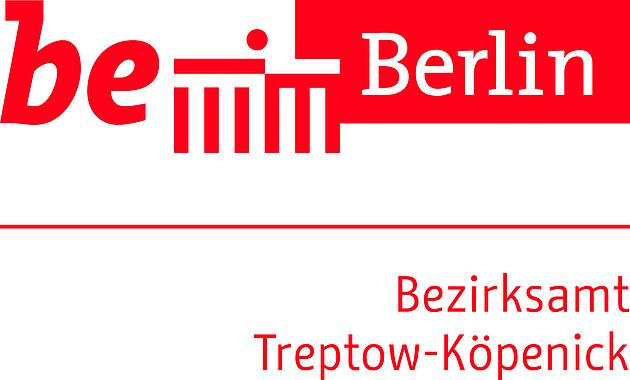EXIL ENSEMBLE "THE SCATTERED"
The ensemble "Die Zerstreuten" / "The Scattered" is a multicultural theatre group based in Berlin- Köpenick. We confront each other in a personal and creative way with the cultural contradictions and views that are discussed in everyday life and in the media.
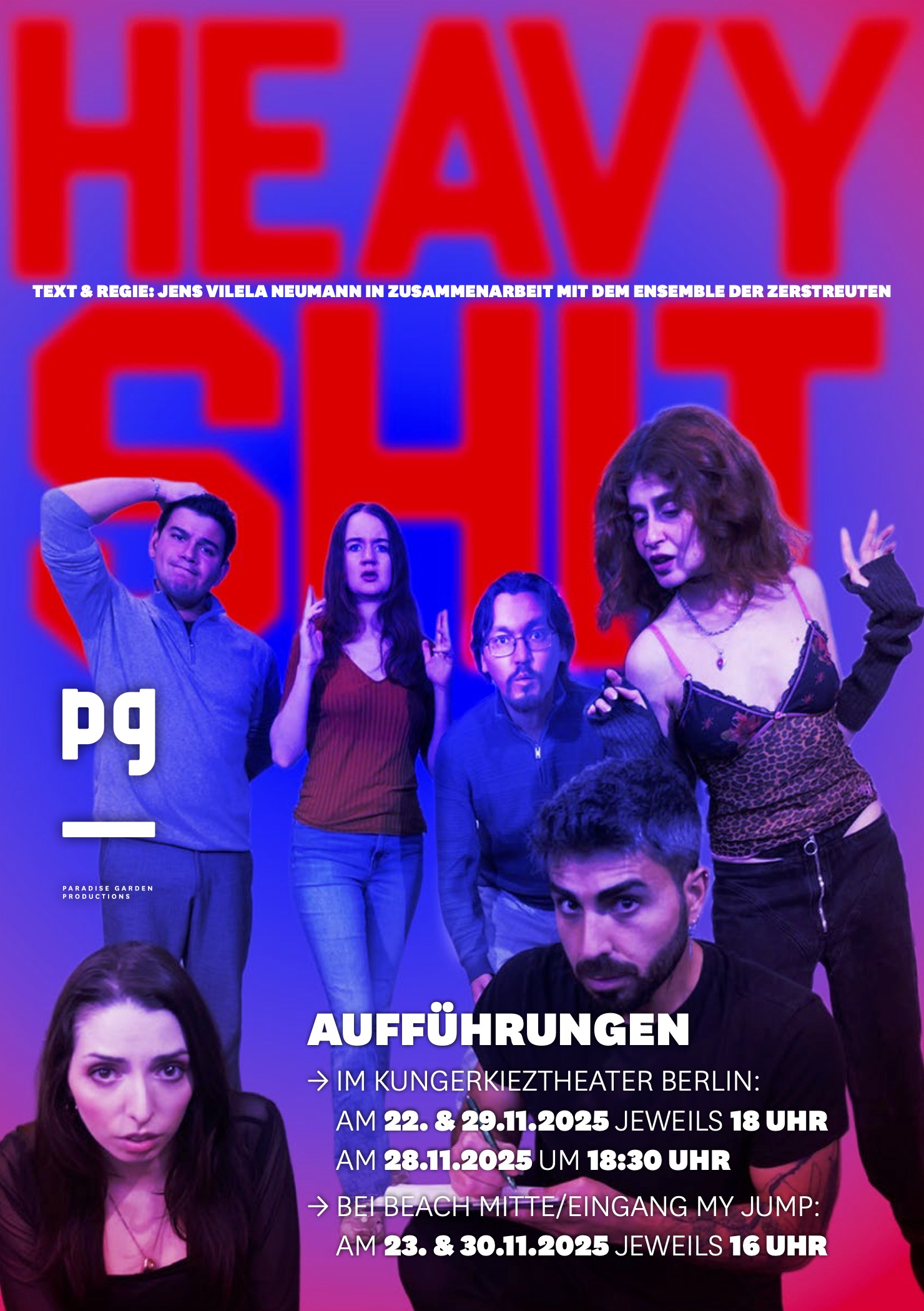
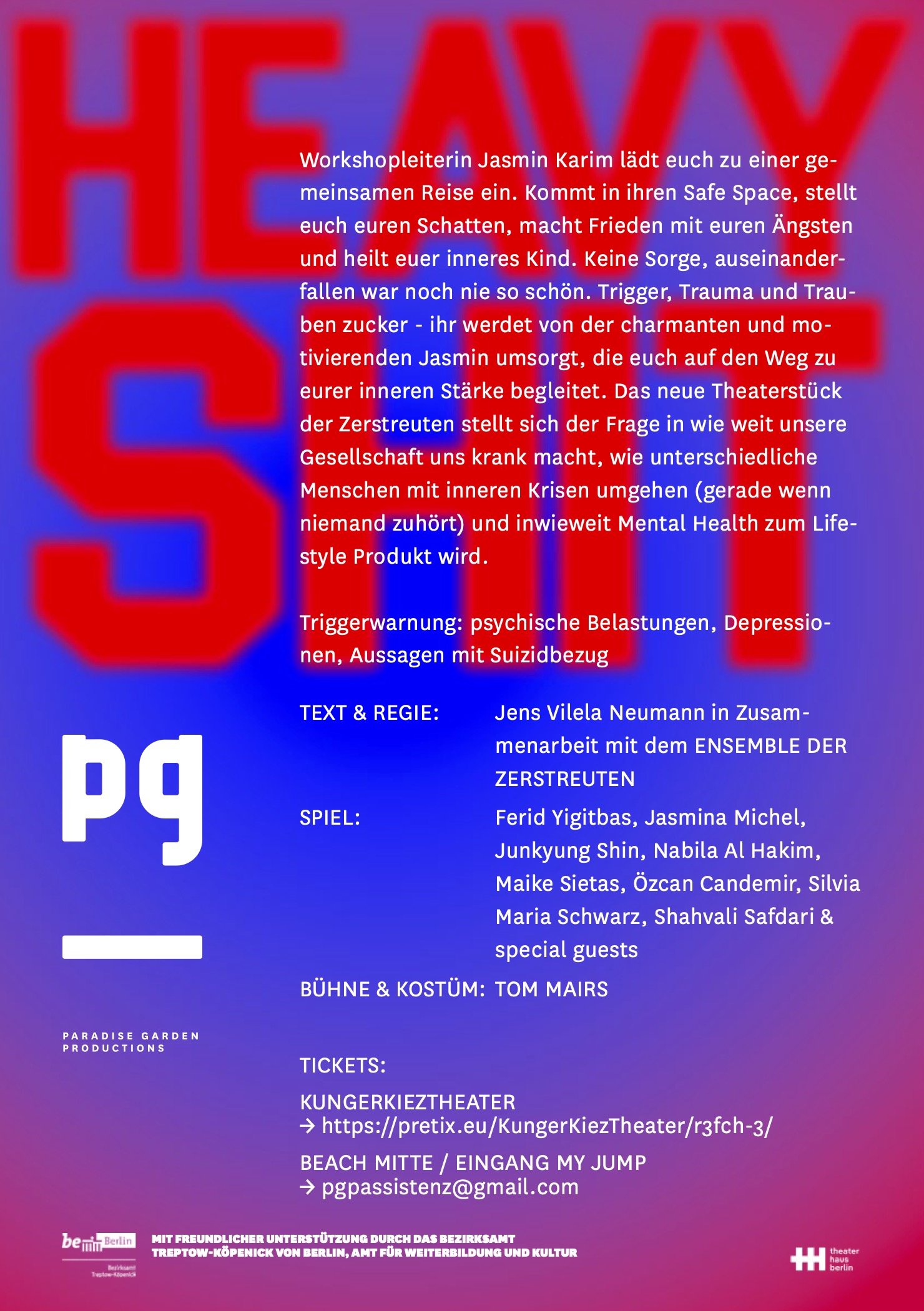
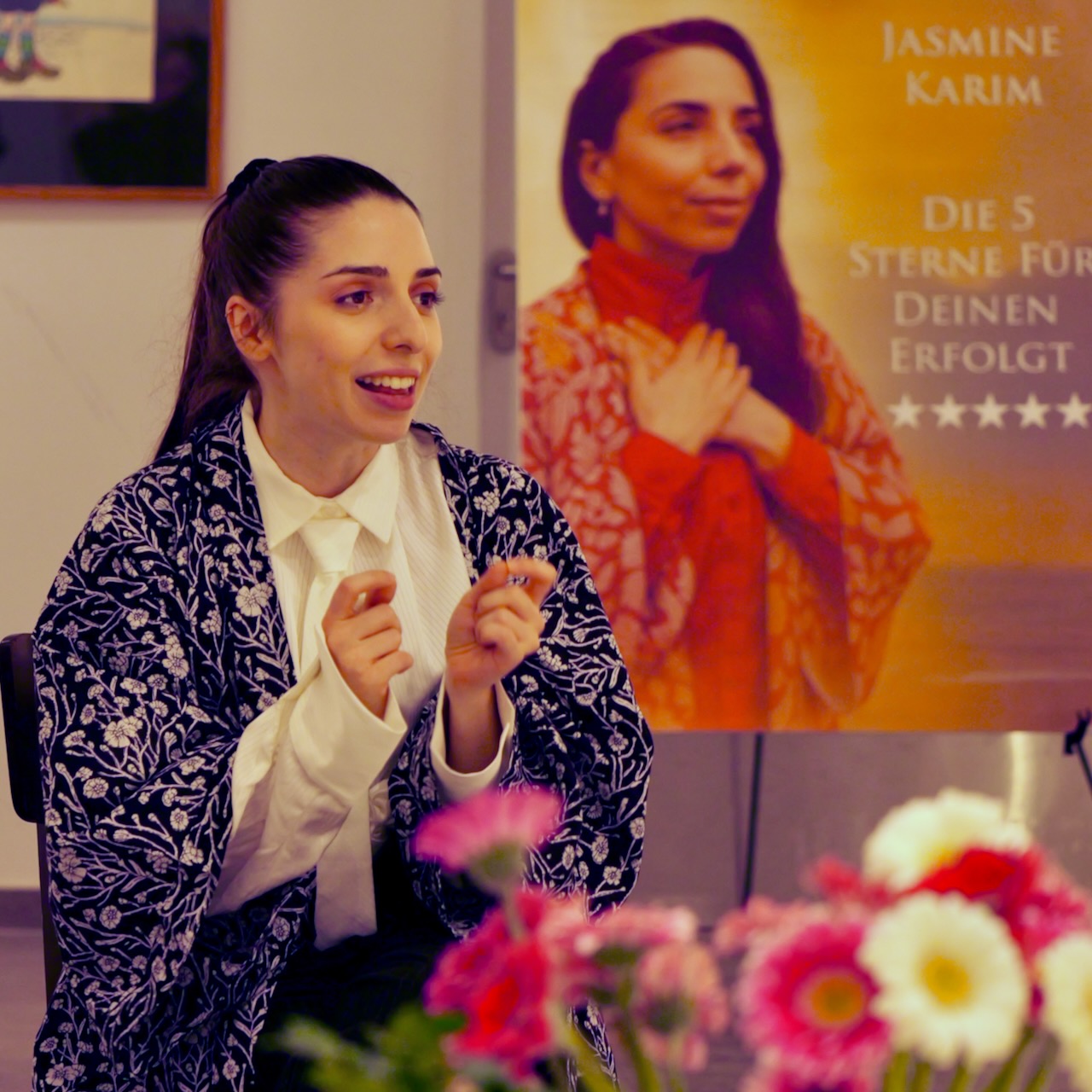
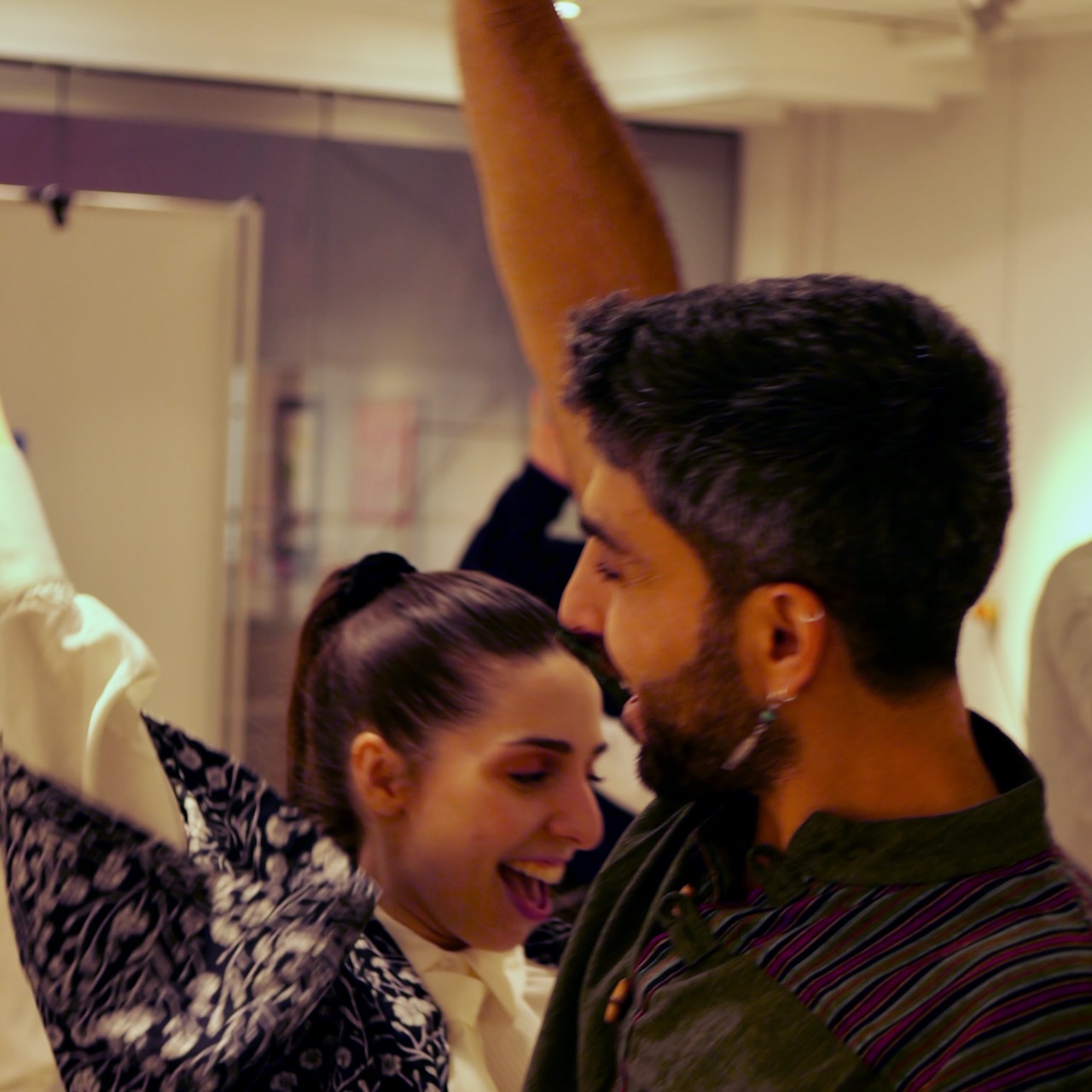
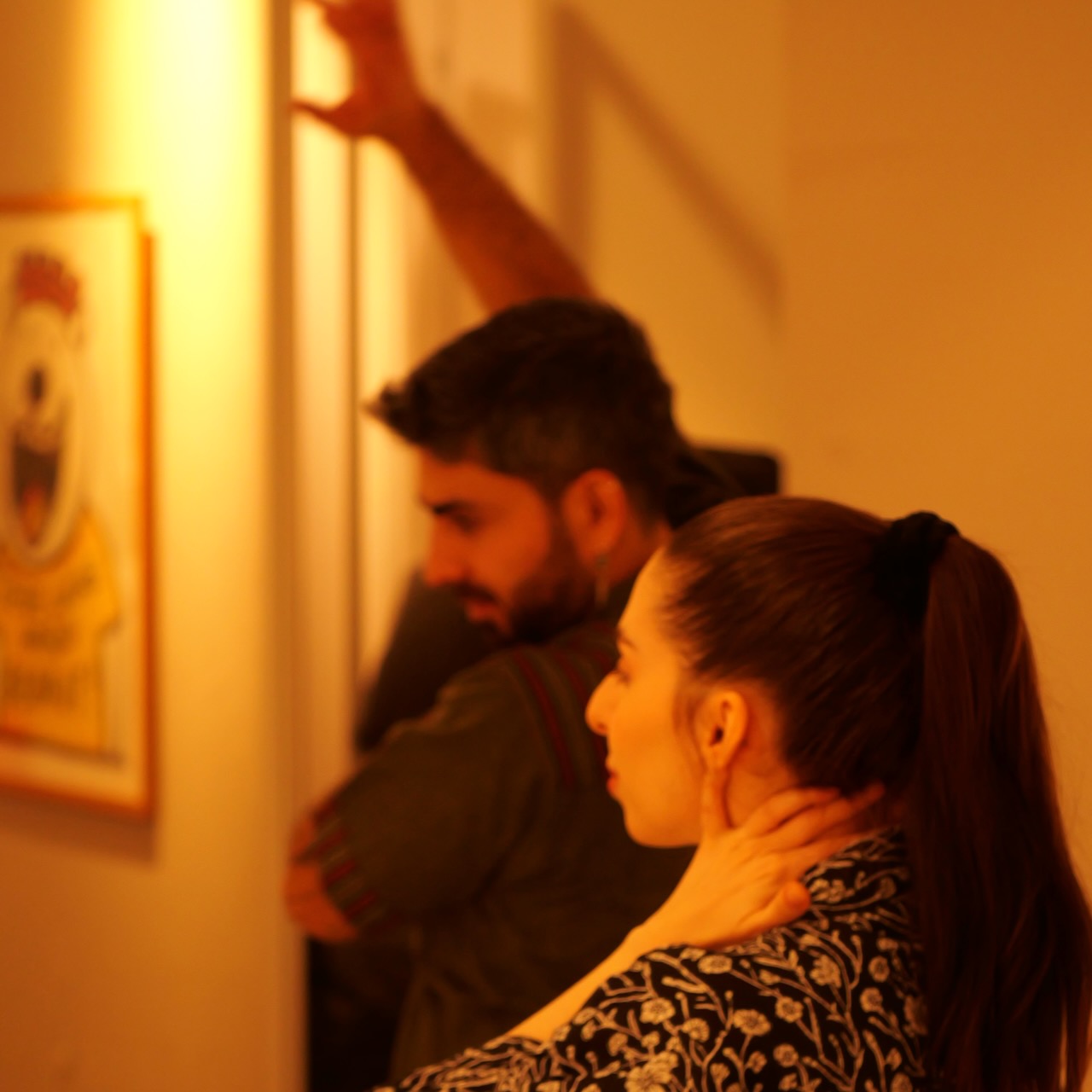
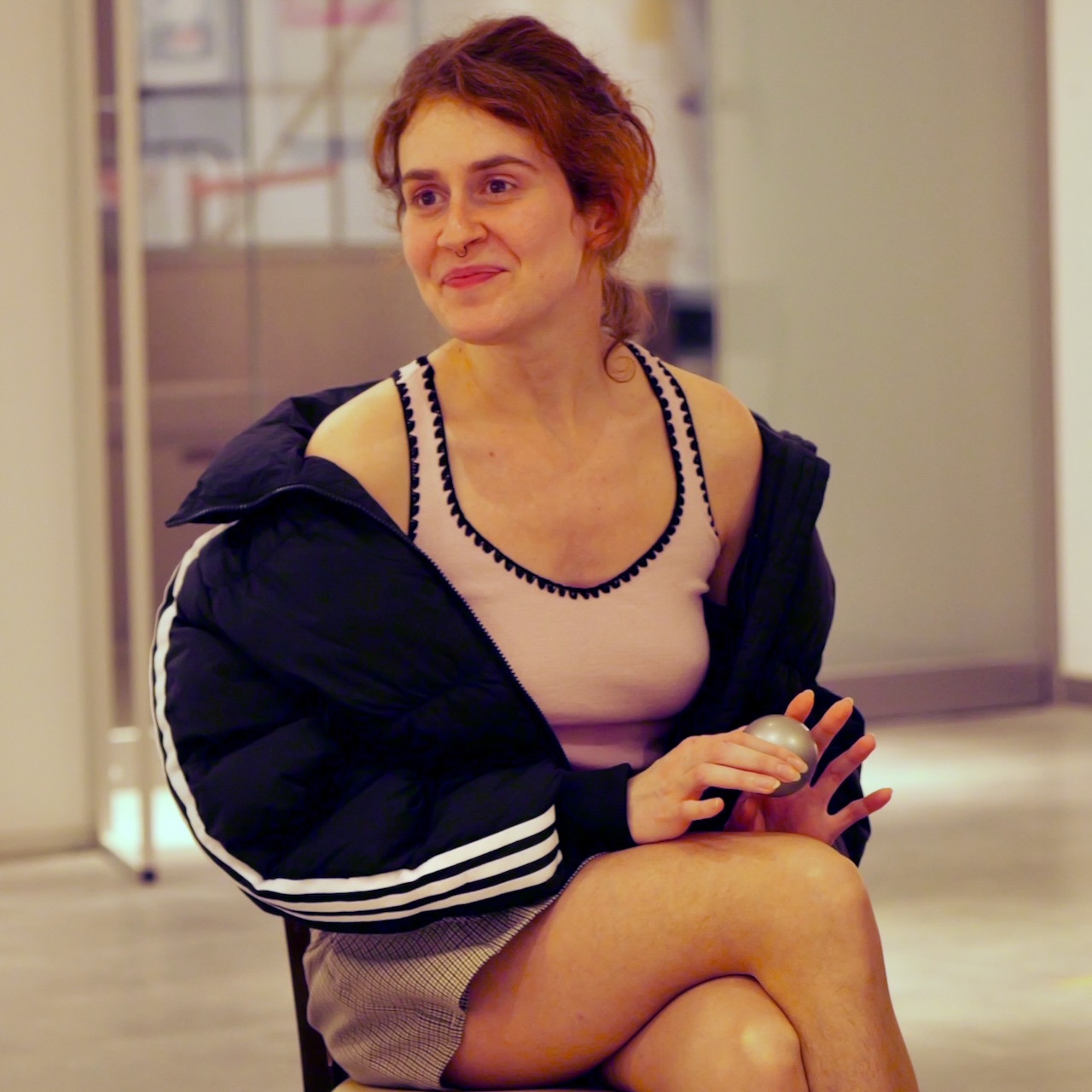
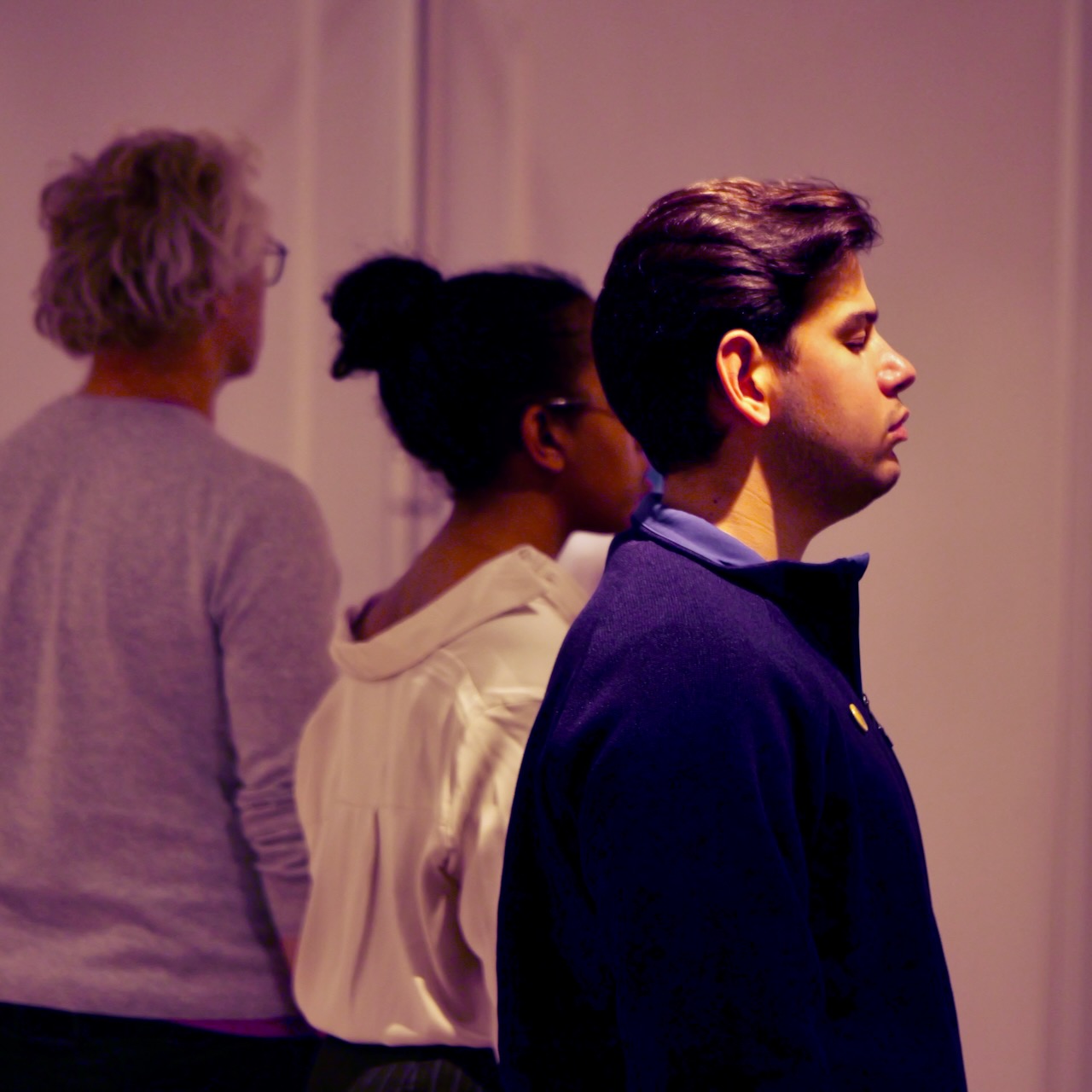
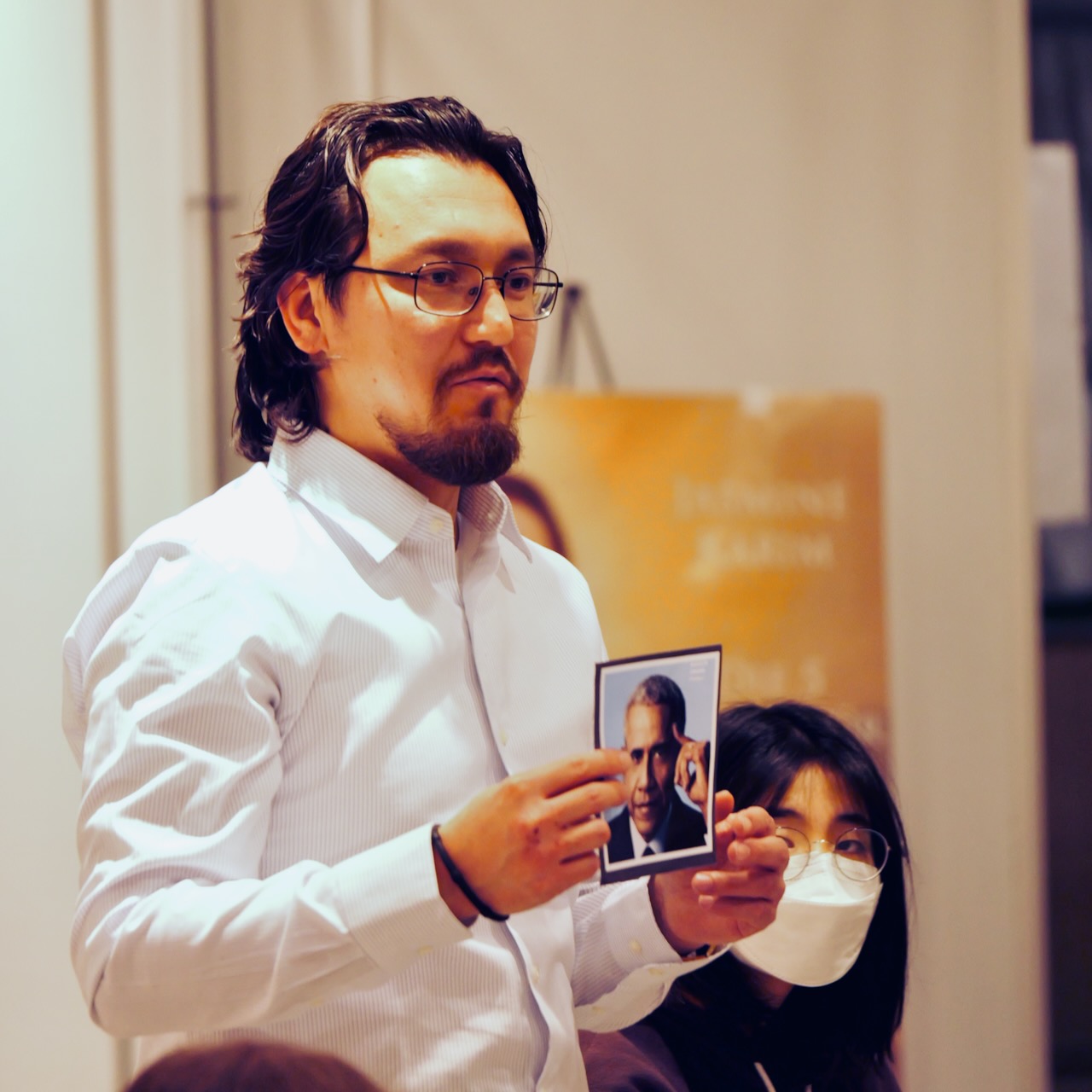
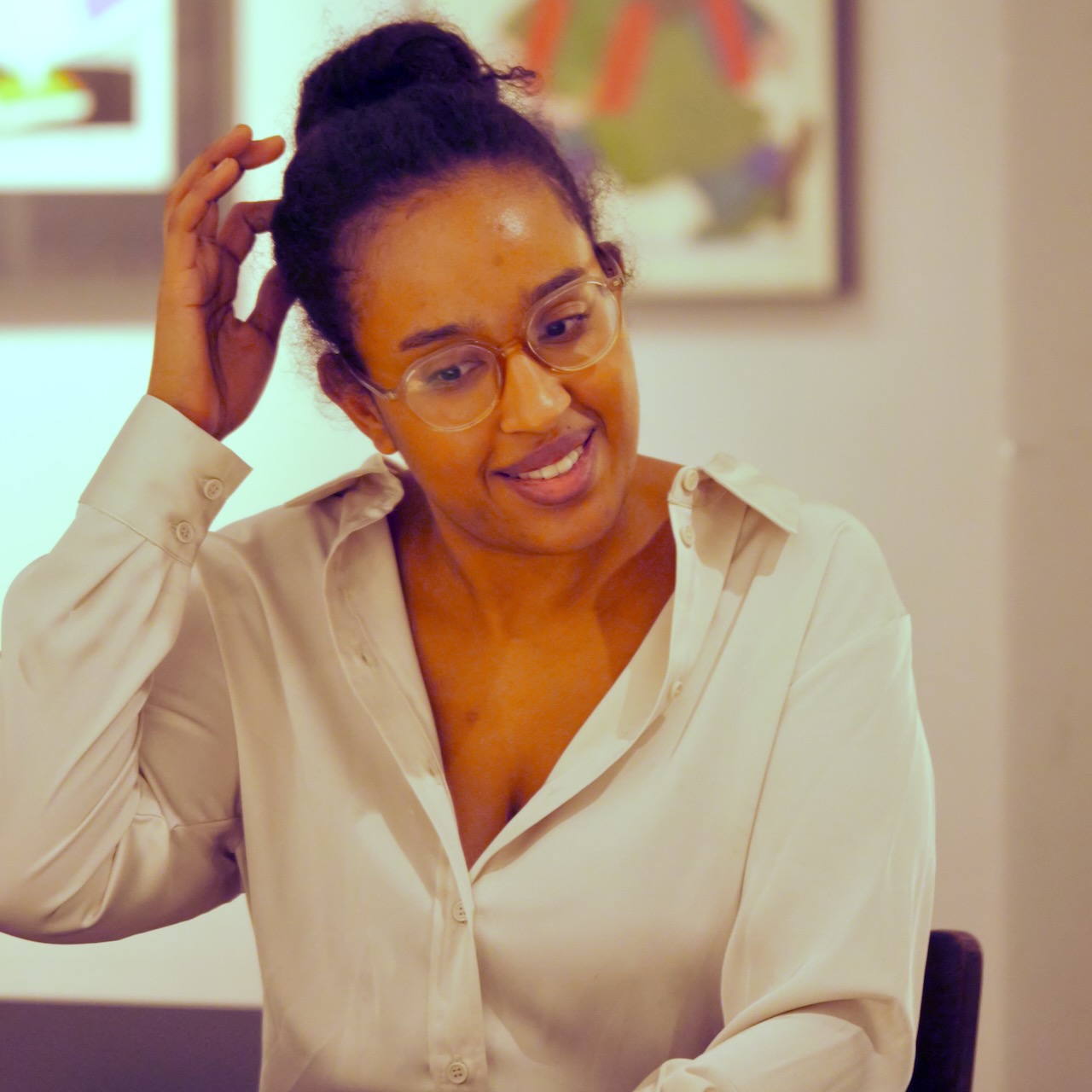
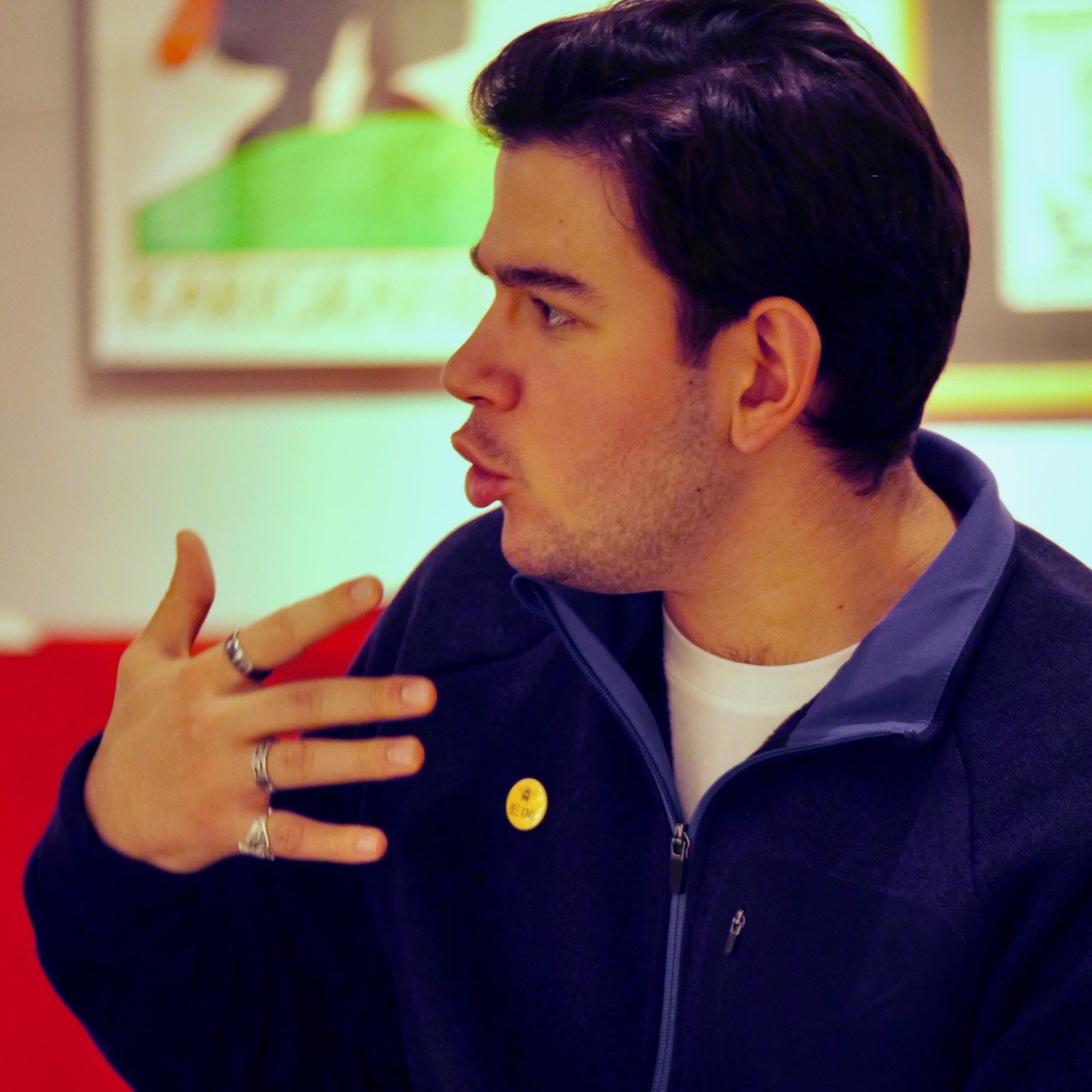
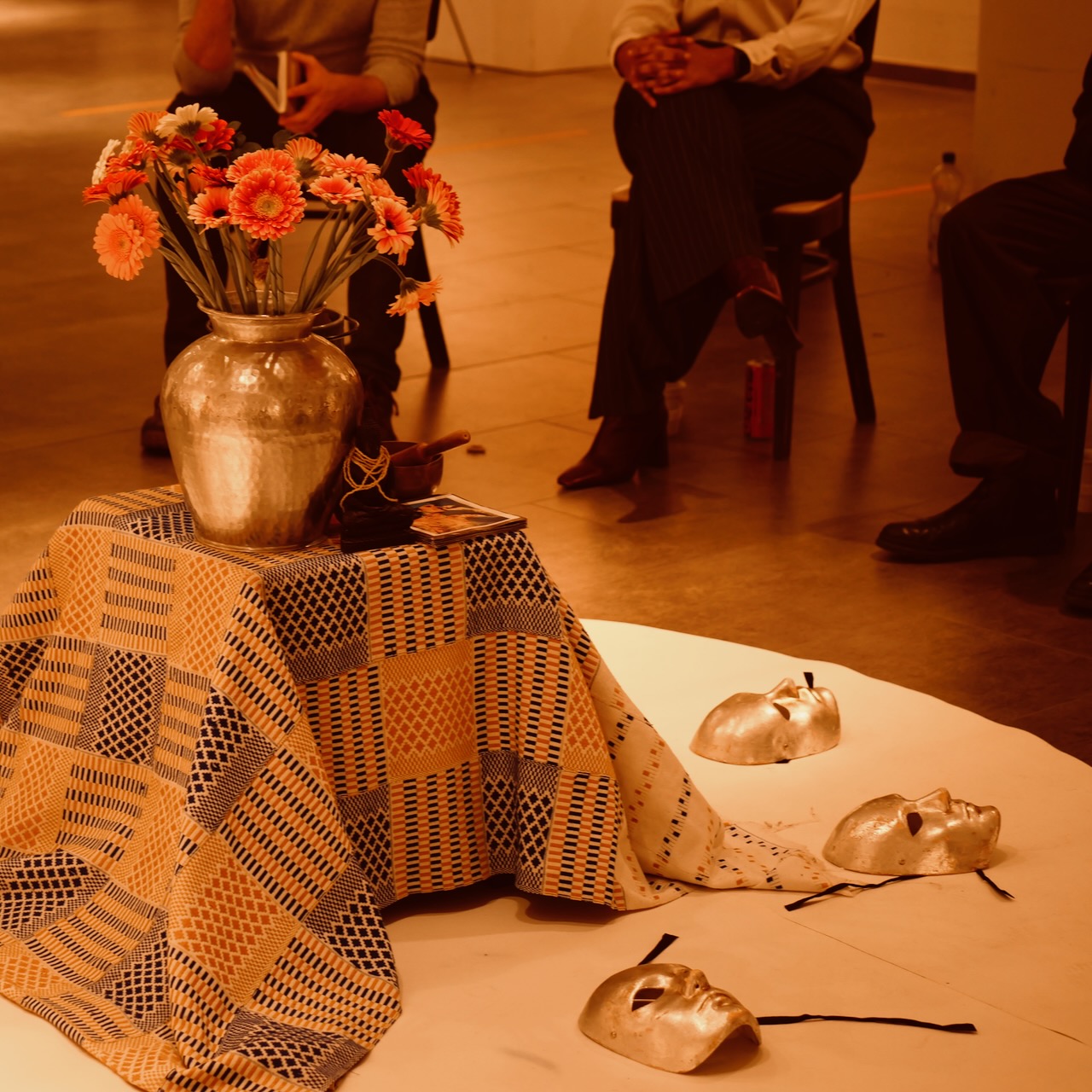
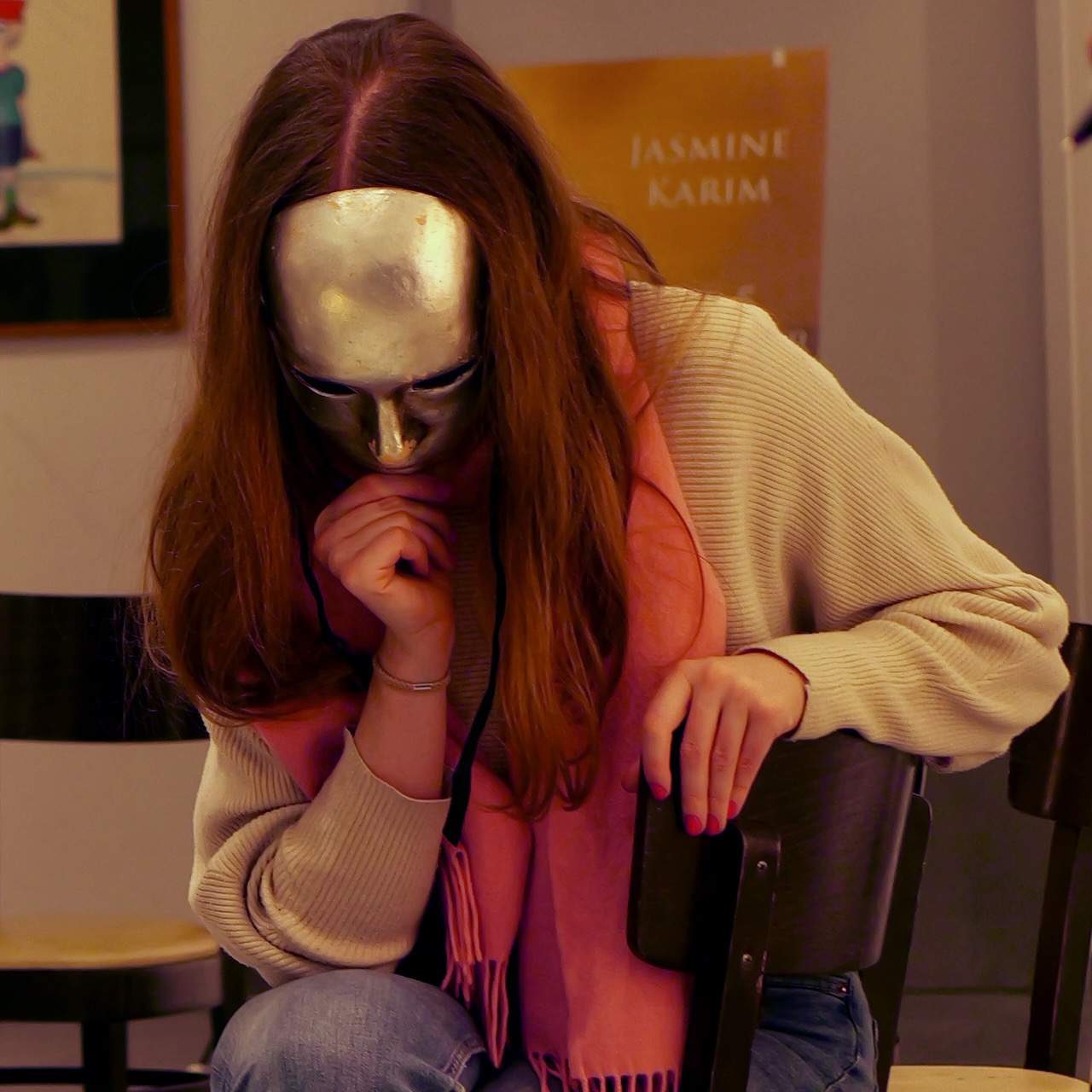
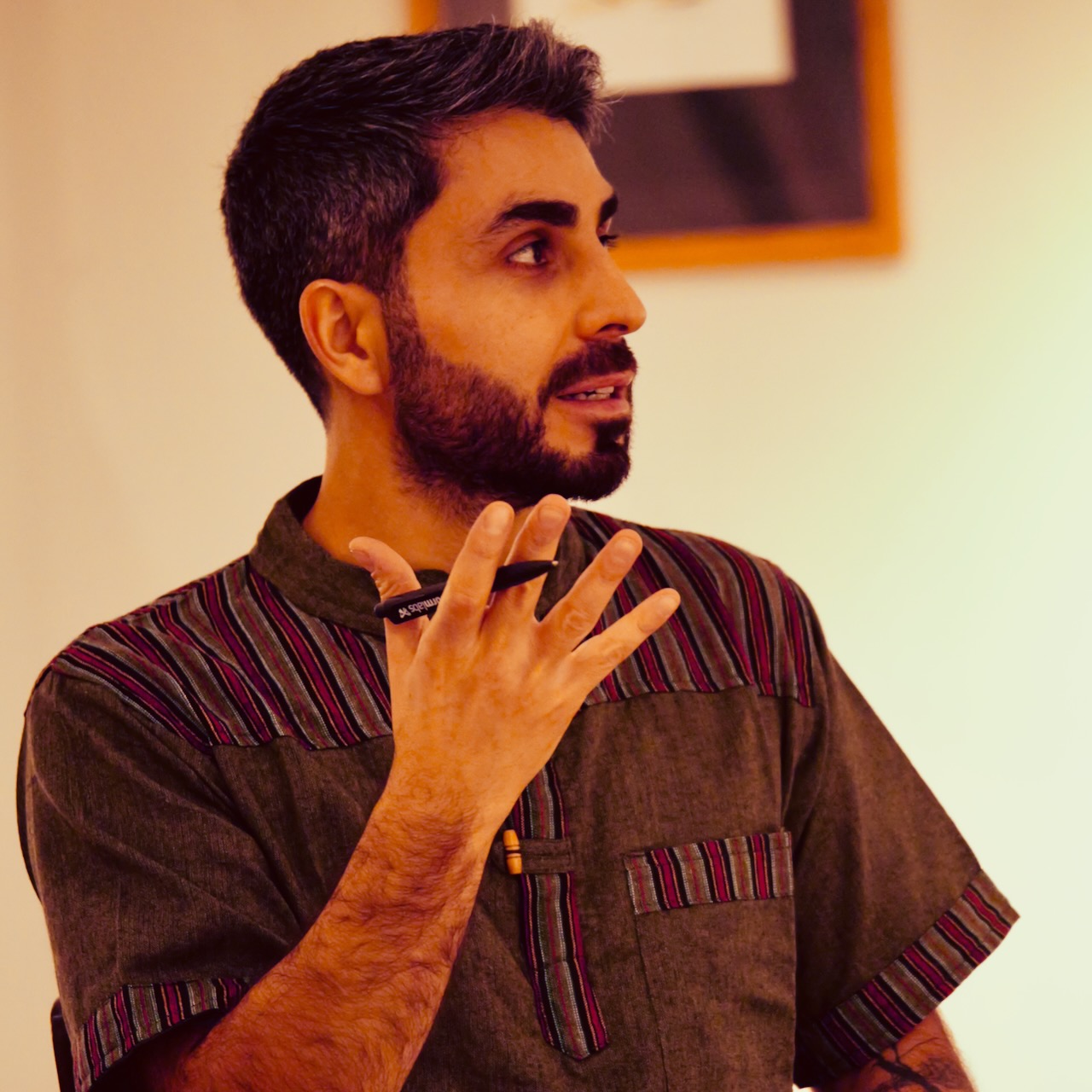
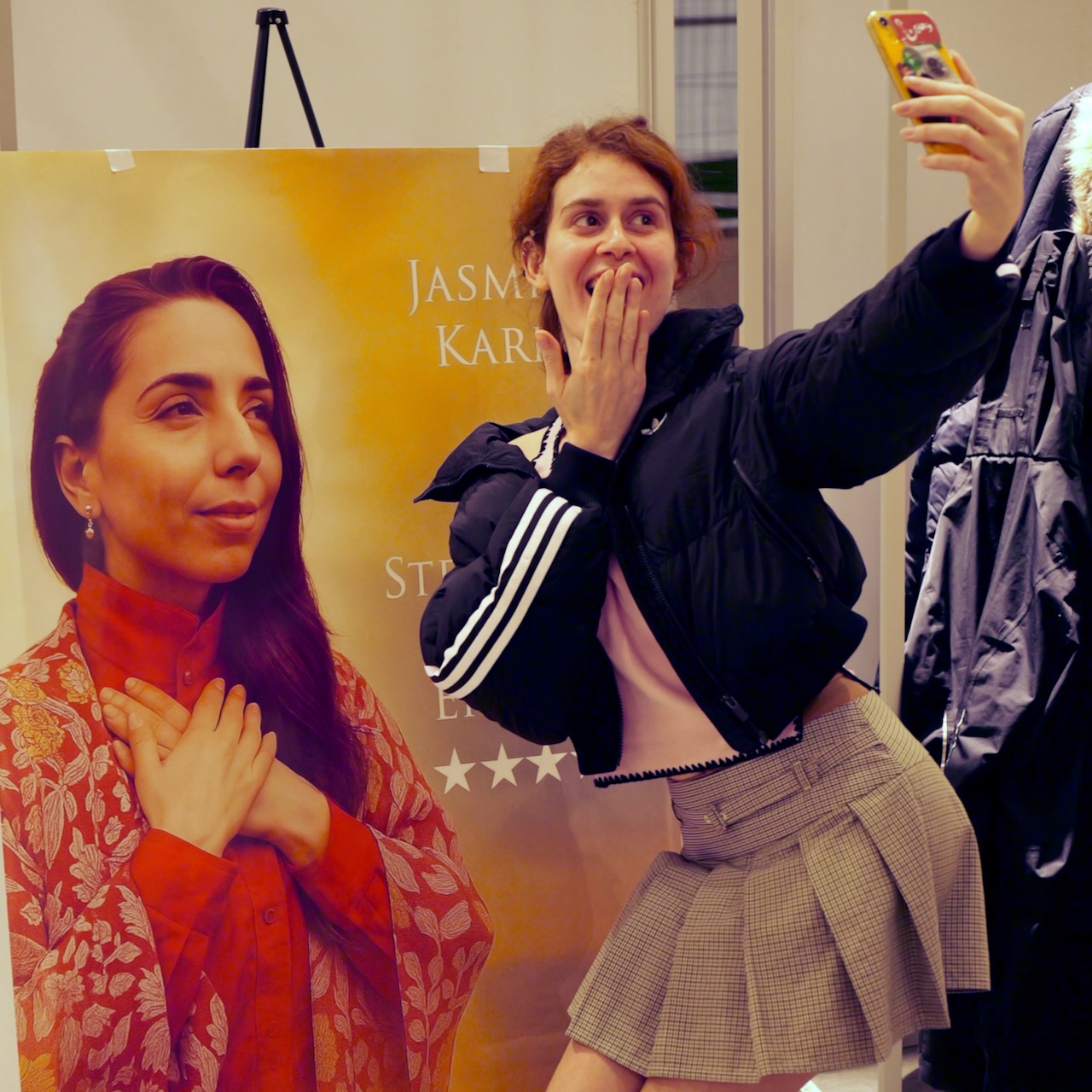
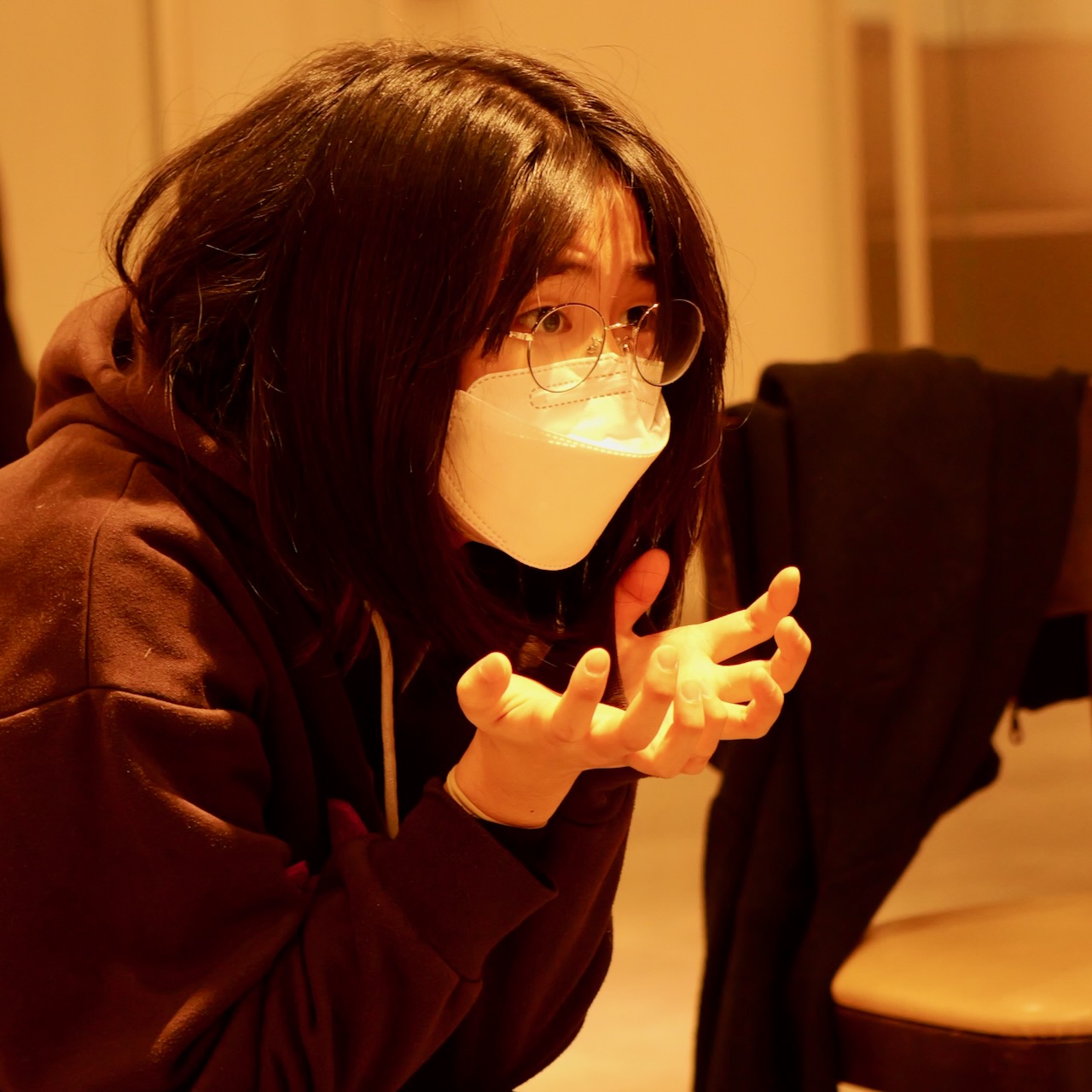
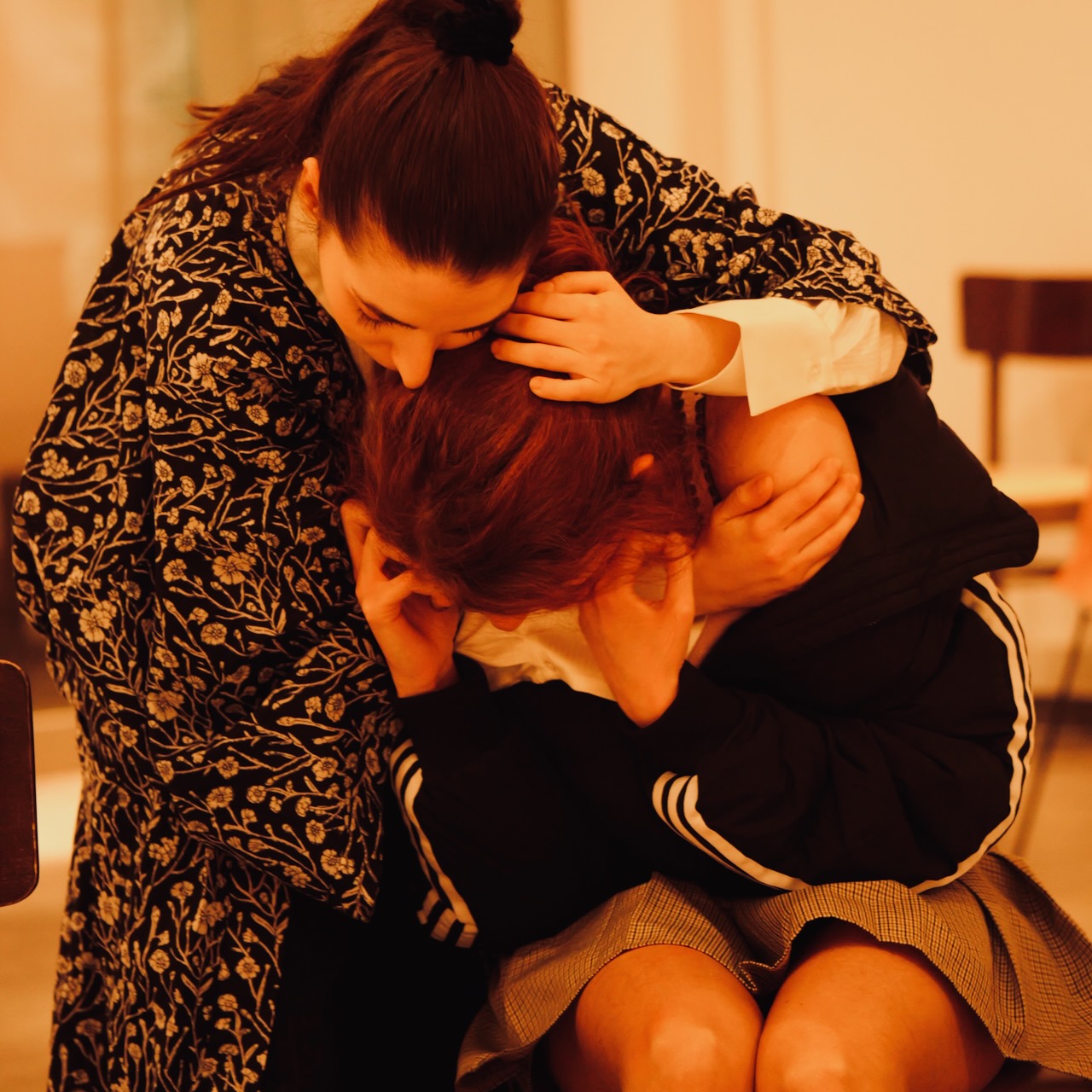
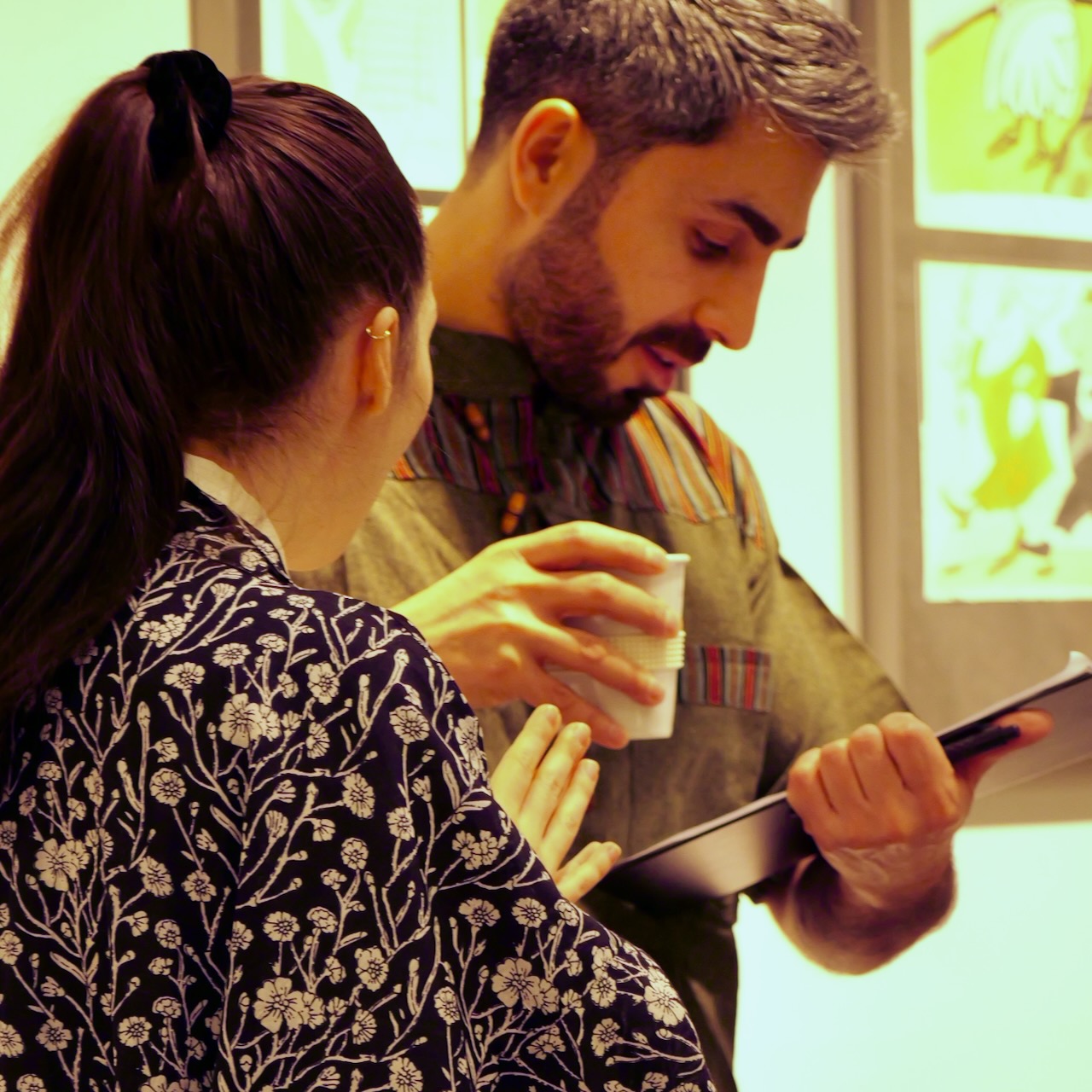
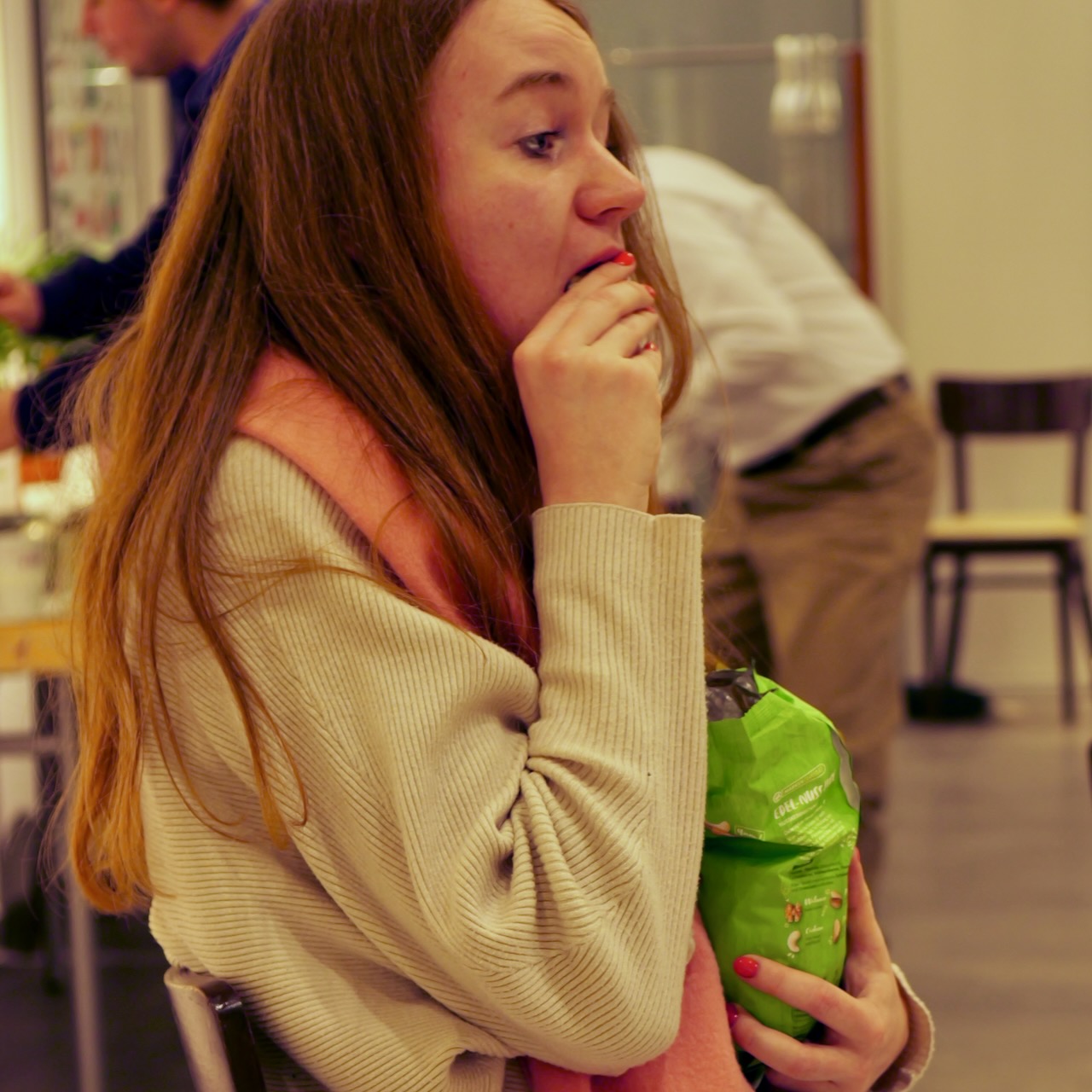
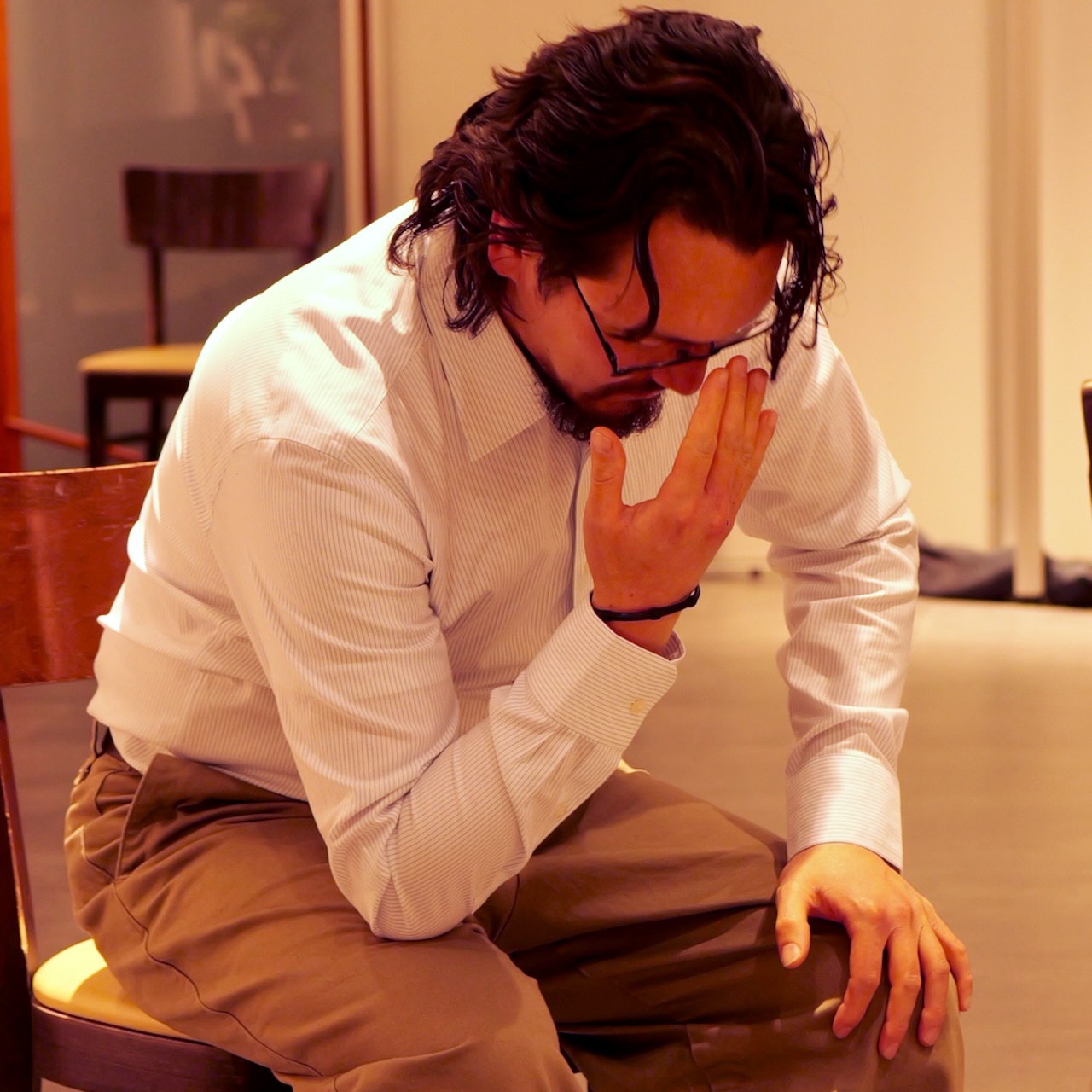
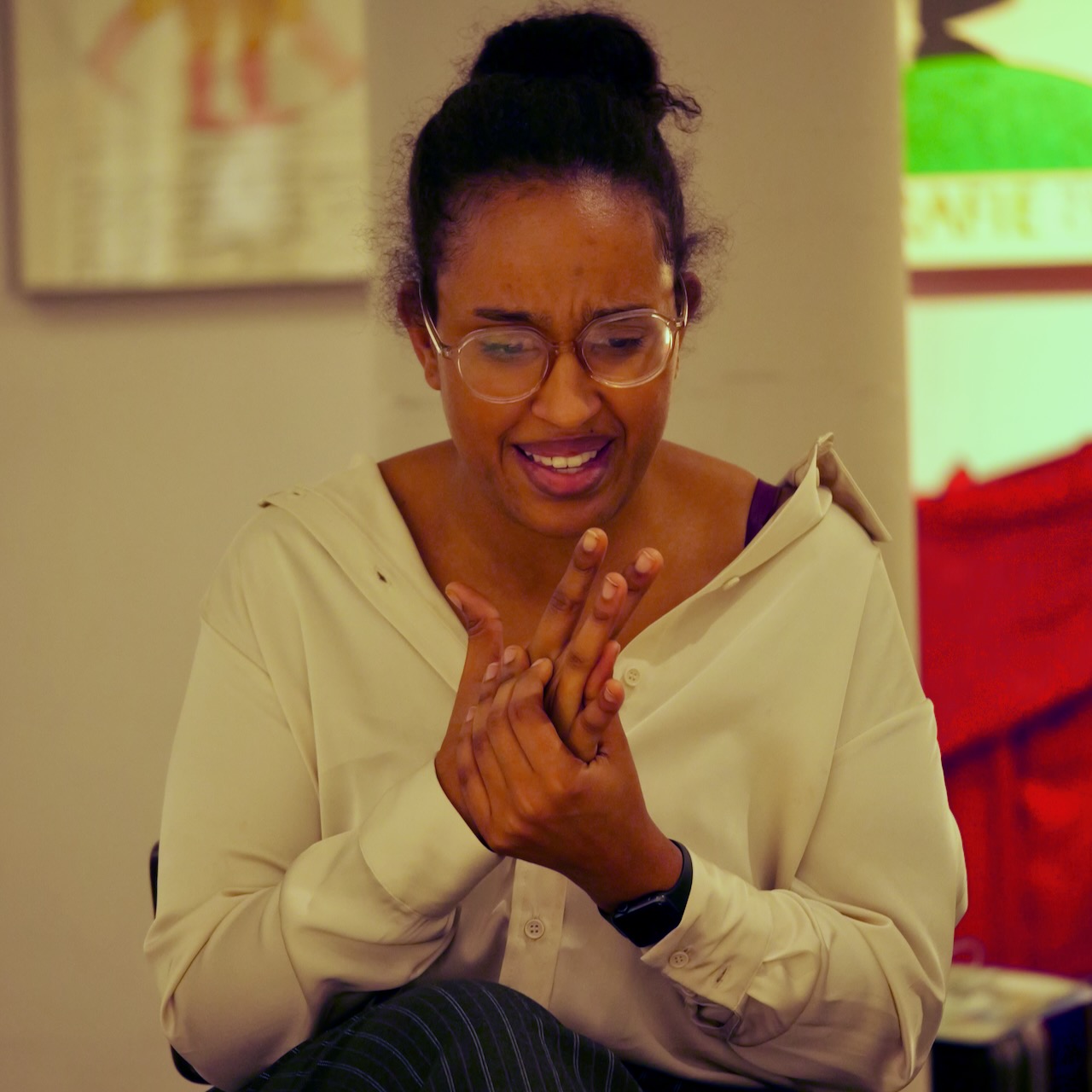
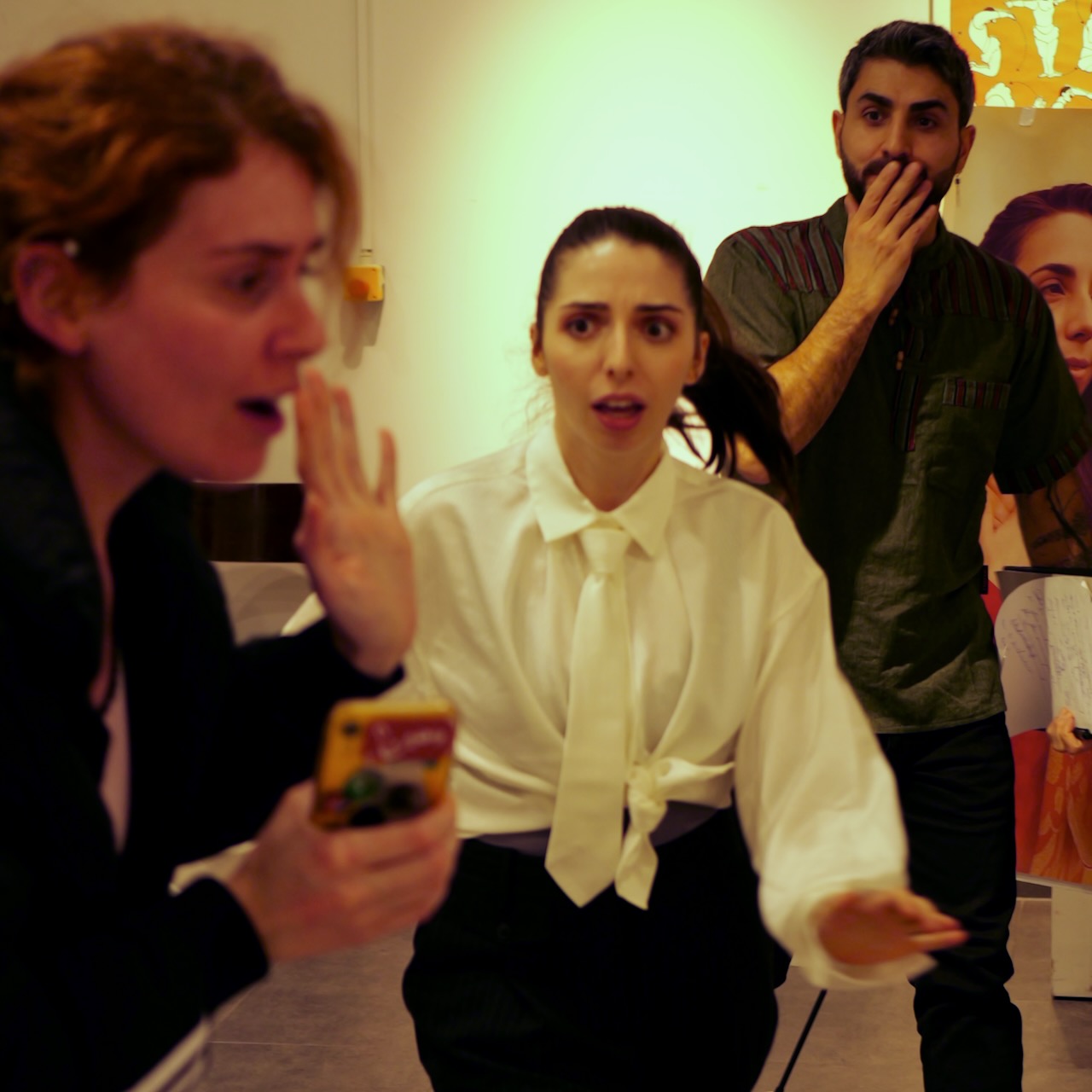
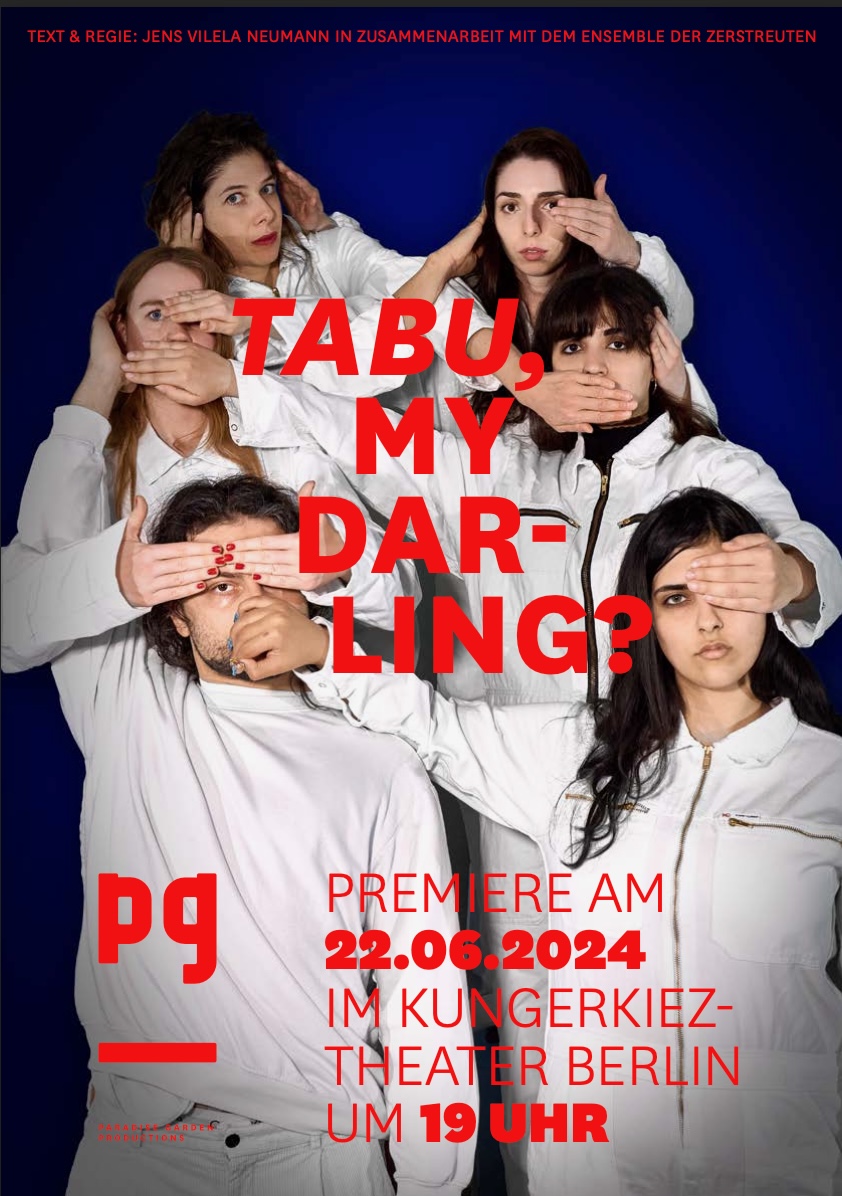
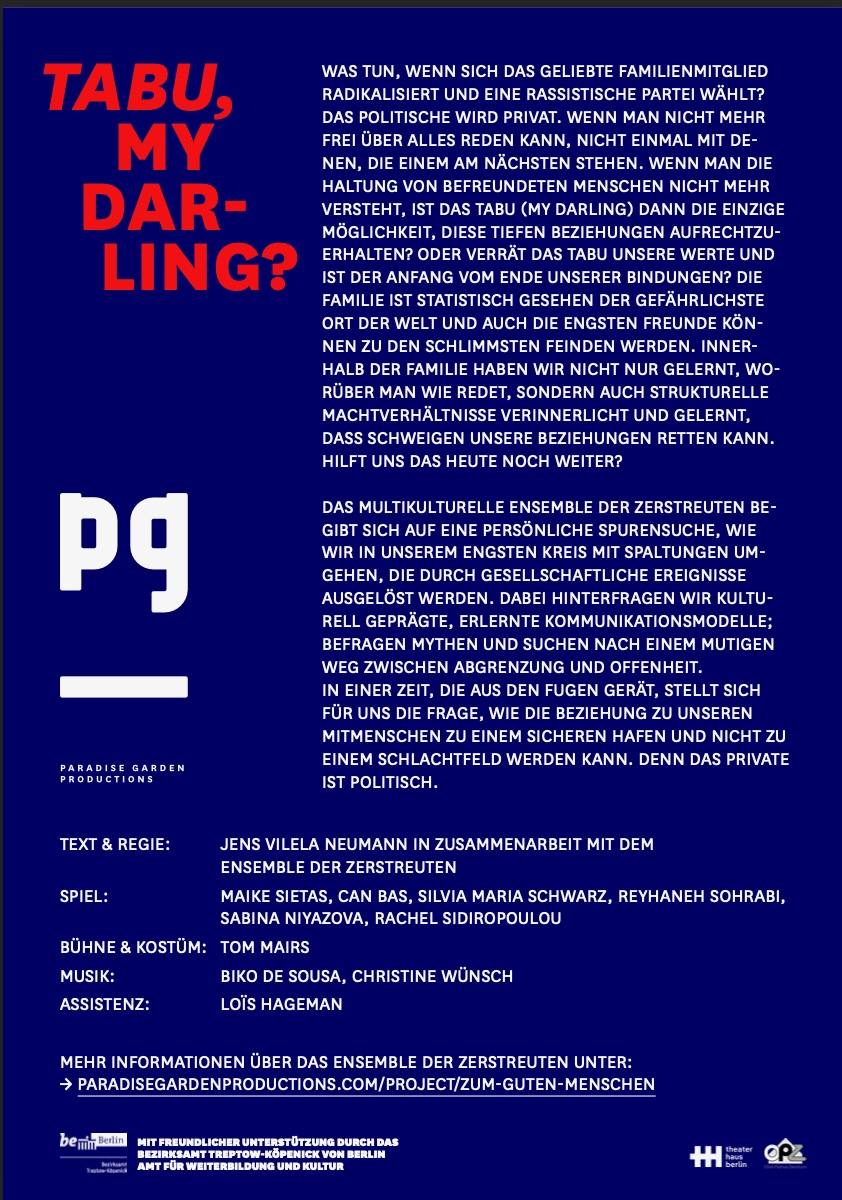
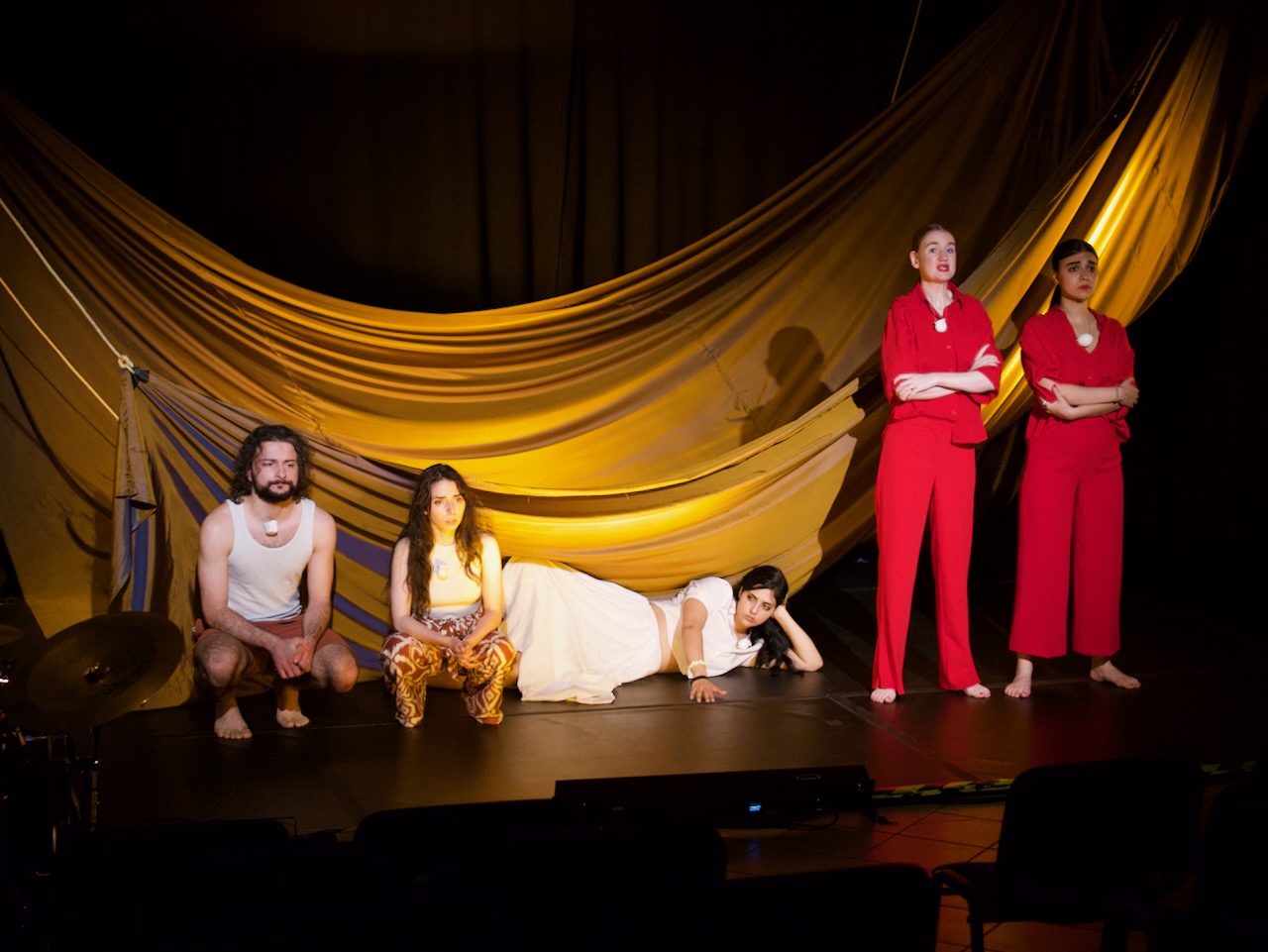
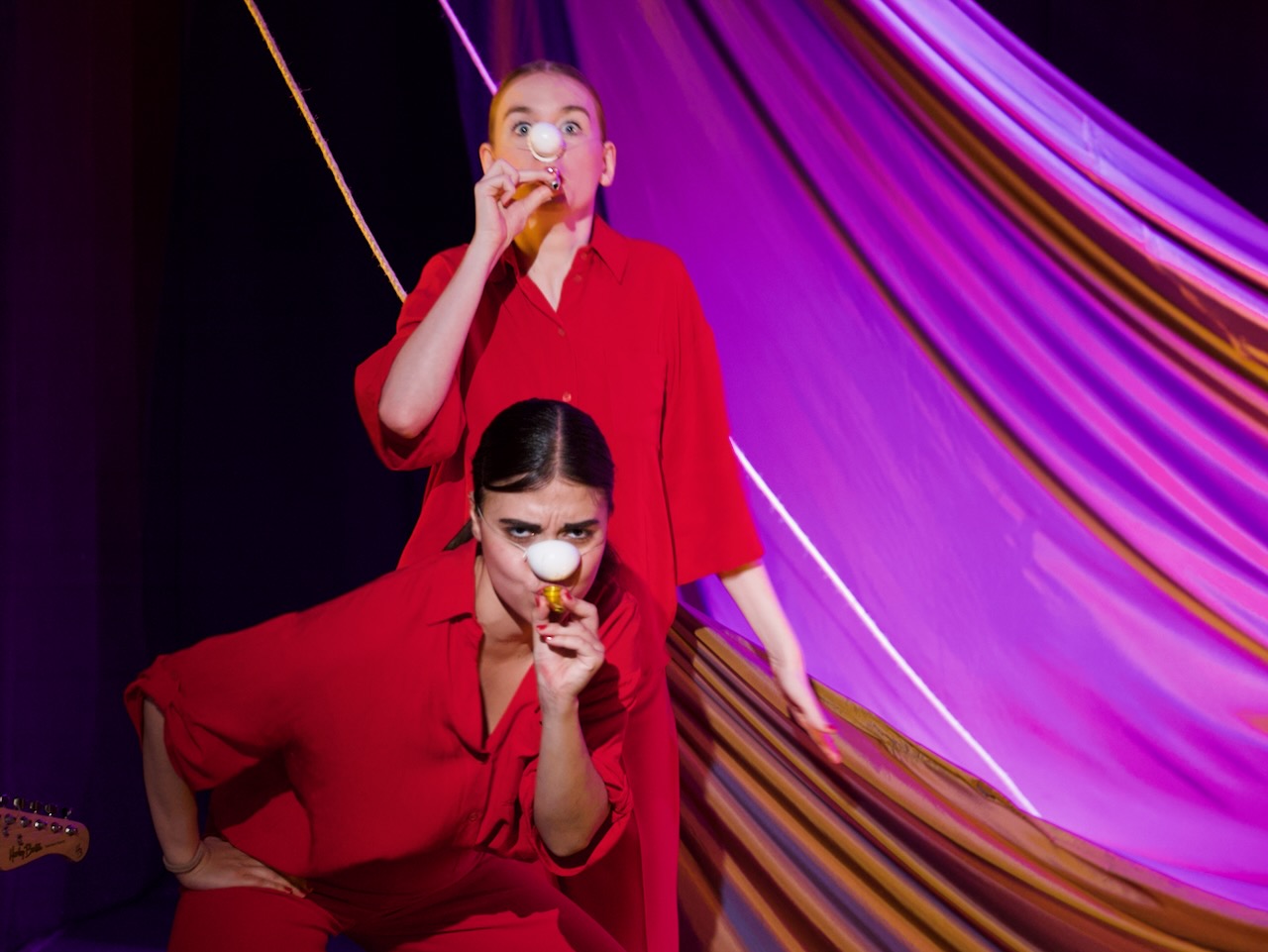
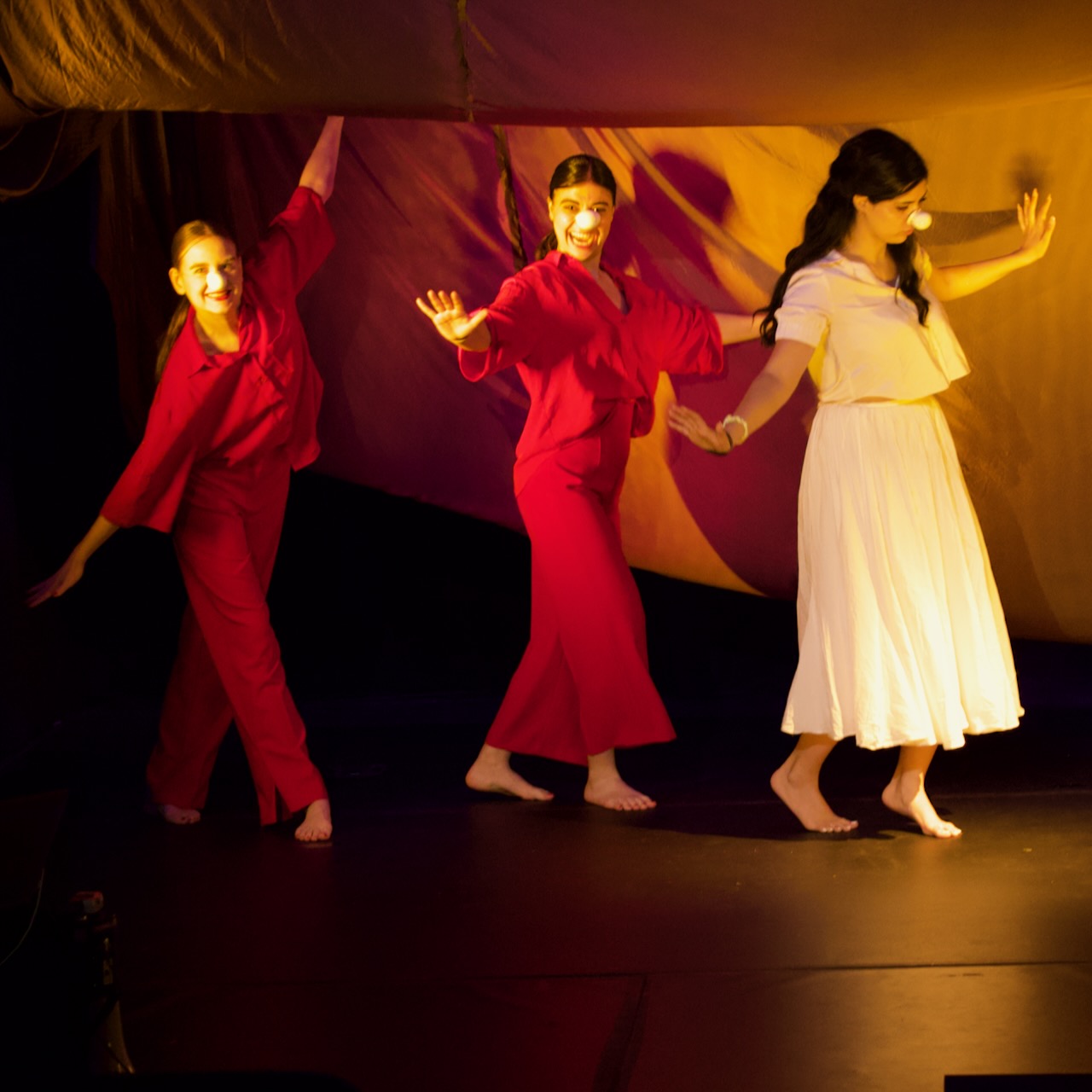
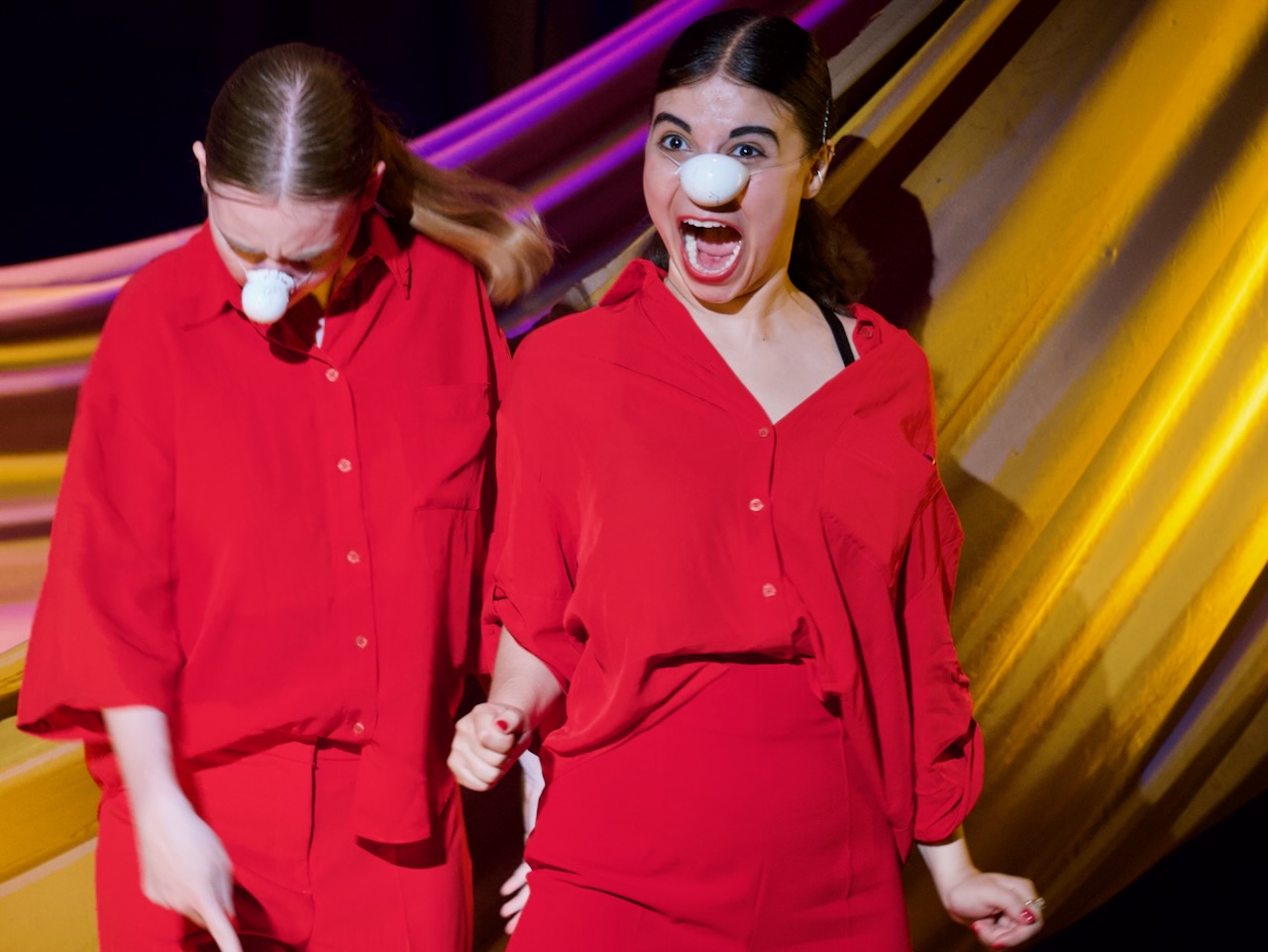
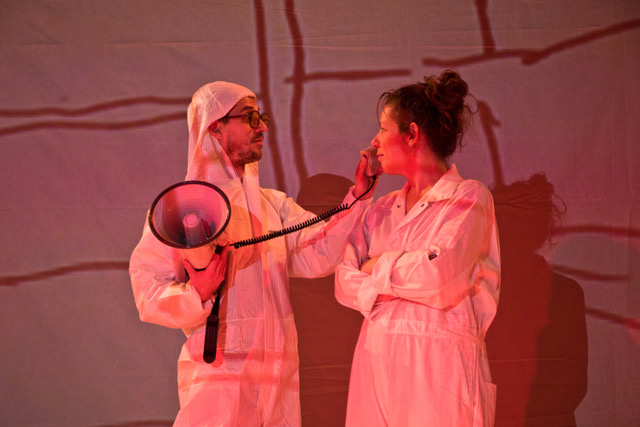
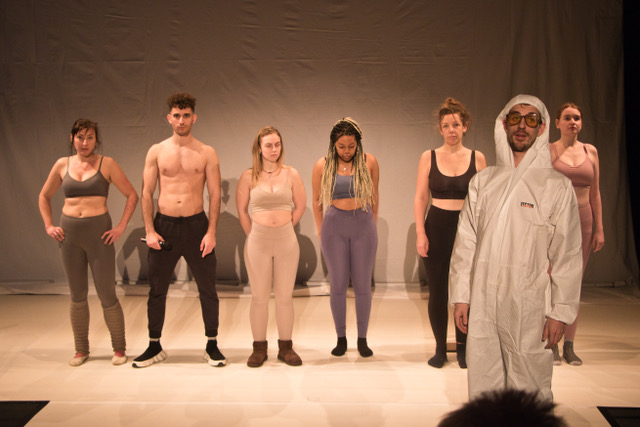
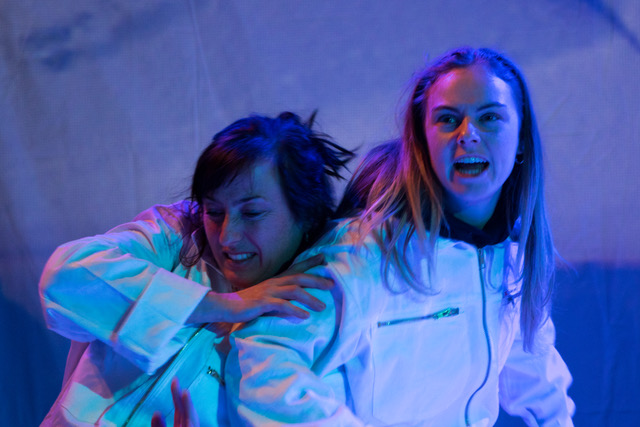

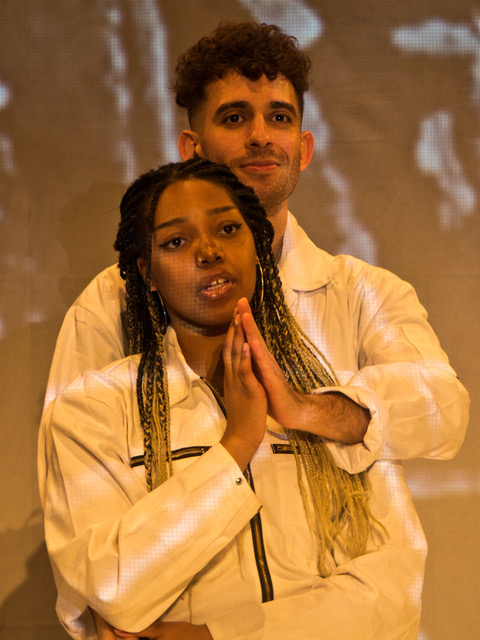
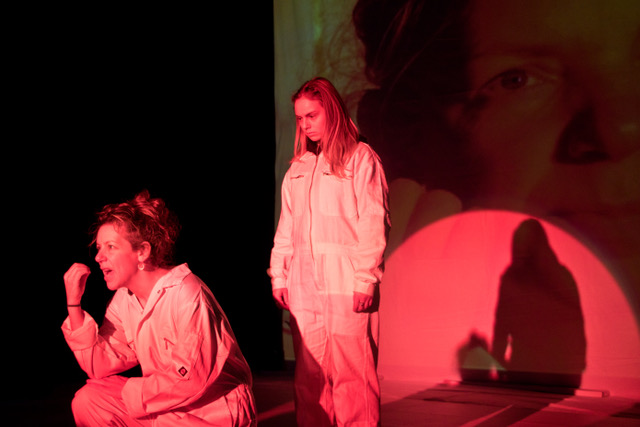
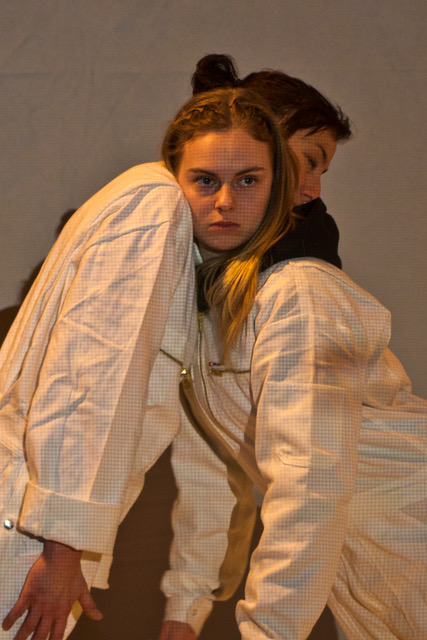
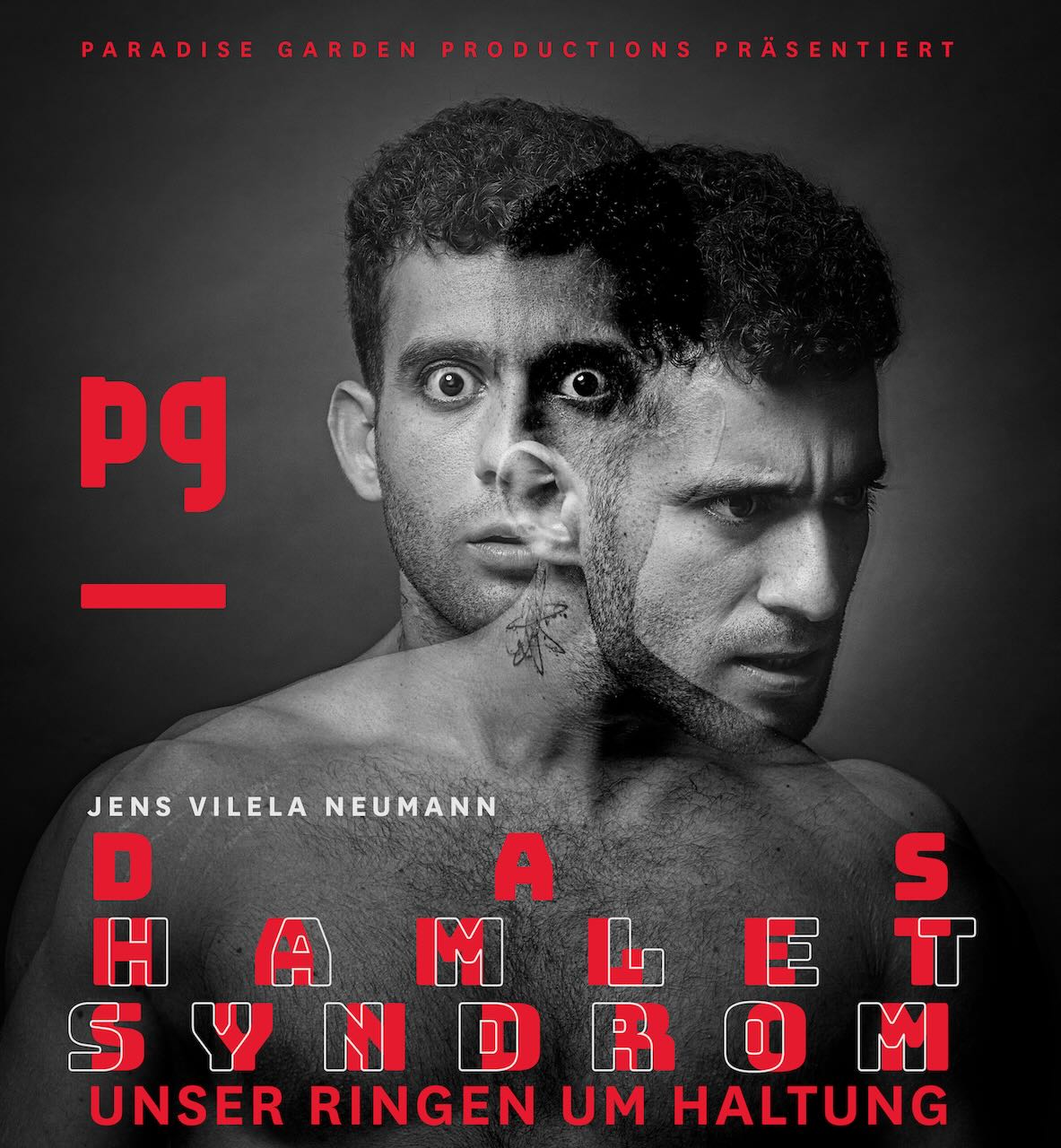
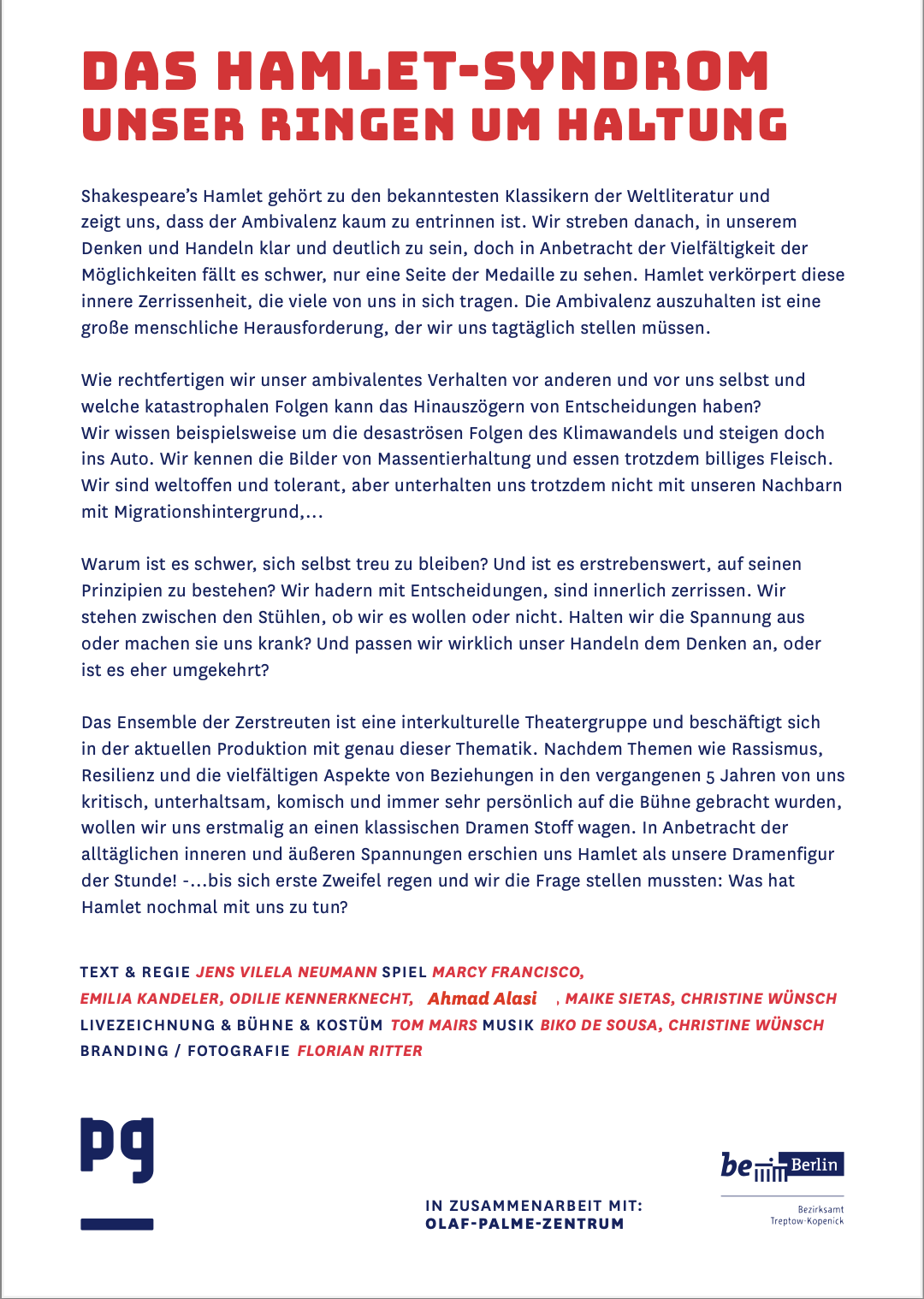
TOWARDS GOOD MAN - about the play
Racism is eating its way through Germany. The attack on political correctness is accompanied by the assertion that the present Federal Republic is in fact a dictatorship of opinion. Contempt for democracy and political destabilisation are the consequences when the language is no longer correct, our free press is called a lying press, the Chancellor a traitor to the people. Words are the cutlery of thought! So the question is, what does society talk about? Who is talking? It's mostly a parallel society of white supremacy? We want to bring to light and reflect the rejections that are invisible or hidden in public and private speech.
We will show you a reckoning with your own hidden racism disguised as politically correct self-image. We show you a cleansing ritual!
The actors of the intercultural theatre group of the "Zerstreuten" are very aware of how they are perceived in our society and experience how this perception affects their communication with the "long-established" Germans - even if "political correctness" still prevents prejudices and resentments from being linguistically directed against them.
But this protection is threatened, because the politically right-wing or conservative schools of thought criticise the use and dominance of "politically correct" language as censorship and a restriction of freedom of speech. Discourses are, on the one hand, a tool to steer thinking in a certain direction, but they can also be used to read off what is currently being fought over in socio-political terms. For the struggle for discourse is the struggle for hegemony.
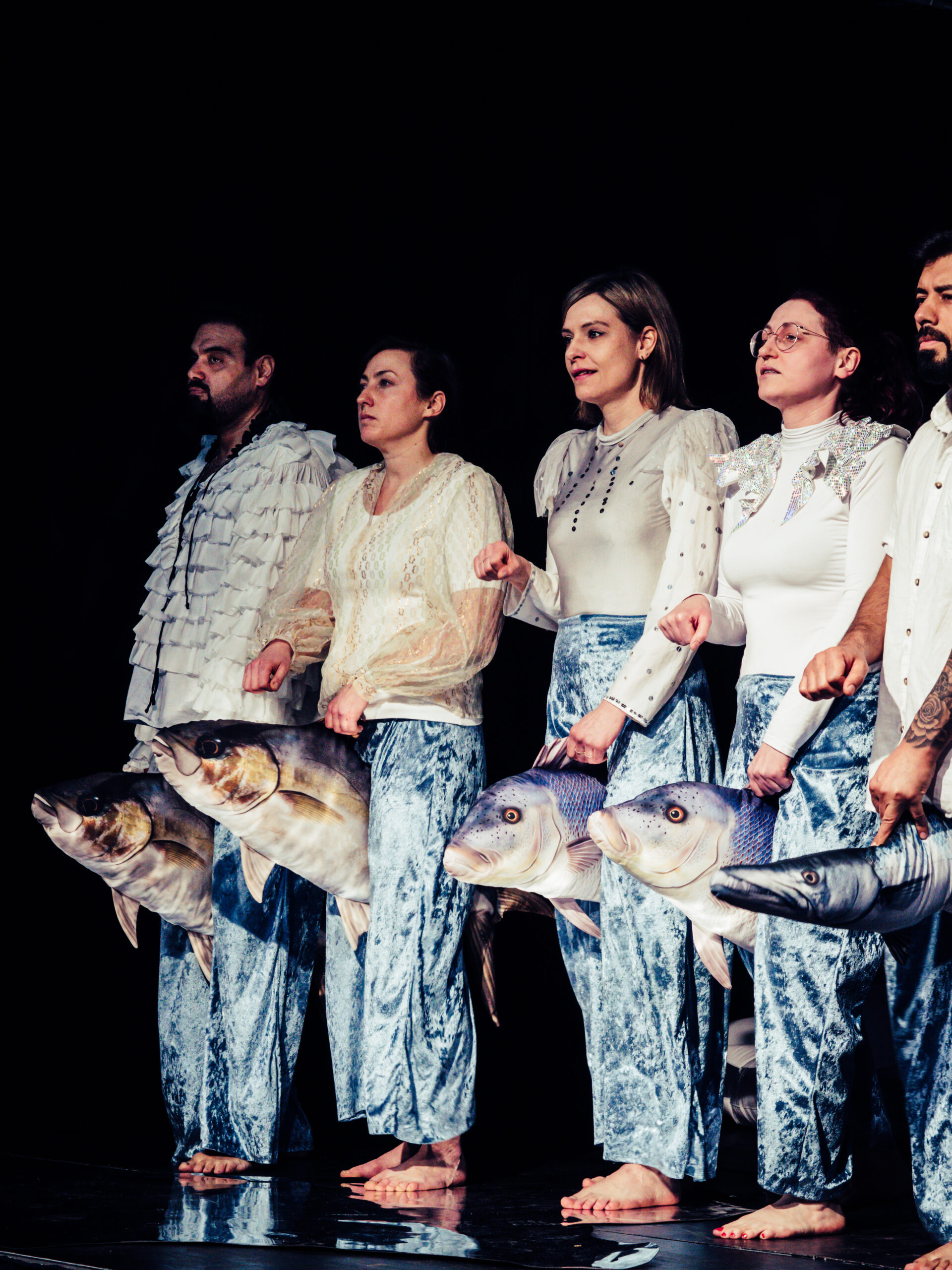
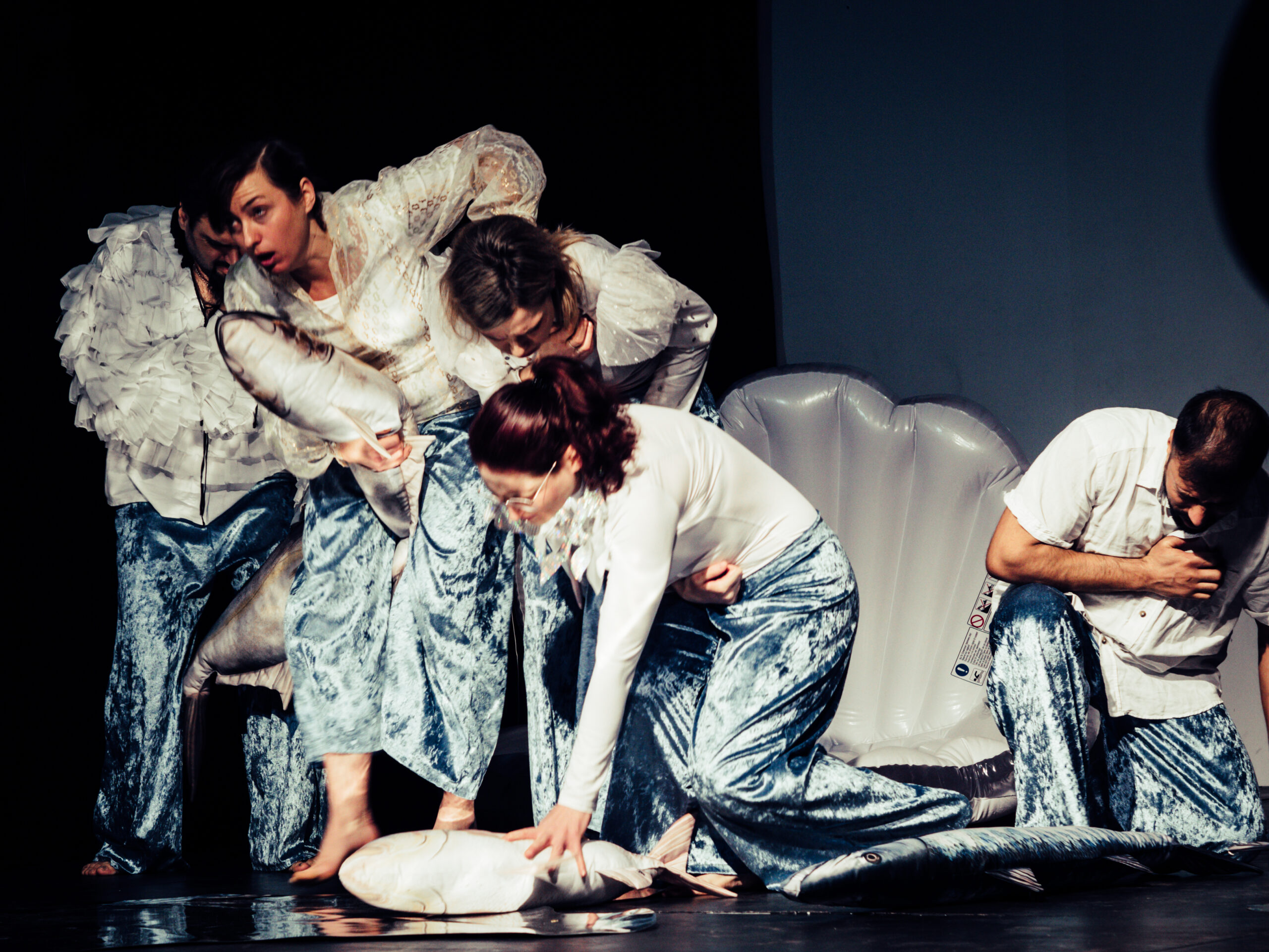
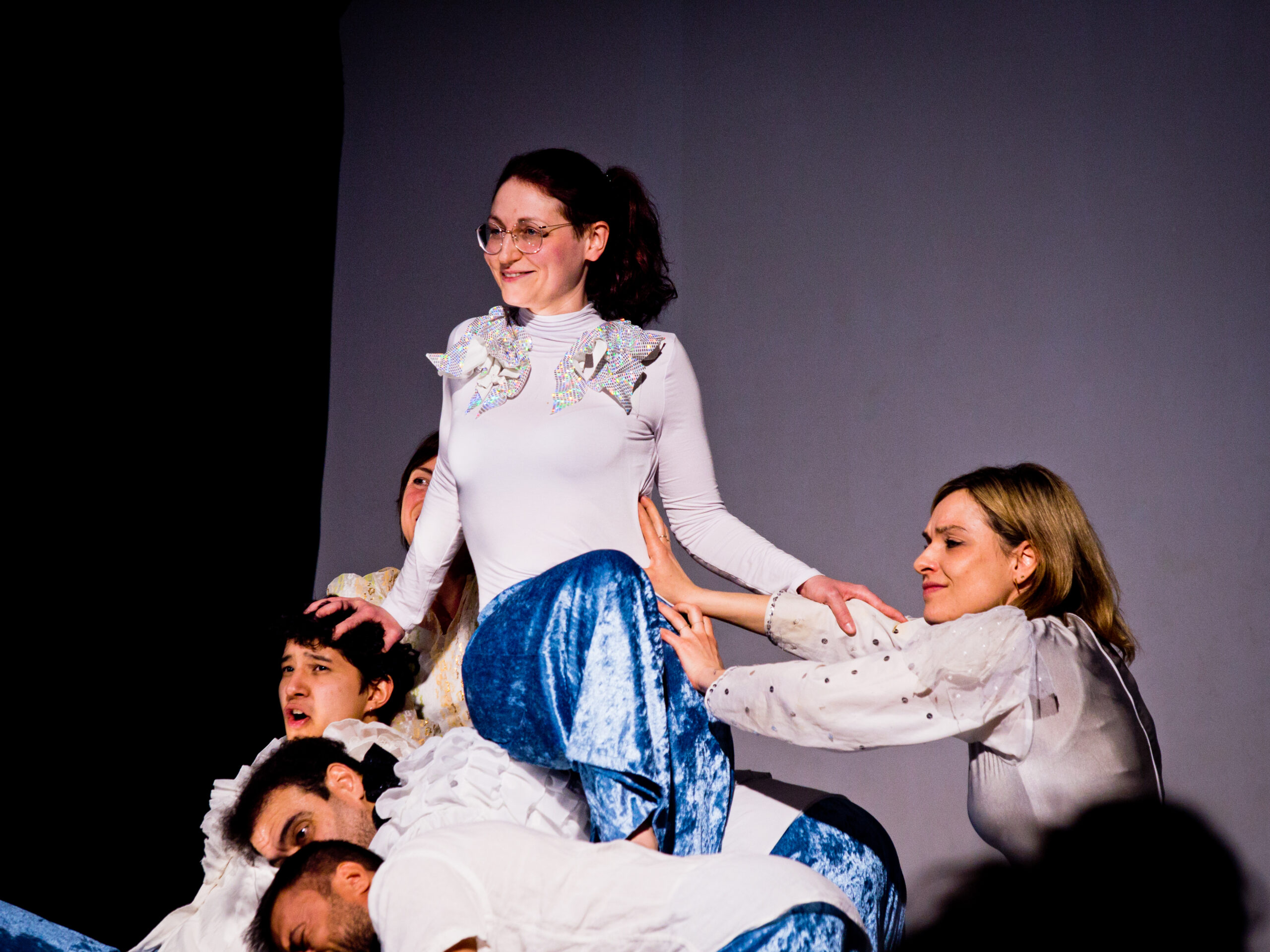
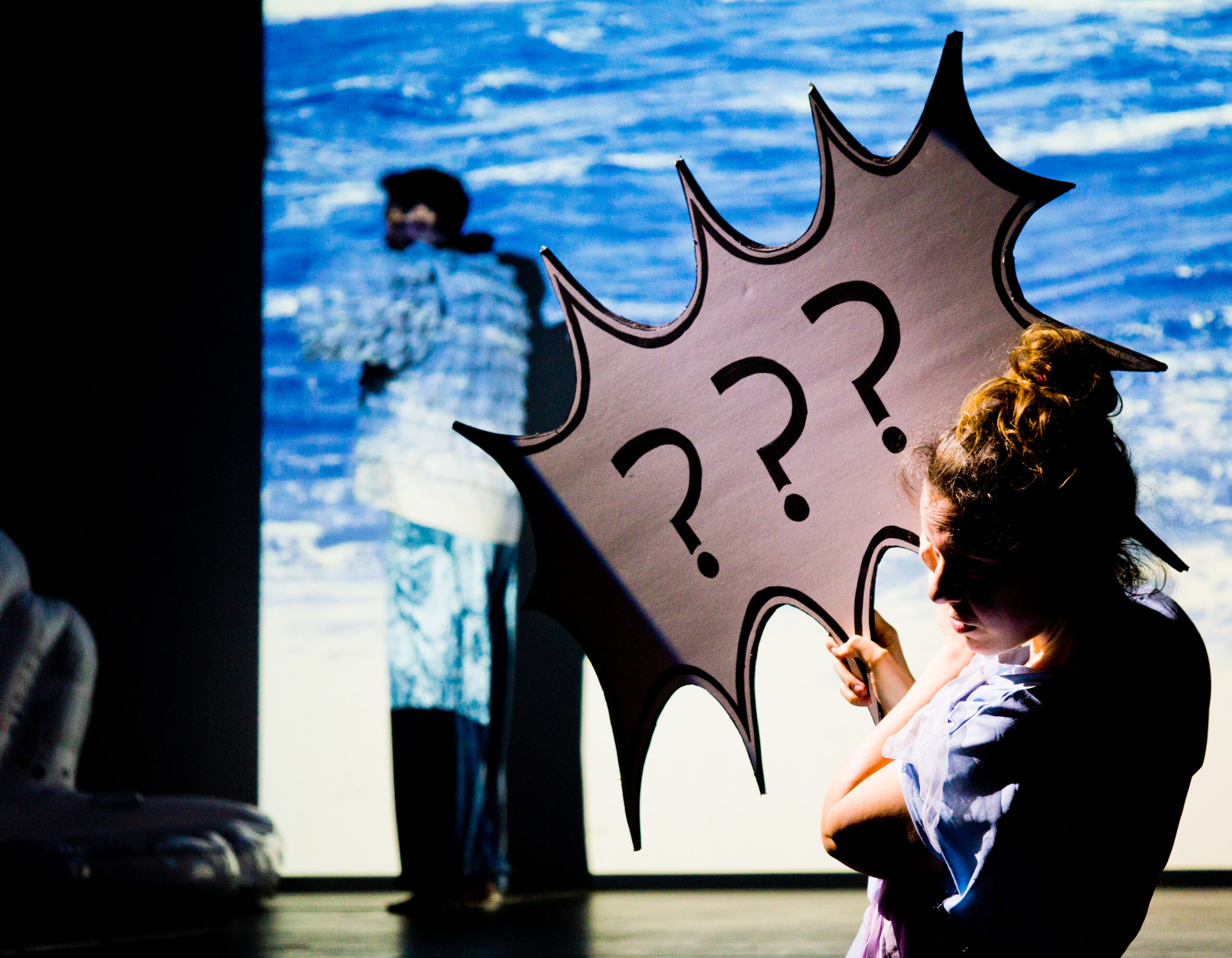
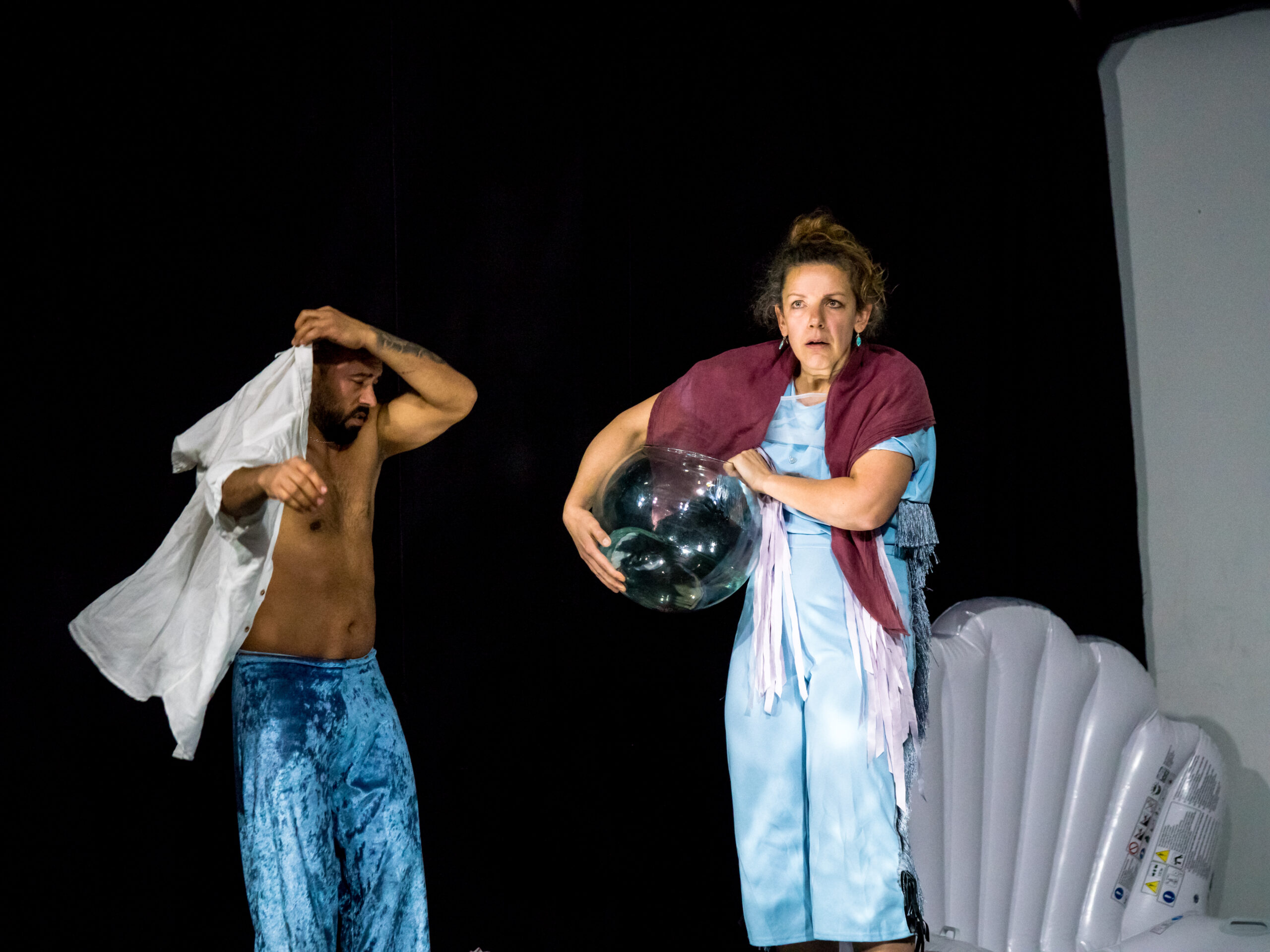
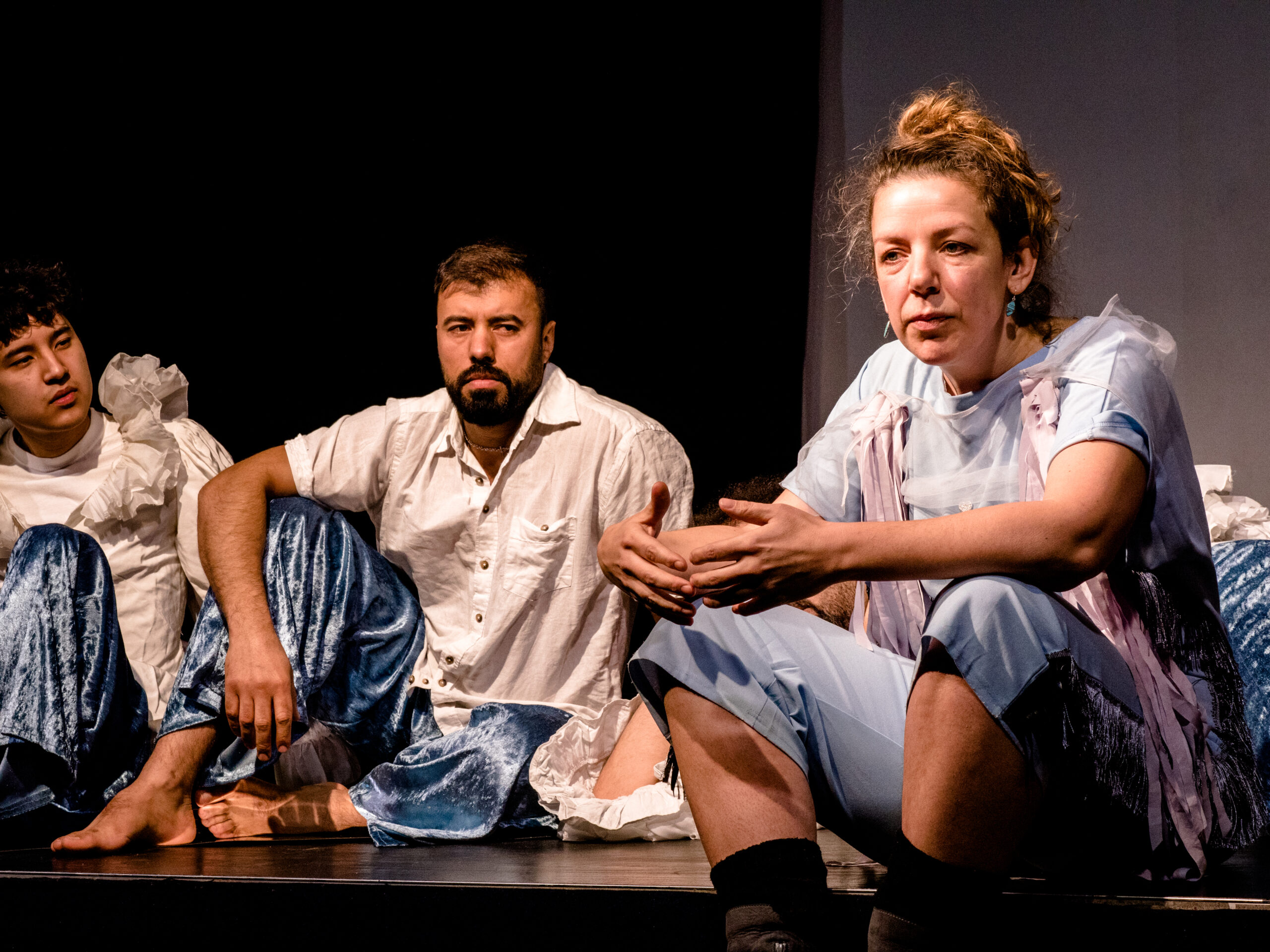
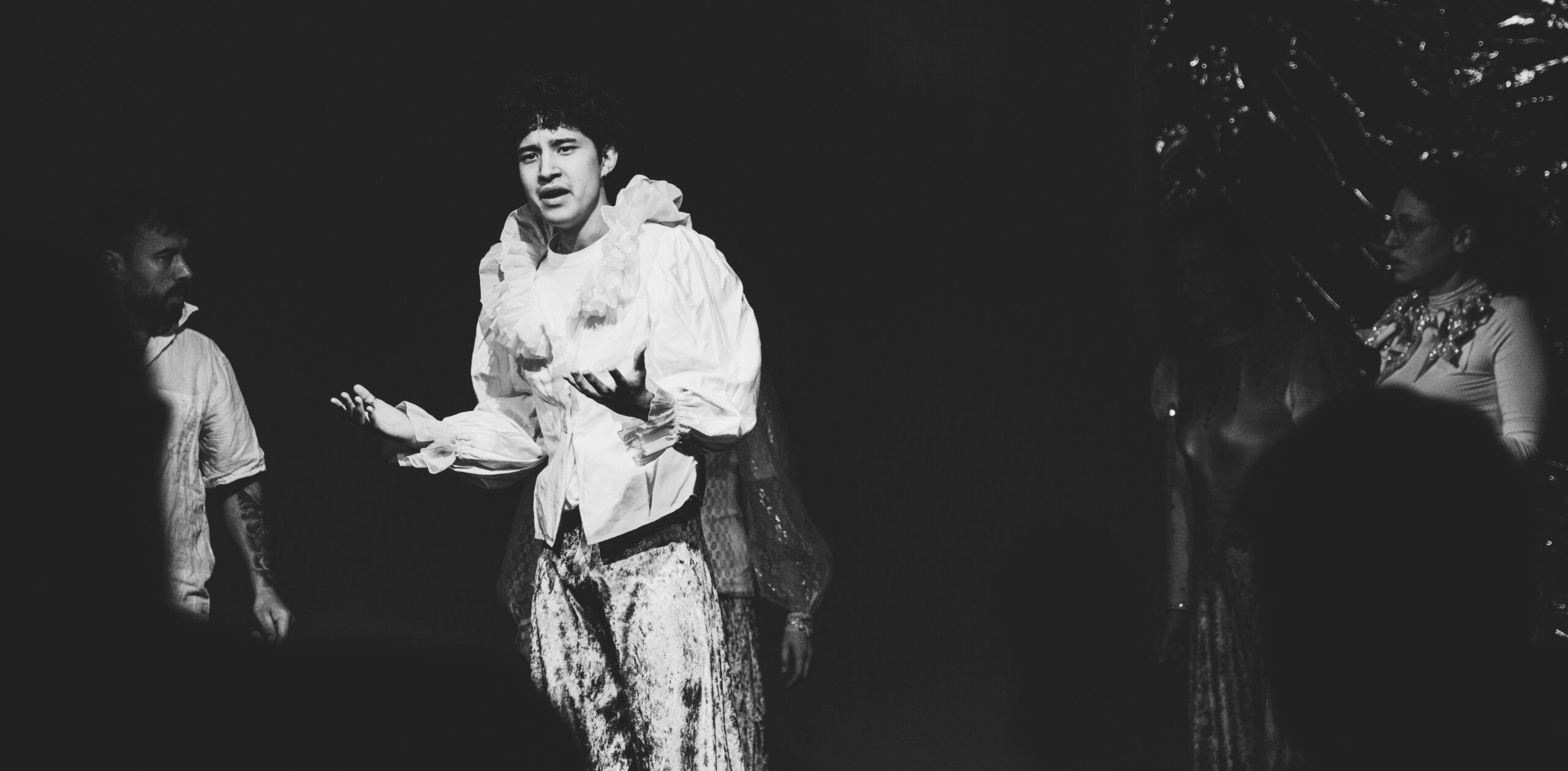
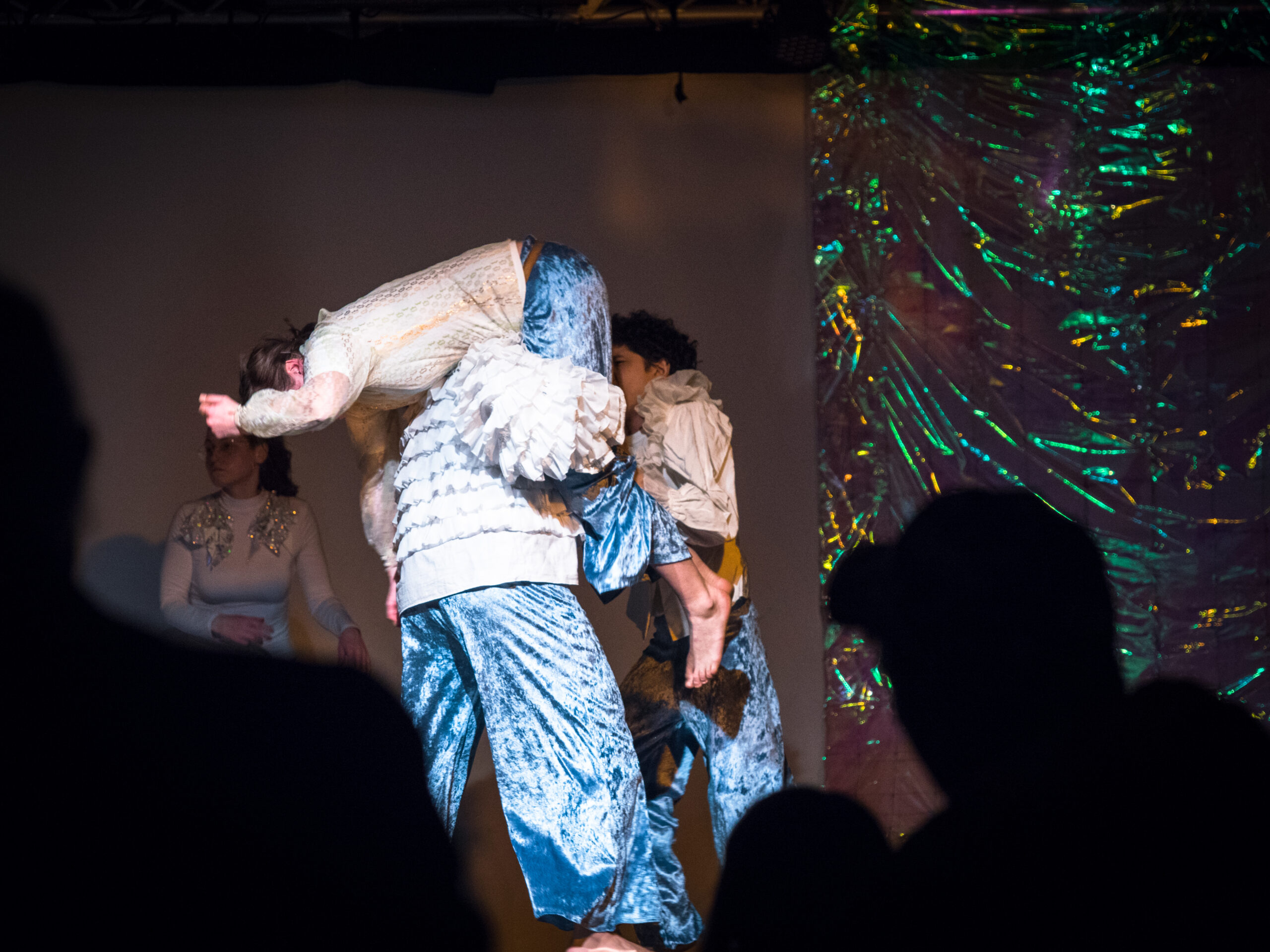
TEXT & DIRECTION: Jens Vilela Neumann PLAY: Houssam Safari, Florian Ritter, Christine Wünsch, Jabbar Mohammadi, Olga Bauer, Nadine Gernandt, Alvaro Sanchez Rosero, Lena Liberta, Odile Kennerknecht STAGE & COSTUME: Anneke Frank, Katri Saloniemi PHOTOGRAPHY Sulamith Sallmann PHOTOGRAPHY / BRANDING Florian Ritter
Who is allowed to talk about what?
Are only migrants allowed to talk about migration? Is only the Gorki Theatre allowed to dramatise this topic? Is only an African allowed to talk about colonialism? Only a Syrian about the Syrian community in Berlin? Only a transsexual about gender issues? Should books like "Der Struwwelpeter", which represent outdated views on politically sensitive issues, be burned? Why is it taboo to say that integration is slow or that there are too many parallel societies?
Language is performative and thus not only describes the world, but also constructs it and practically brings things about because it structures the perception of reality.
So let's use language to make a strong case for our cause, to discursively advocate for equality, emancipation and respectful treatment, and to explode demeaning stereotypes.
From the play:
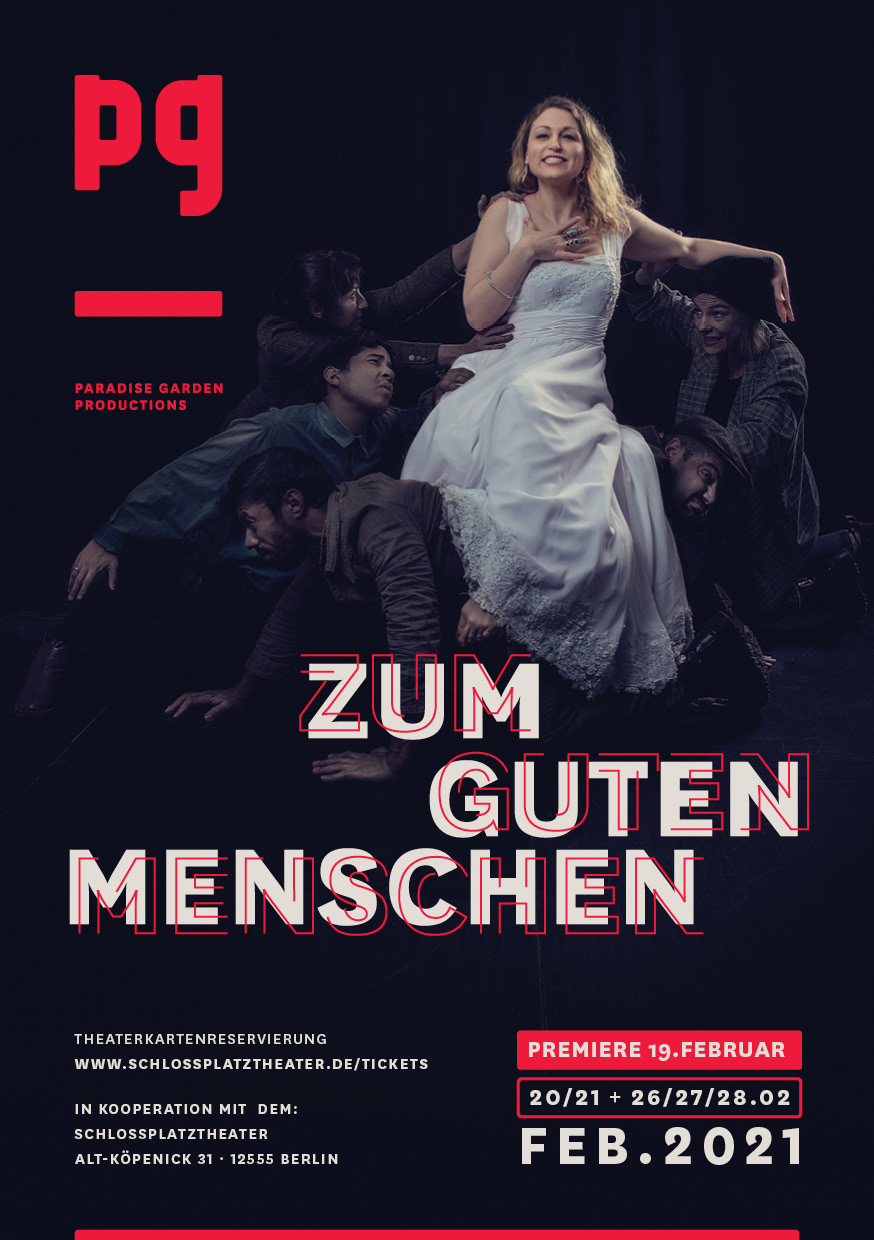
In the bathtub, "Indian and Cowboy" play figures on the edge, shot by Sabine with an air rifle. Mohammed hands her a whisky glass.
Mohammed: The best intentions have already led to the worst results.
Sabine: We try to bring language into line with mathematics. Words become numbers, numbers can be right or wrong. Language becomes calculation, at the end there is a reckoning.
Mohammed: You are never a victim of wrong numbers, I am a part of this society. I never want to hear that again.
Sabine: I belong to the winners, so I should and ought to feel good. But I don't feel good!!!
Mohammed: Why? You have everything, don't you?
Sabine: I don't have everything and I'm not talking about material things!
Mohammed: you belong to the rich 10% of the world, you know about injustice, but you still want to feel good!
Sabine: At least I don't want to be constantly reminded of it!
Our book recommendation on the topic: EXIT RACISM - The Handbook by Tupoka Ogette to understand the origins, structures and effects of racism in Germany. More at: https://www.exitracism.de
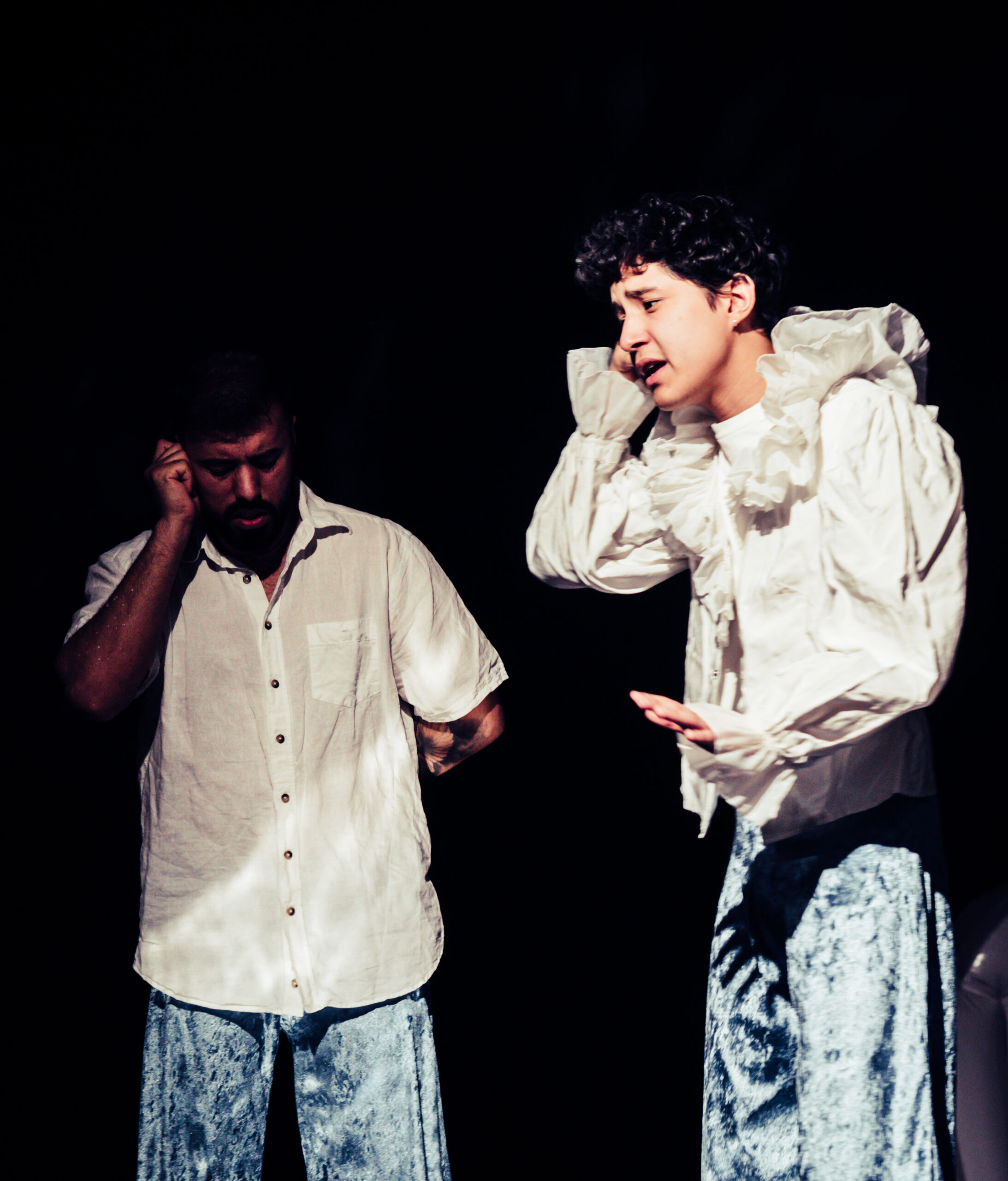
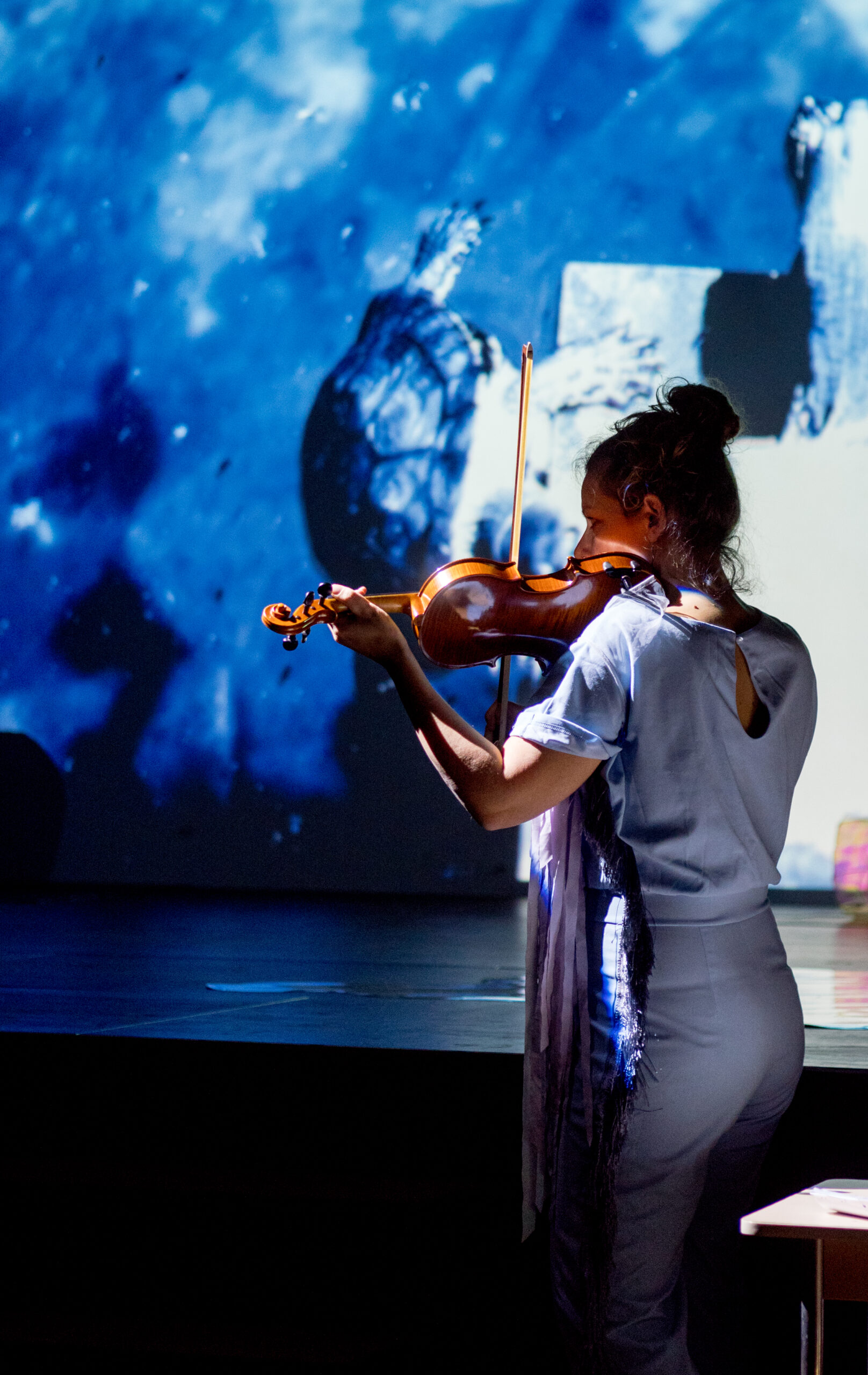
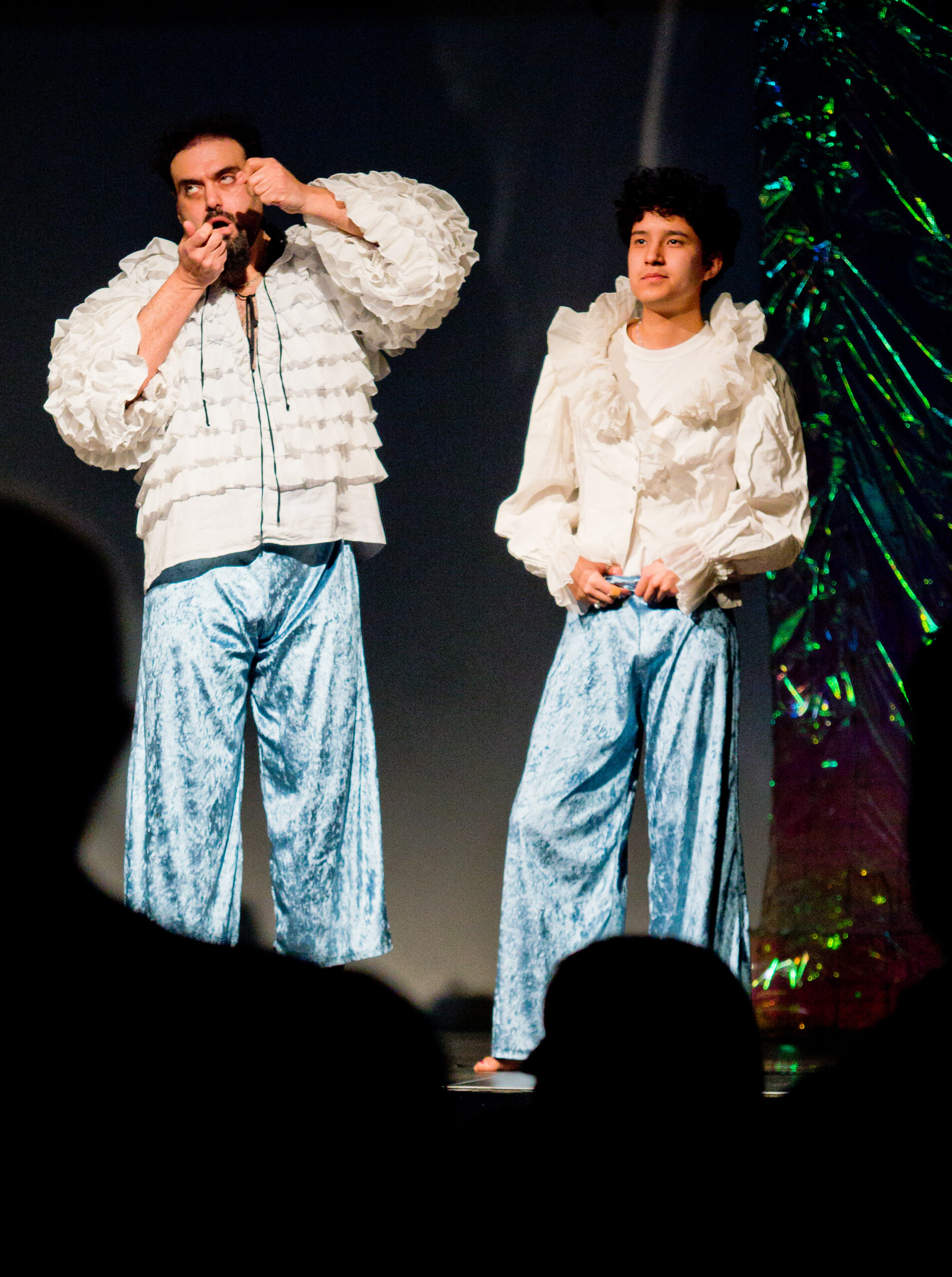
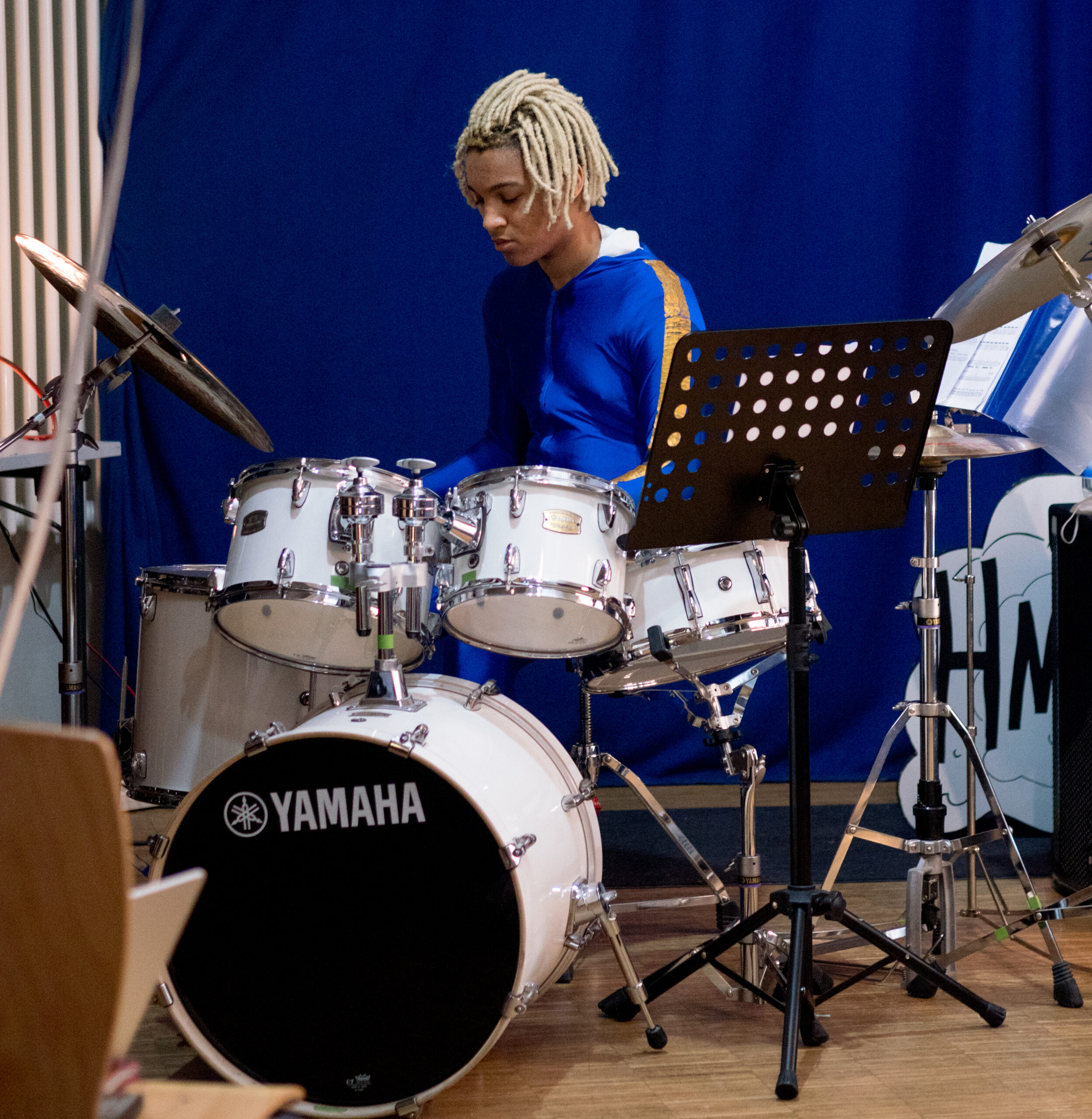
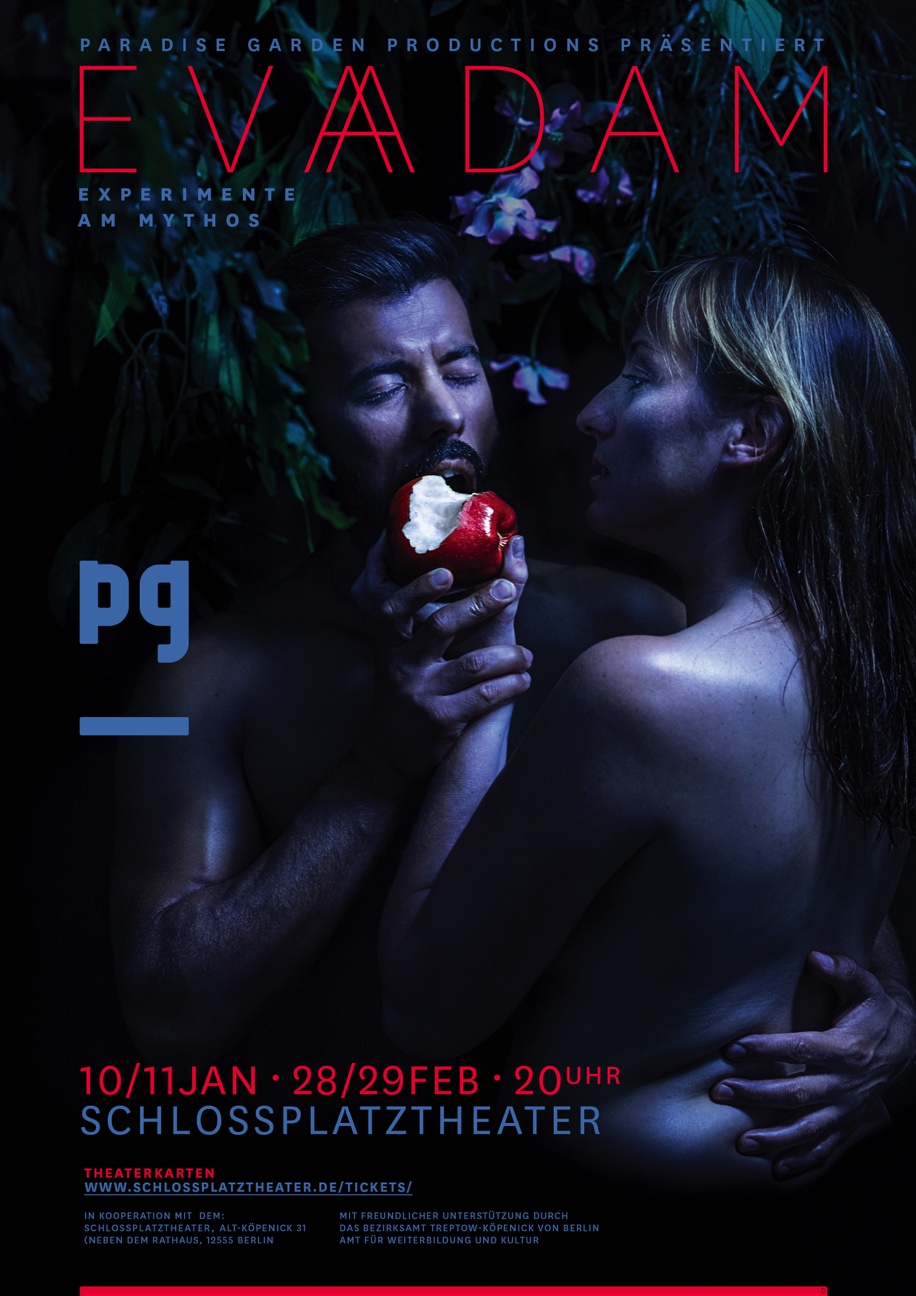
In 2019 we were addressing the themes of religion, gender and sexuality. In addition to dealing with the myth of Adam and Eve, we were concerned with how and whether men and women (can) deal with the current challenges of everyday life and the associated role concepts. "EVADAM - Experiments on Myths" is the result of discussions from different cultural perspectives of in regard to the following questions: Which gender roles do I know through my upbringing and what images and expectations are associated with them? How does the myth of Adam and Eve still shape our society today? Love - the challenges in everyday life, in marriage or as a patchwork family. Memories, experiences of conflicts on this topic - how do we deal with tensions on the topic within the group? What fears/threats do we feel in the new and old gender models?
God as the director, Adam and Eve as the prototype of man and woman, and love an experiment in infinite loop. In the attempt to breathe new beauty, power and influence into the greatest myth of all time, God meets his actors* and their limited relationship abilities. Different cultural backgrounds, sexual preferences and experiences with love that do not correspond to the director's romantic ideas raise the questions: Who actually has the power in the canon of storytellers? Which myth creates which society? Can "romantic love" and monogamy still be saved, and what do Eve and Adam actually say about it? Live music and video projections support the search for the "essence of love".
TEXT & Direction: Jens Vilela Neumann PLAY: Housam Safari, Franziska Kohlhoff, Christine Wünsch, Claudia Pomares, Norman Glatzer, Jabbar Mohammadi, Ahmed Zakaria Soliman, Florian Ritter
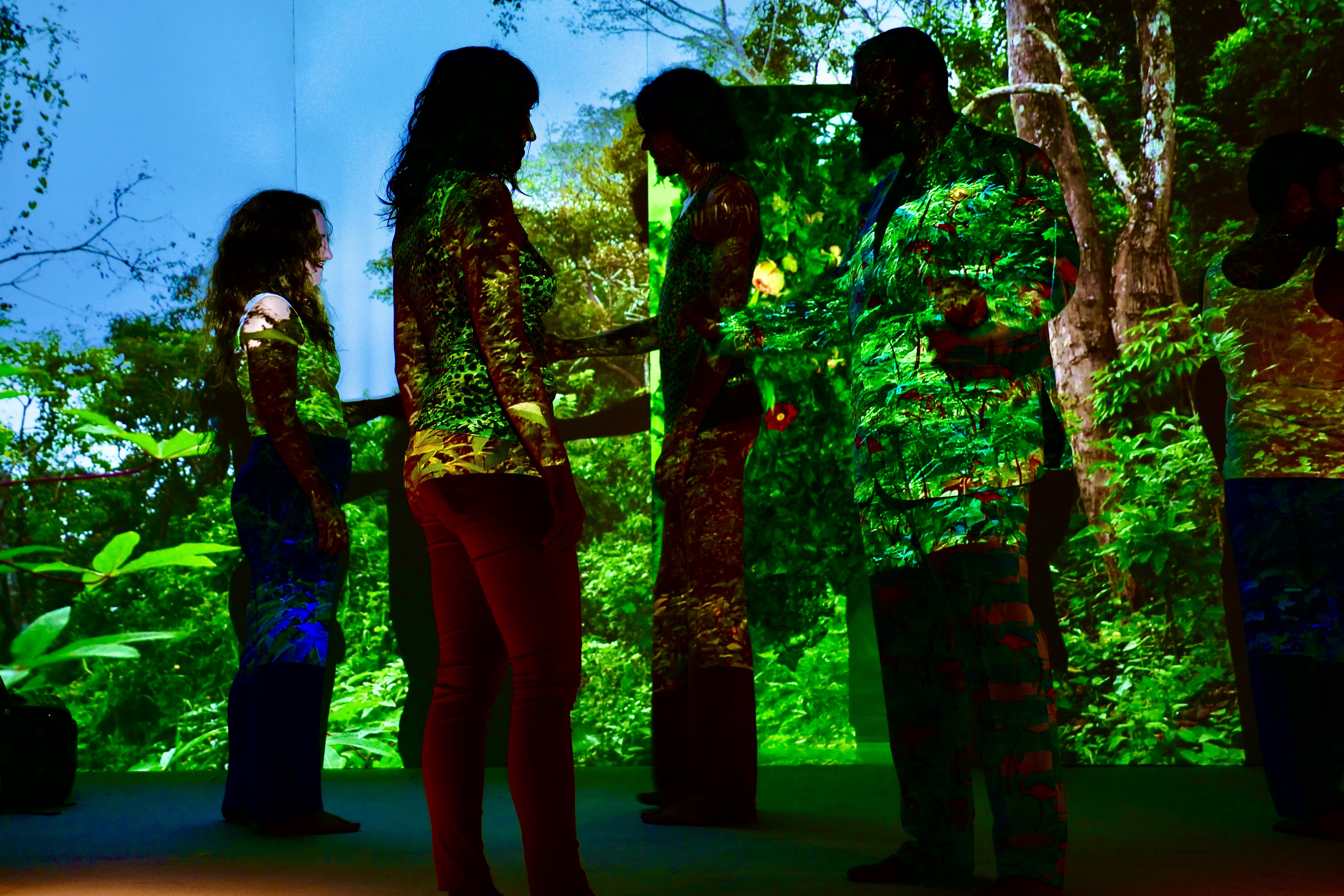
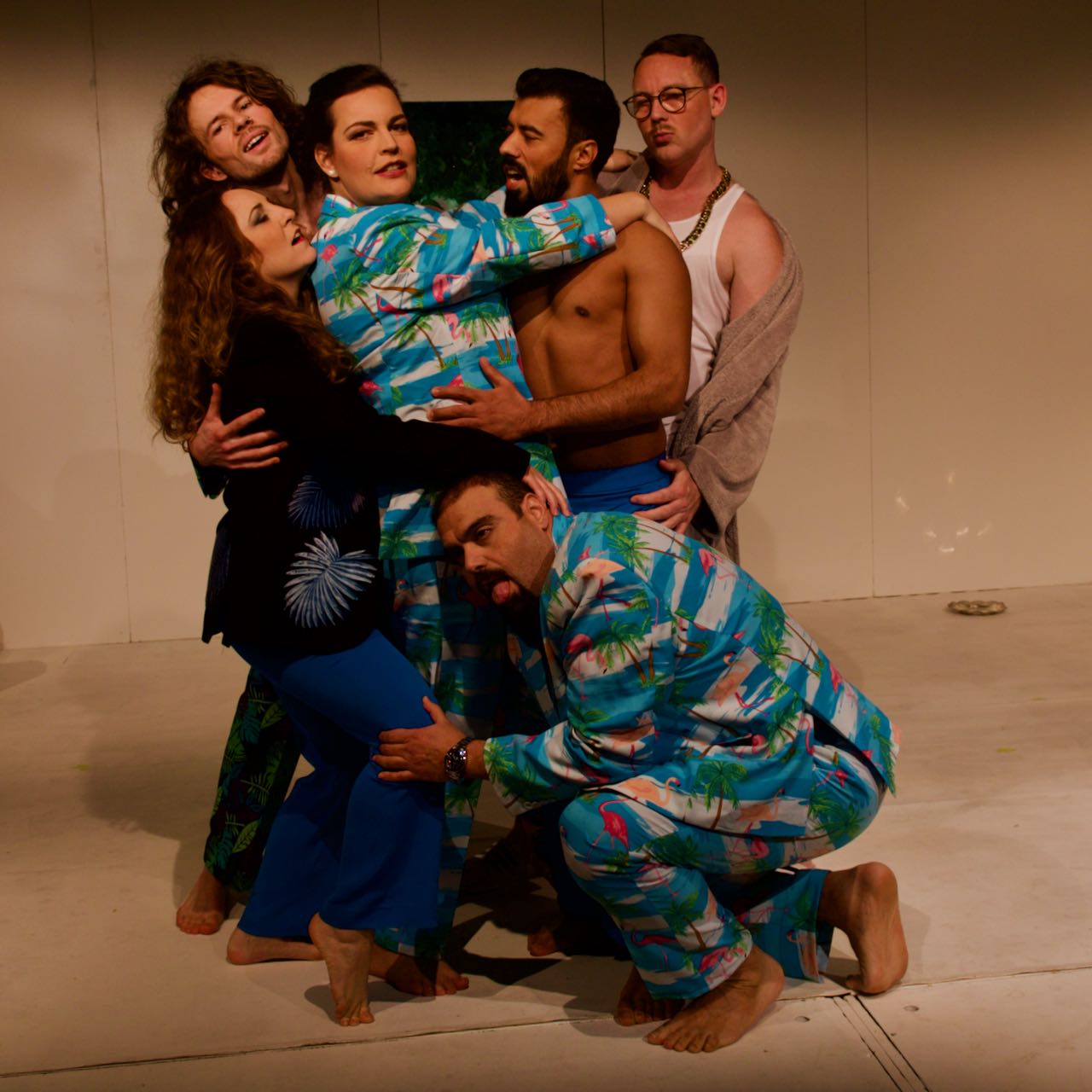
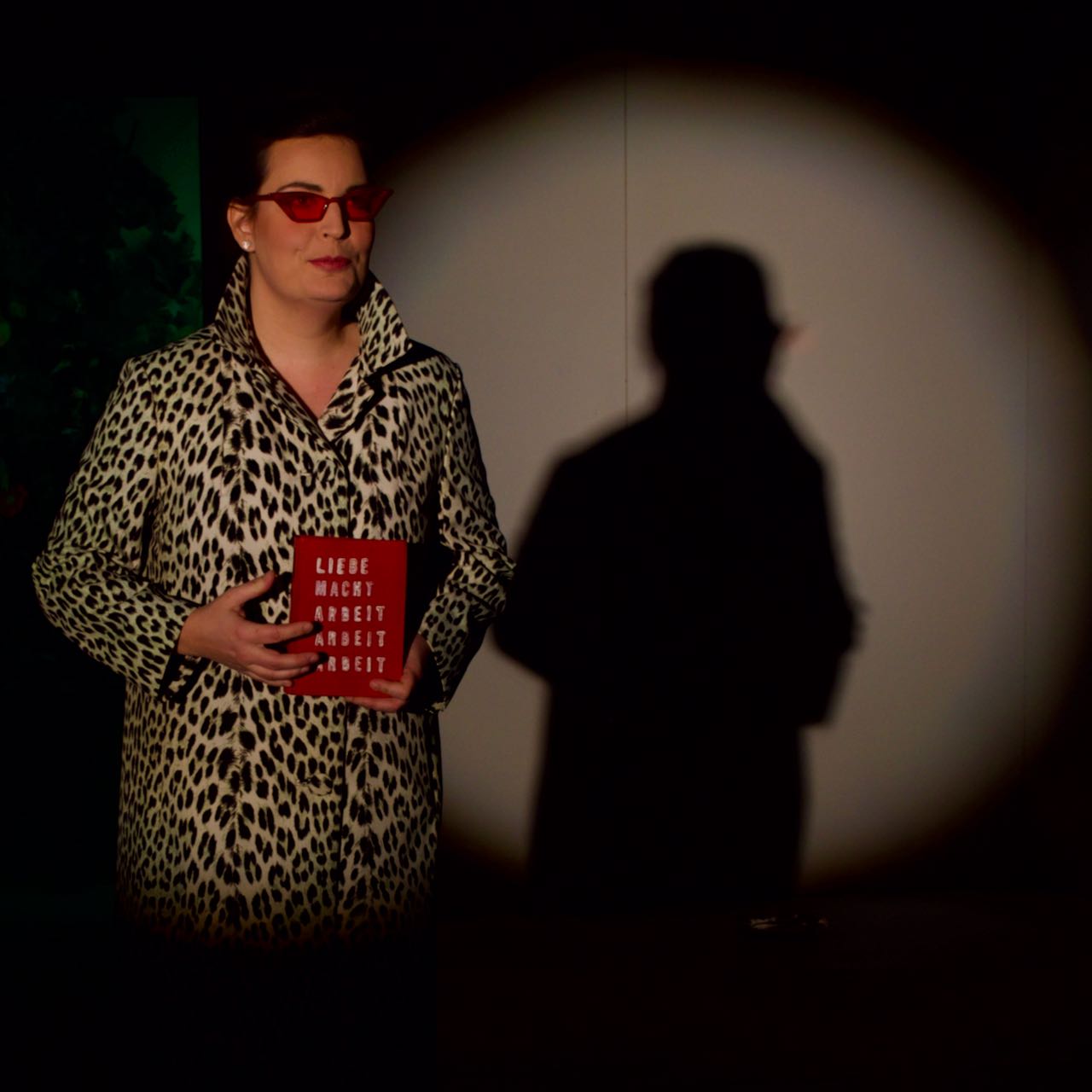
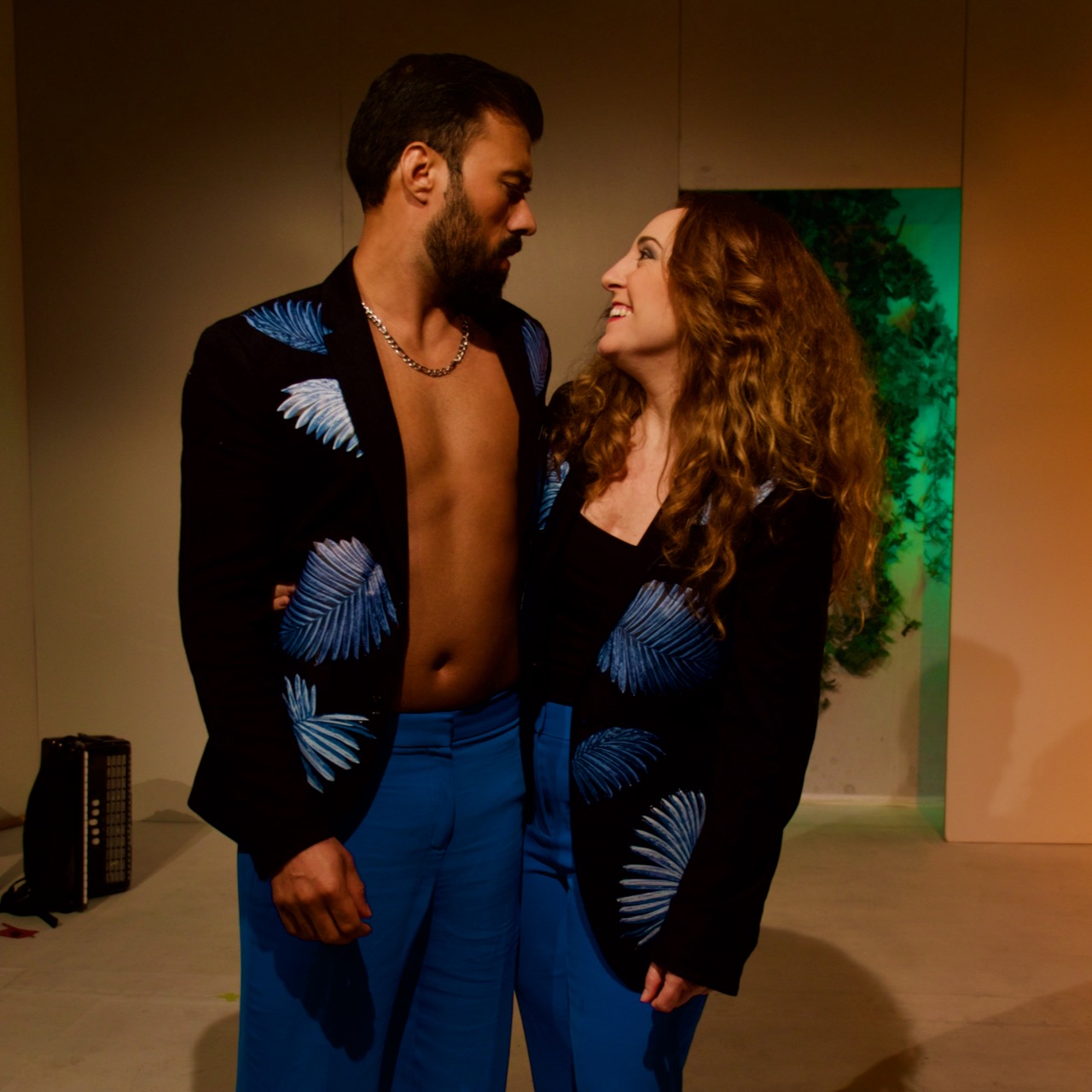
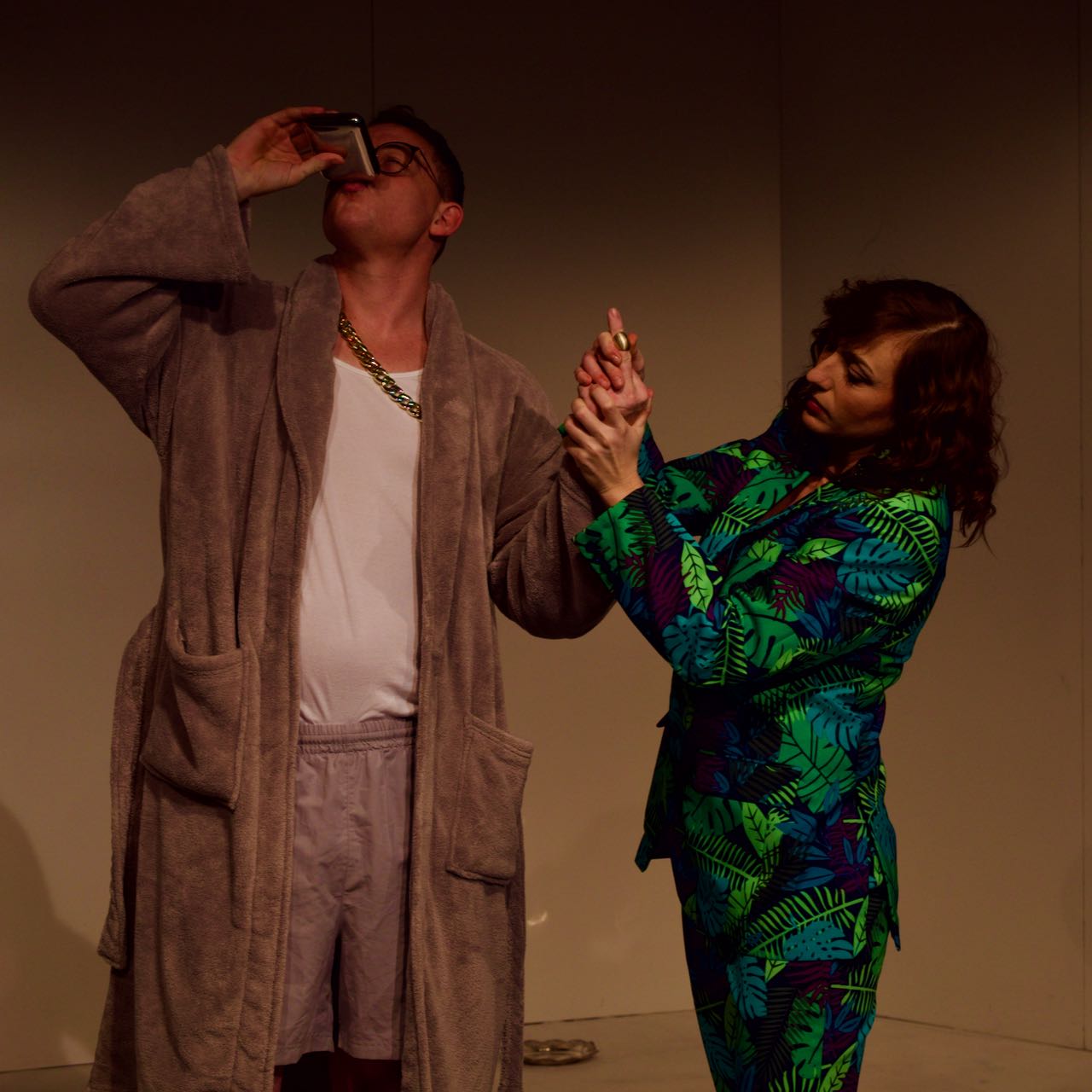
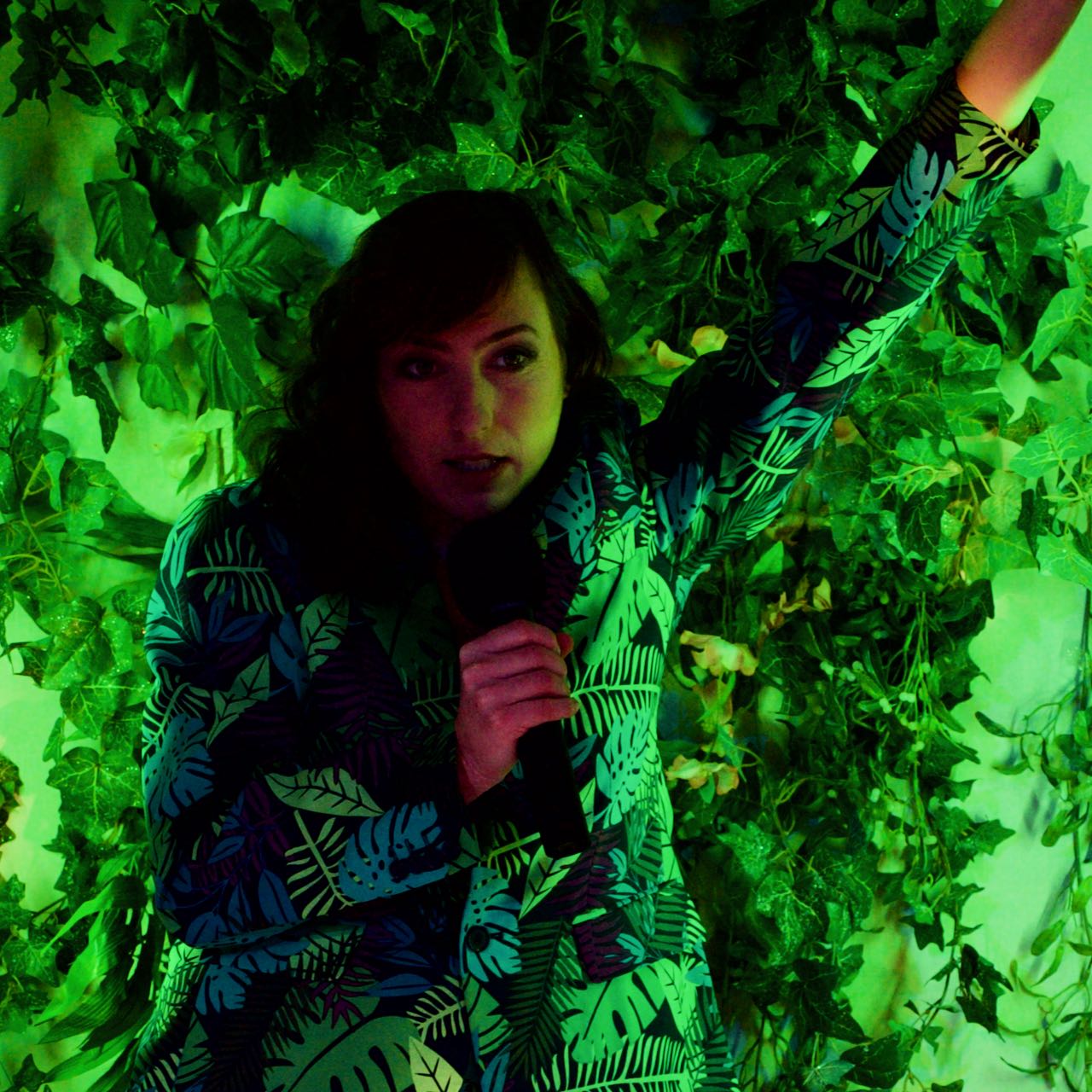
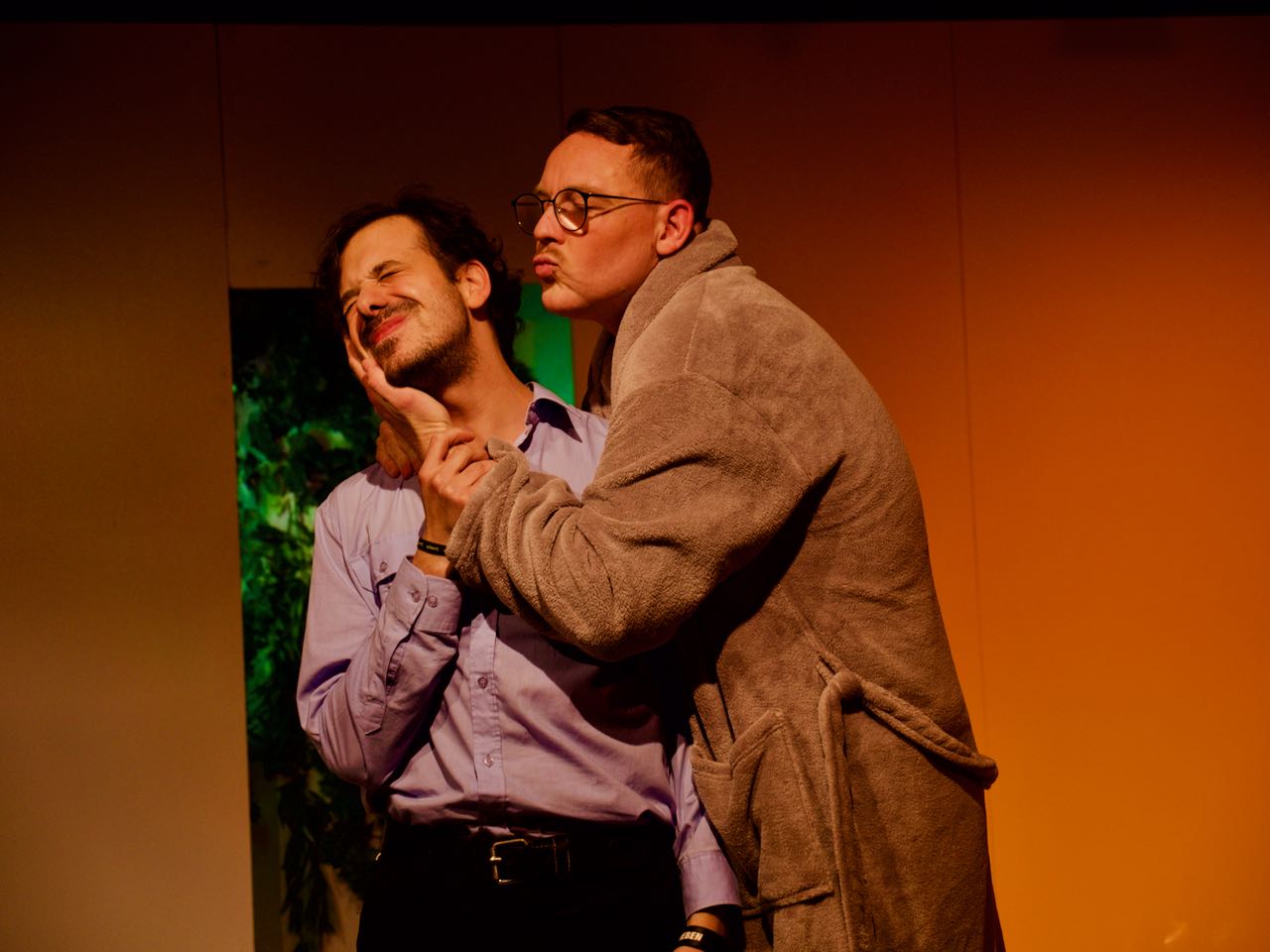
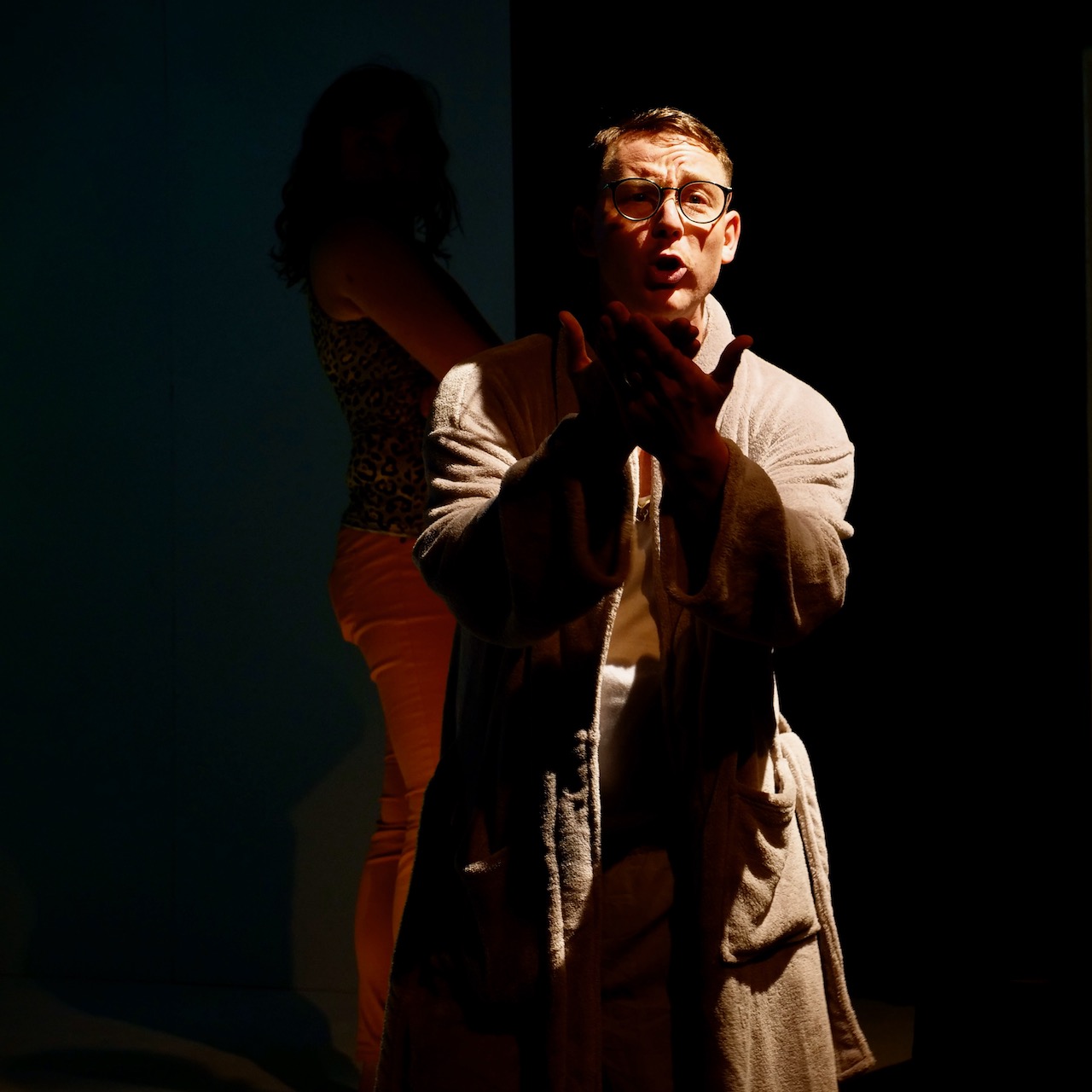
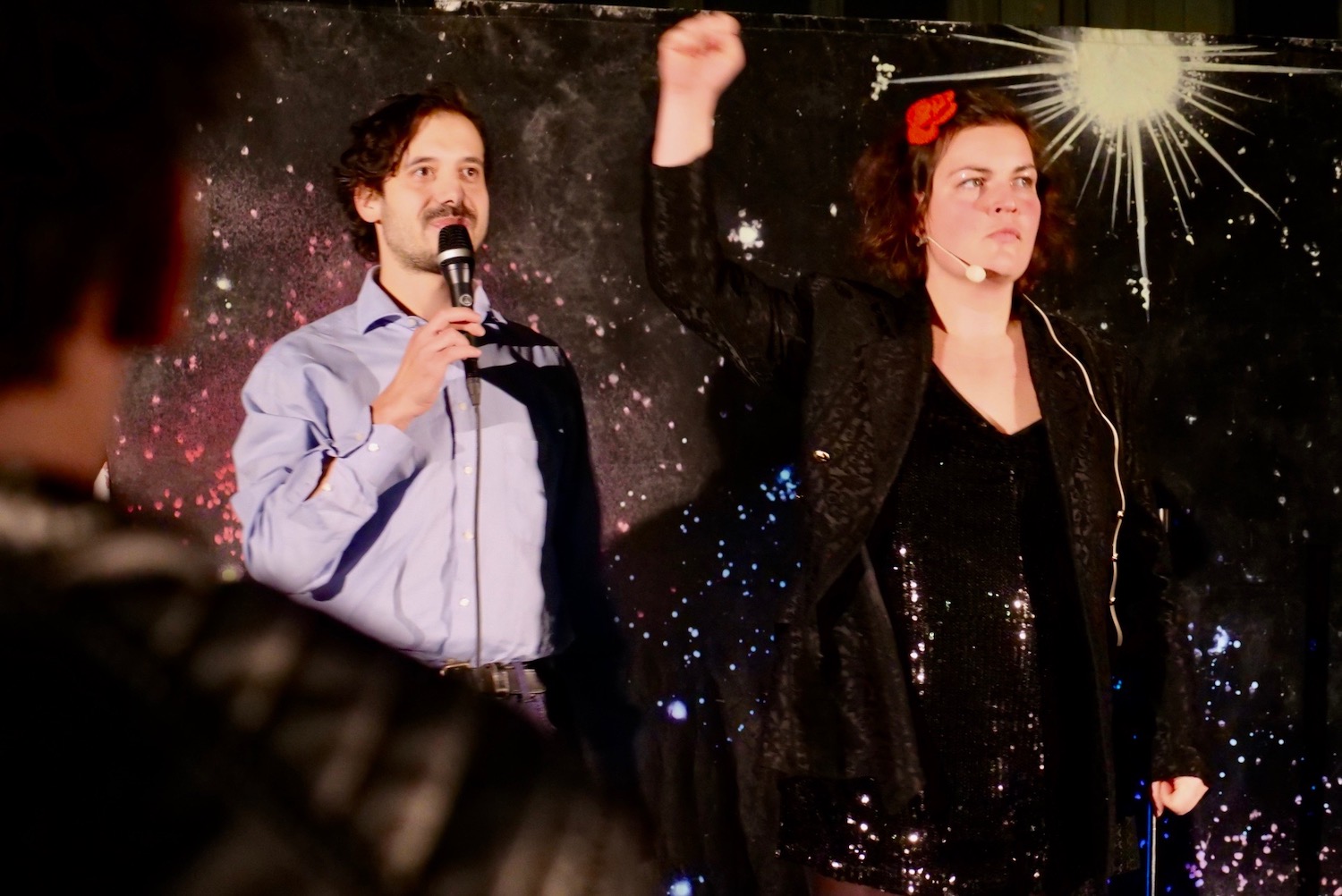
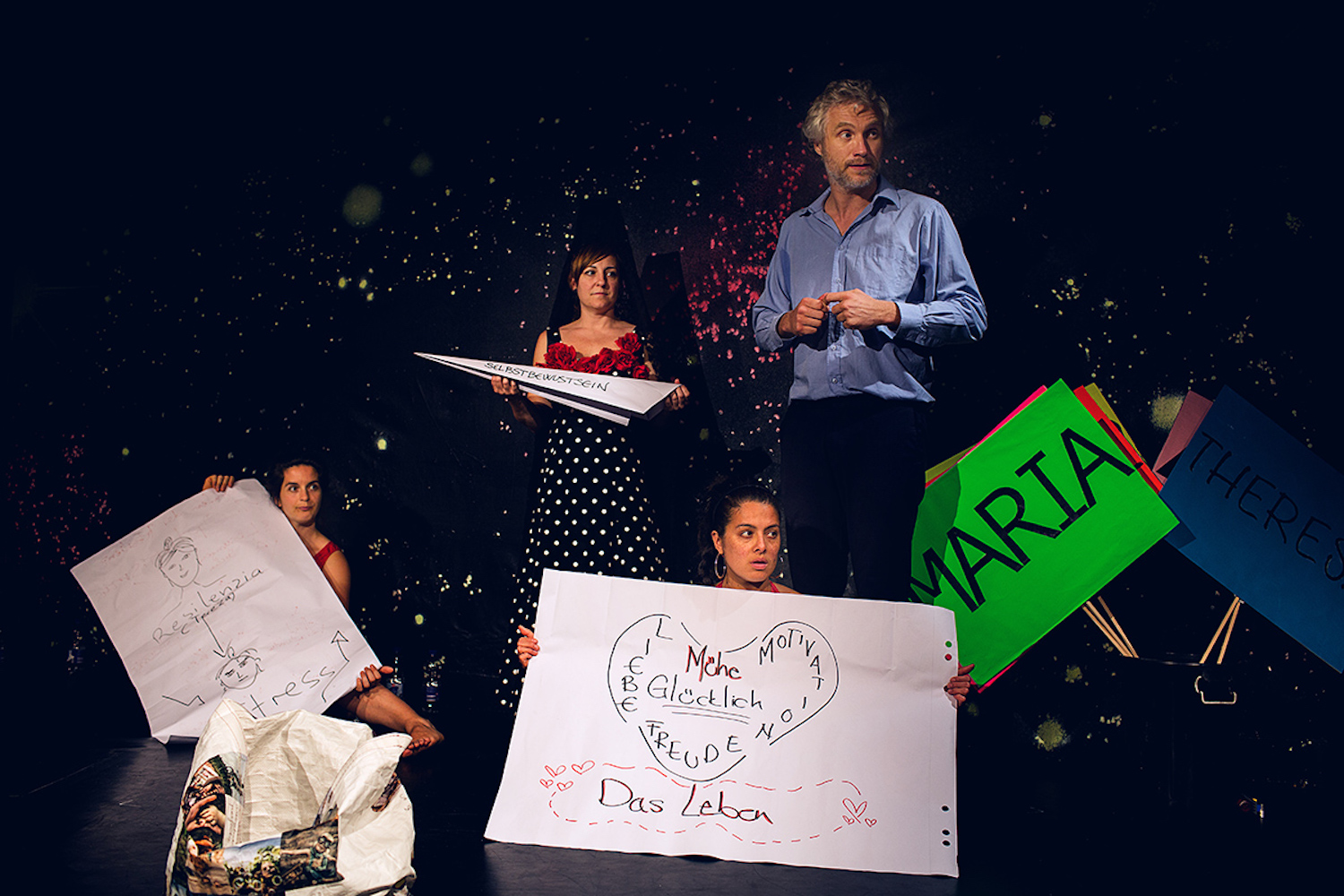
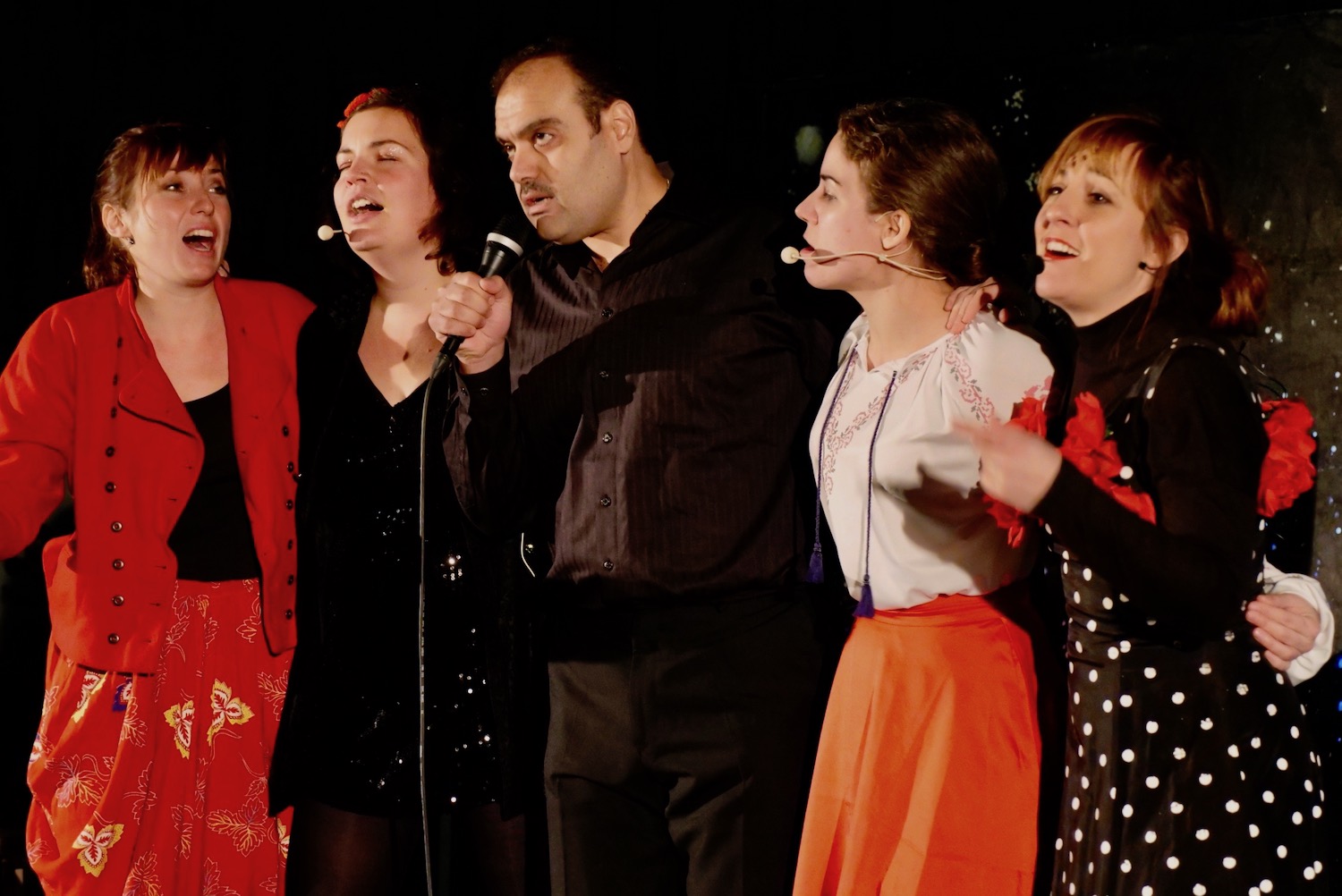
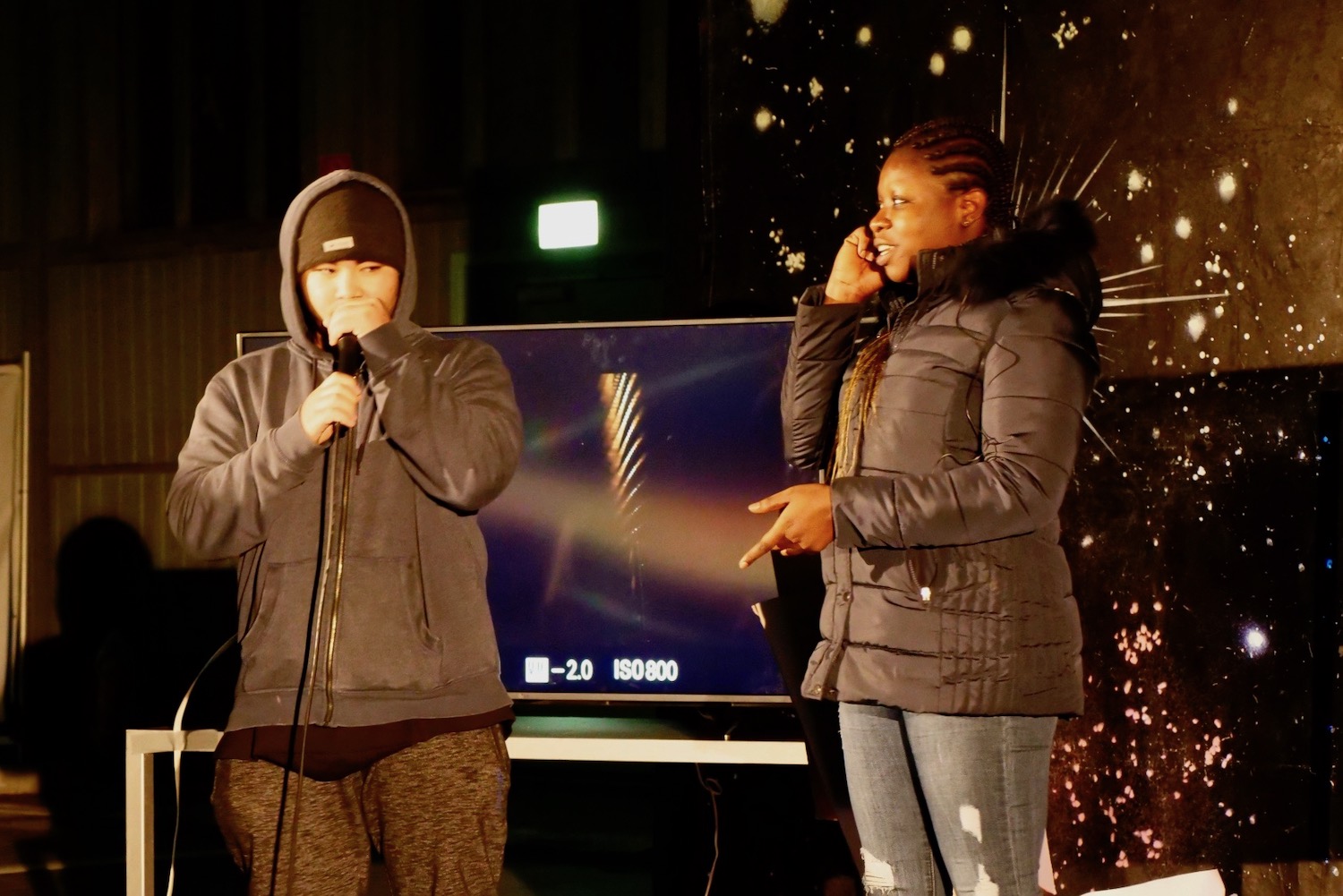
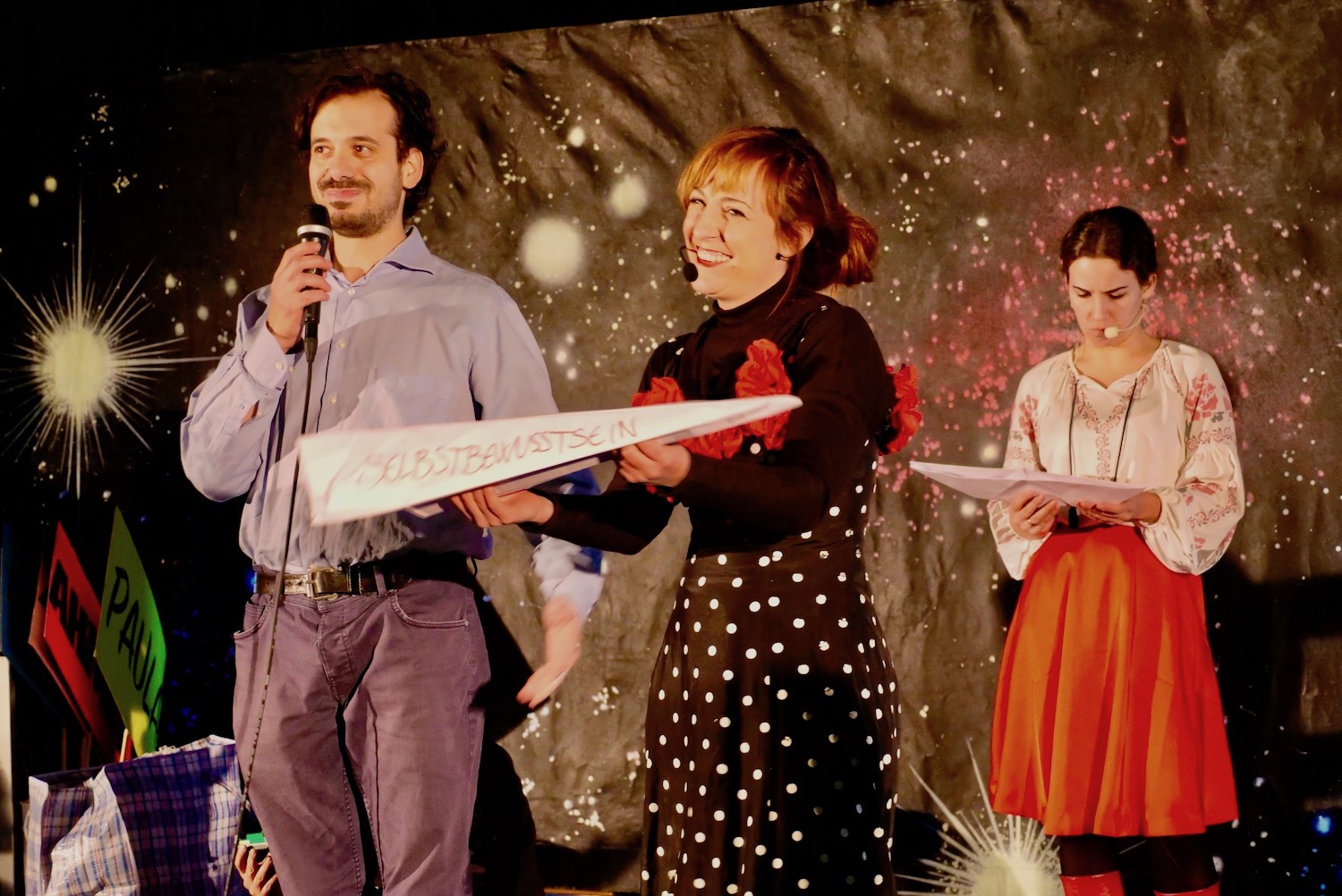
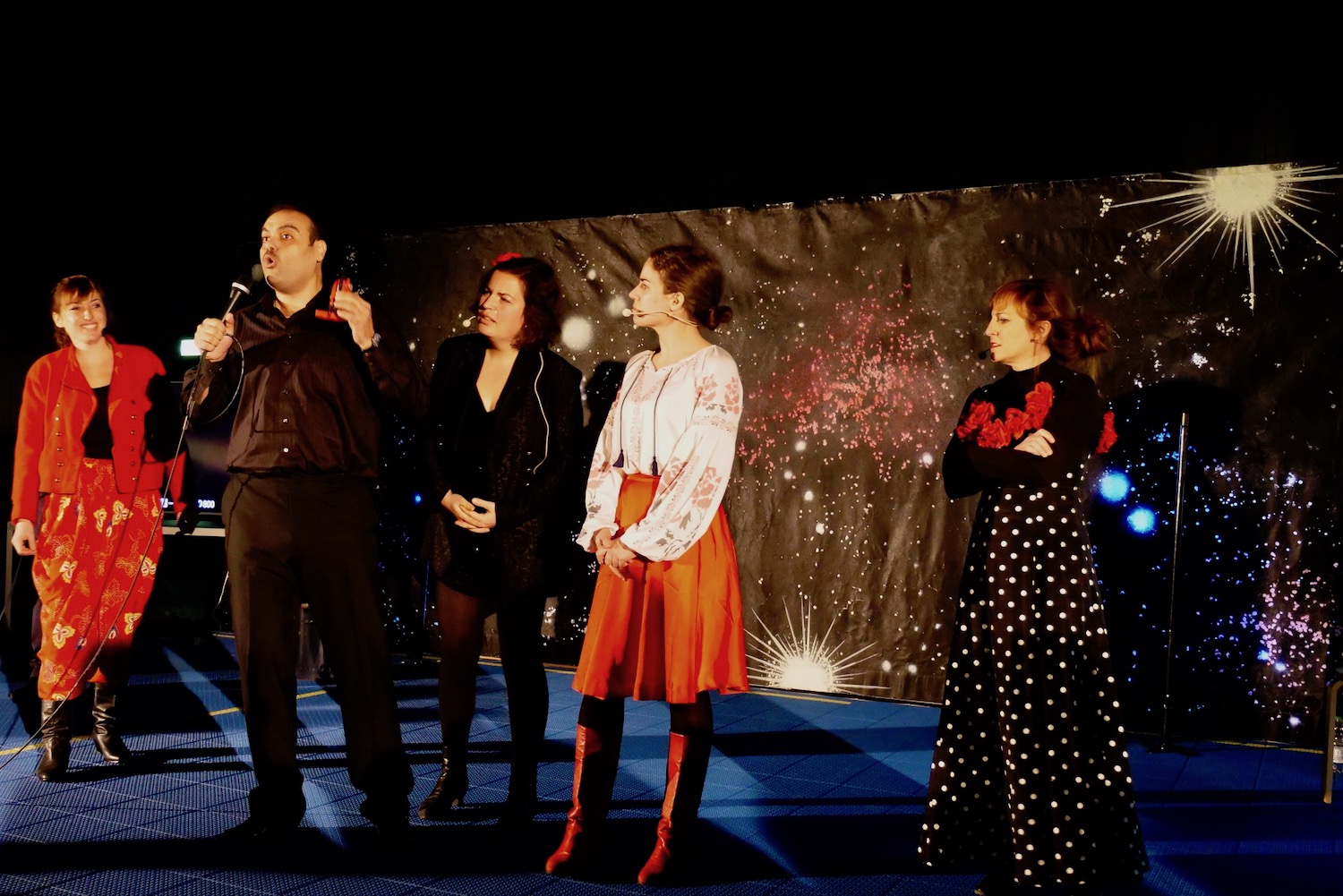
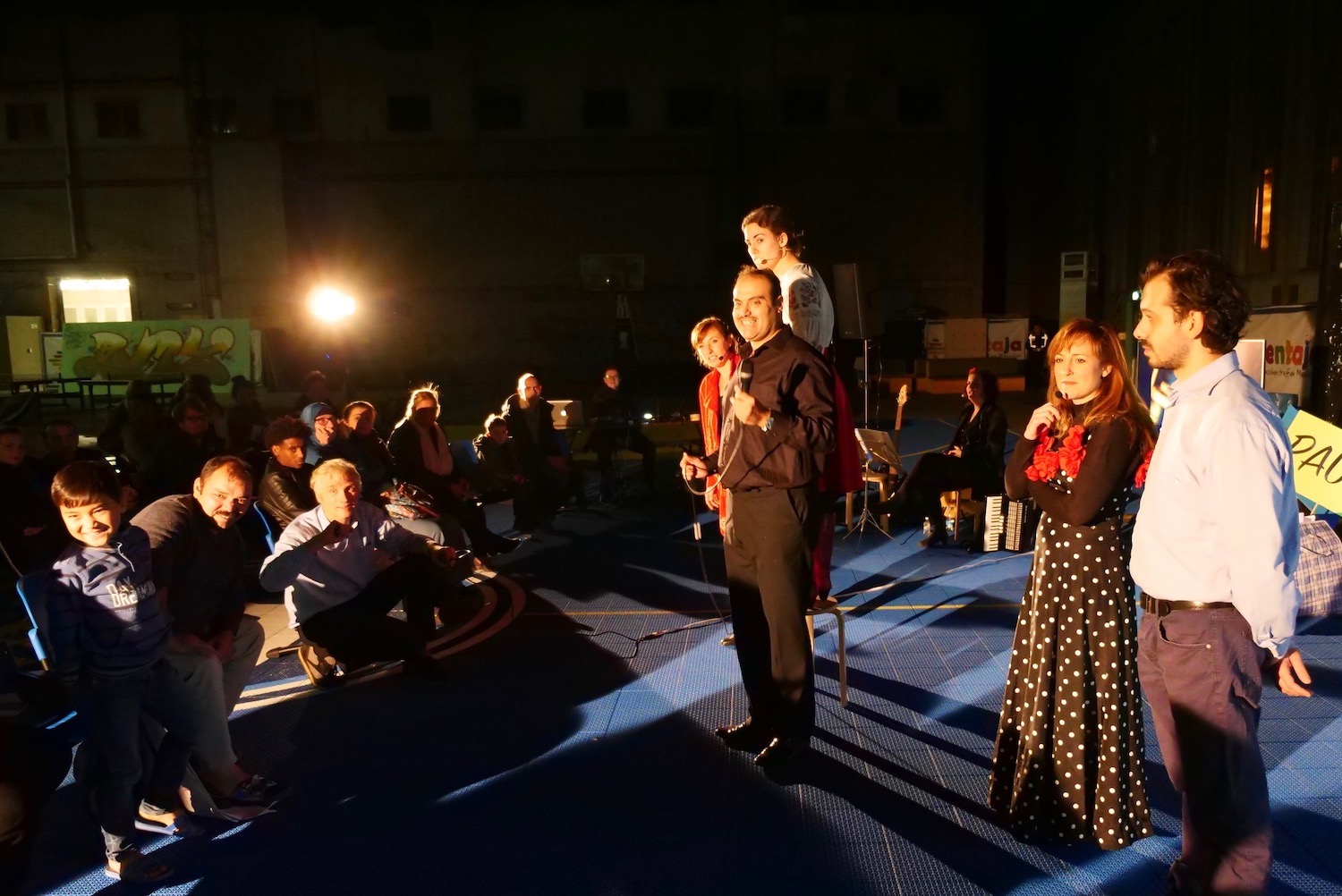

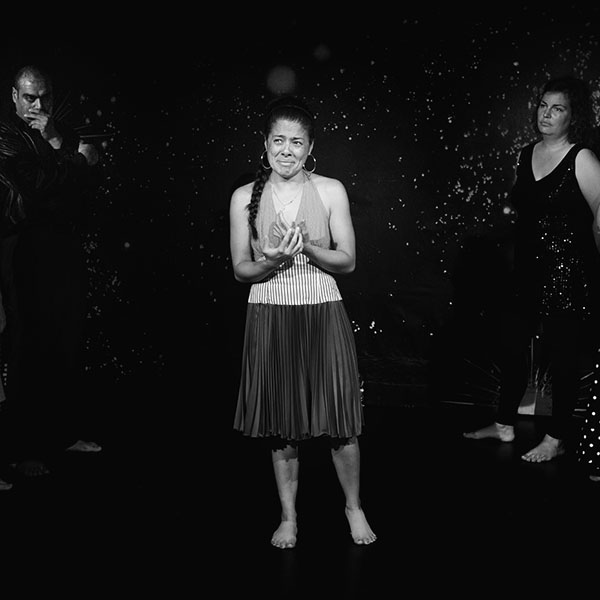
2018 in our first production "AUF & Abprall - von der Kunst Krisen zu meistern" ("Bounce - the art to manage crisis"), the topic of "resilience", a psychological resistance that connects us with each other and with the public as well. Are you adaptable, resilient, attentive, efficient and clever?
Are you more of the vulnerable type, who displaces problems or are you avoiding confrontations altogether? How do you pay attention to your mental health? In a humorous and dramatic way, the Ensemble der Zerstreuten questions why some people are more resilient than others and what the secret behind a healthy self-confidence is. There is no universal solution, but different perspectives from different cultures. The common search for the key to resilience is accompanied by live music.
with: Habibullah Bigzada, Franziska Kohlhoff, Sarah König, Diana Londono, Claudia Pomares, Houssam Safari, Christine Wünsch und Jens Vilela Neumann (Directing & Text). Stage and costume: Nicole Timm Technical support: Susi Wolff
Founding members of the scattered are:
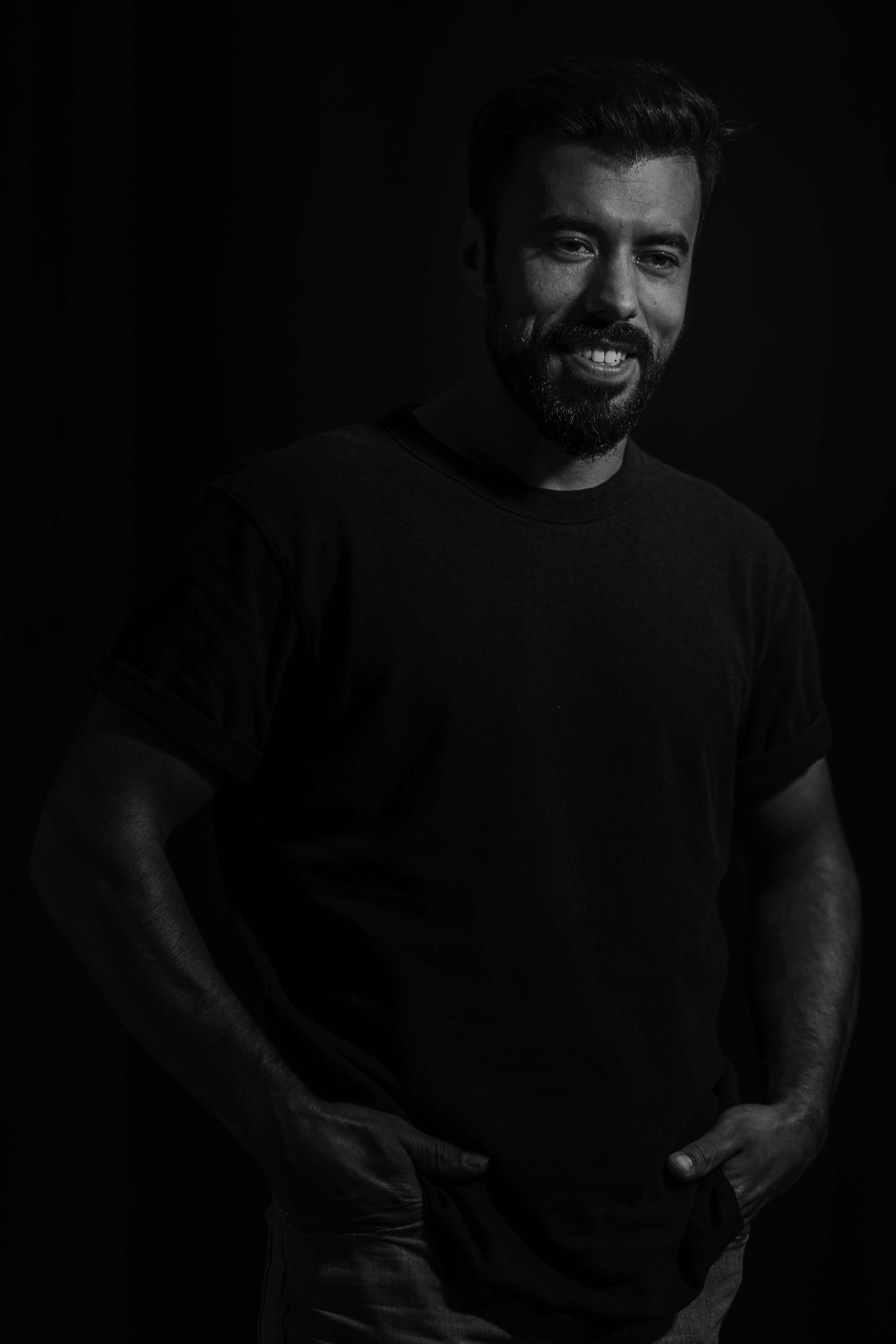
When Jabbar Mohammadi came to Berlin from Afghanistan in 2015, he immediately started acting. It helps him to learn German. But above all, he loves to slip into other roles and emotions and to observe people's reactions to his acting.
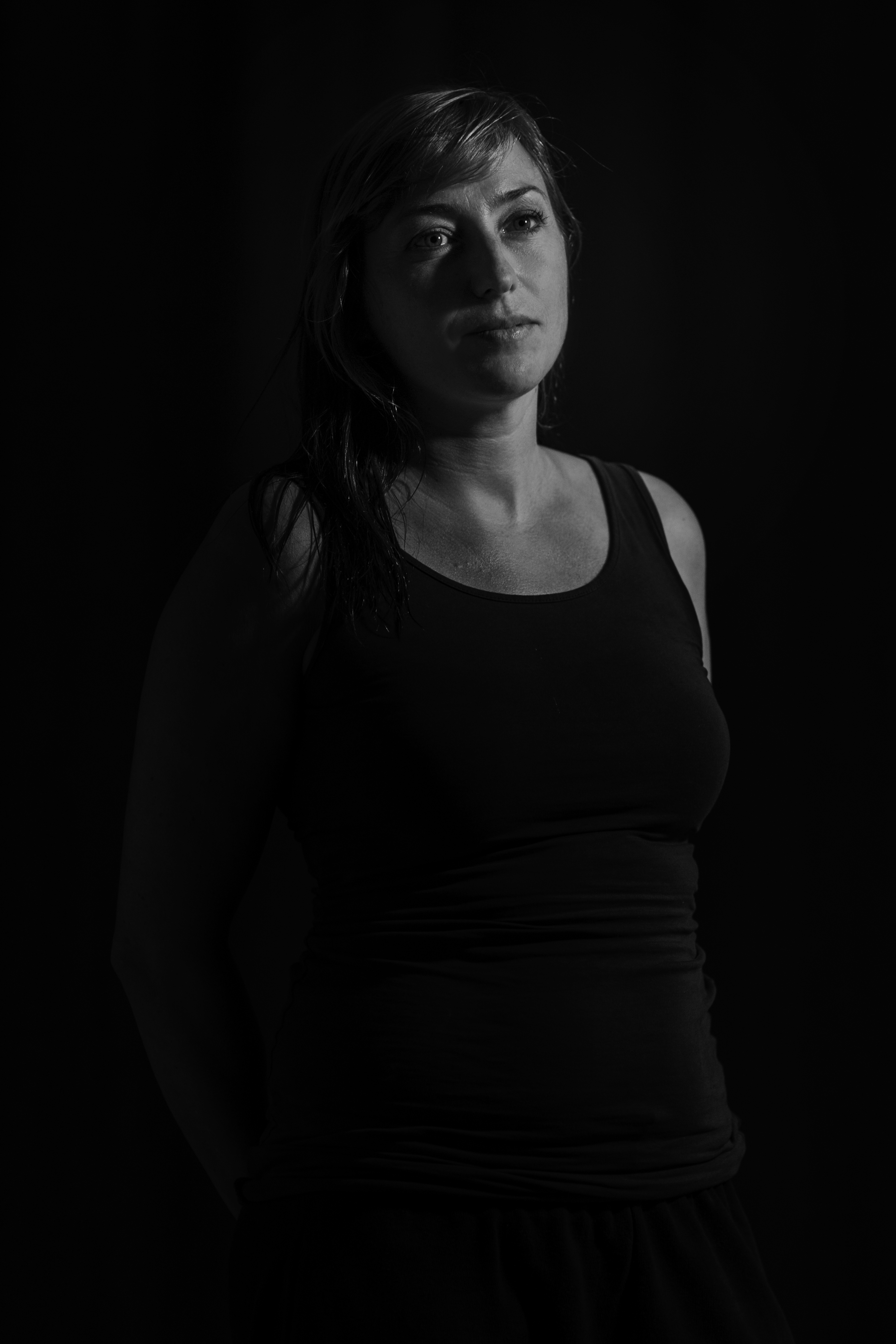
Christine Wünsch is a Berliner, theatre scholar and has been acting in several theatre productions since her youth. Theatre is her passion, so to speak, alongside music, because Christine loves to be part of a great work of art.
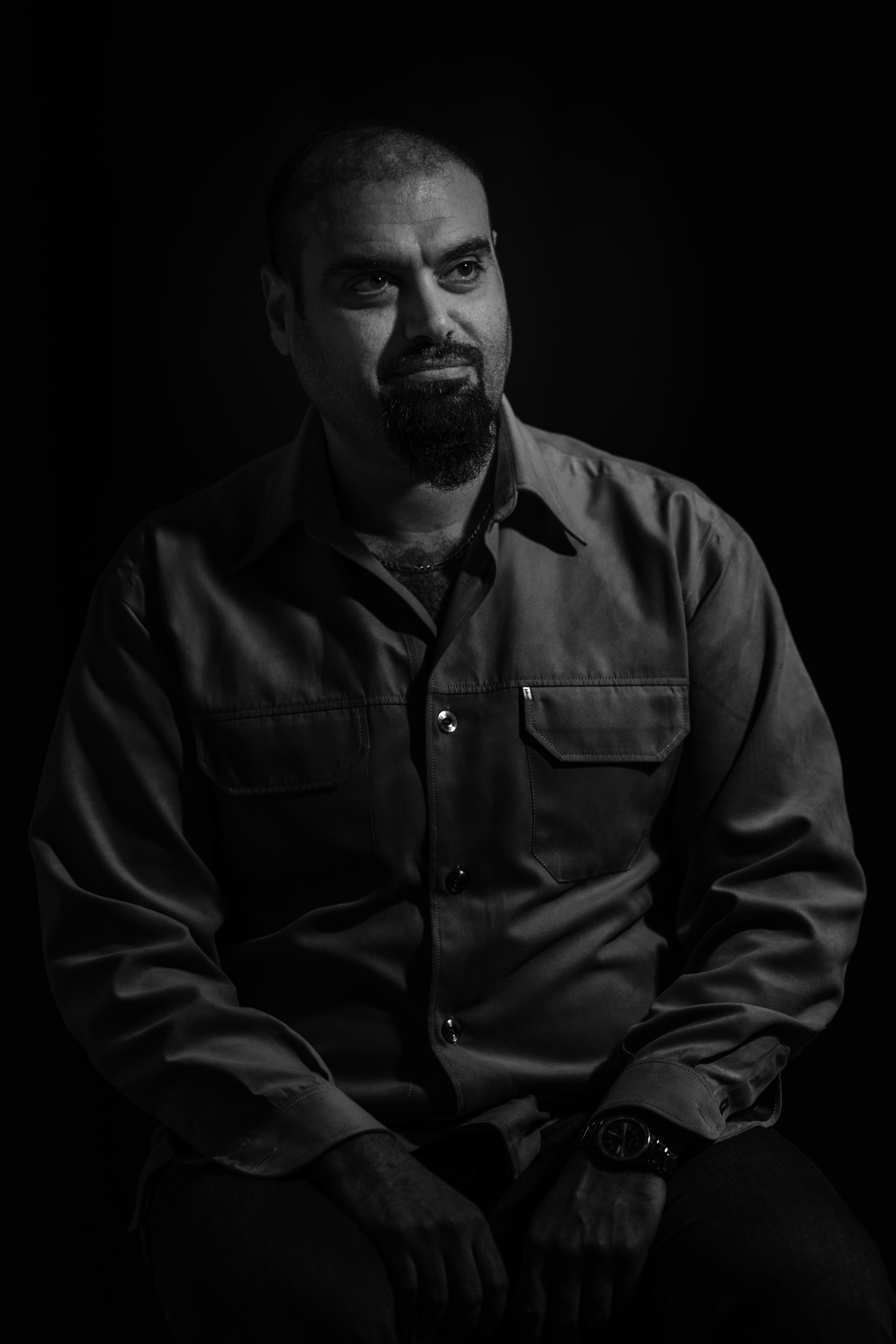
Hosam Safari fled Syria to Berlin in 2016. He is a popular comedian in Syria. He enjoys interacting with other people in front of an audience as well as immersing himself in different emotional worlds.
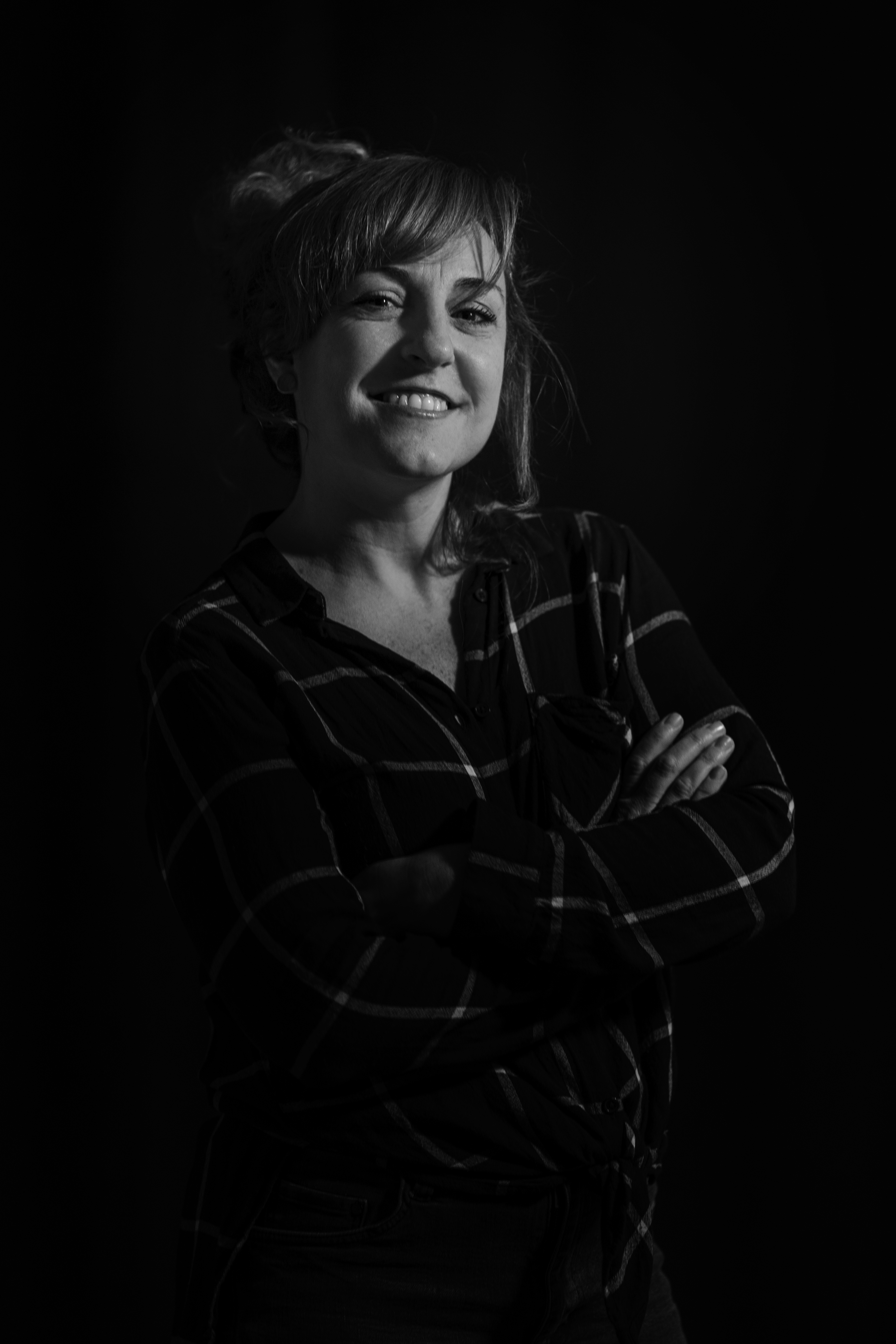
Claudia Pomares left her Spanish home country in 2013 and has been living in Berlin ever since. She likes to put herself in other people's emotions, which helps her in her theatre work. Other roles and playing together with different people inspire her.
The "Scattered" currently: from left to right: Jabbar Mohammadi, Christine Wünsch, Alvaro Sanchez Rosero, Jens Vilela Neumann, Olga Bauer, Nadine Gernandt, Houssam Safari, Florian Ritter (behind the camera).
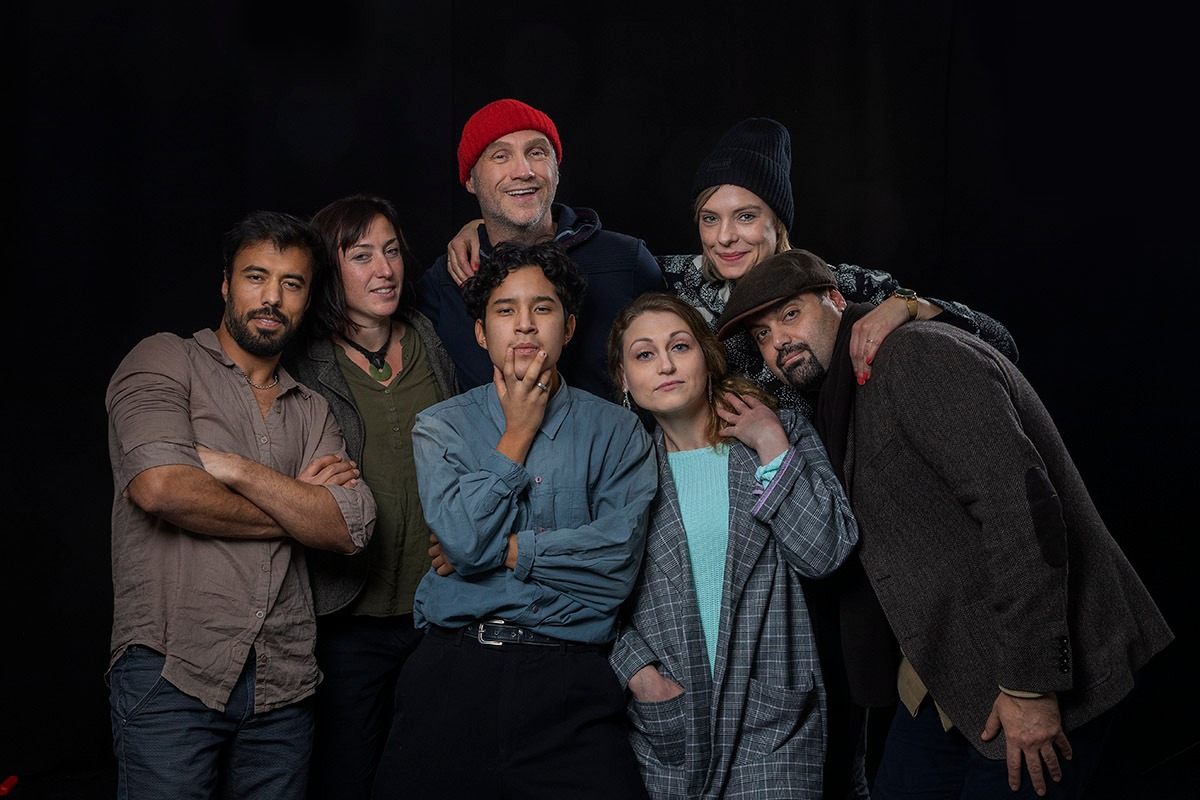
With the kind support of the District Office Treptow-Köpenick of Berlin, Office for Further Education and Culture
